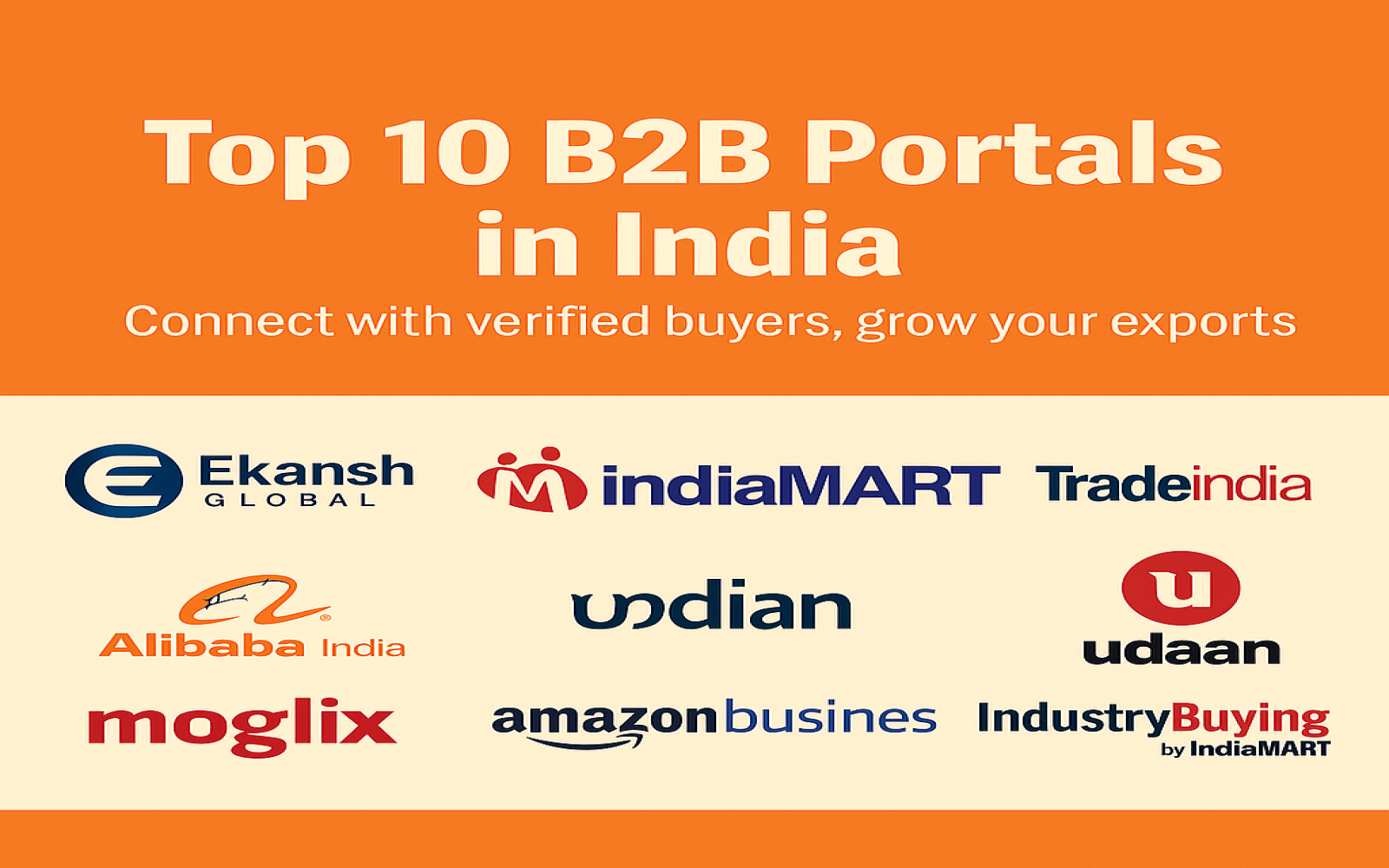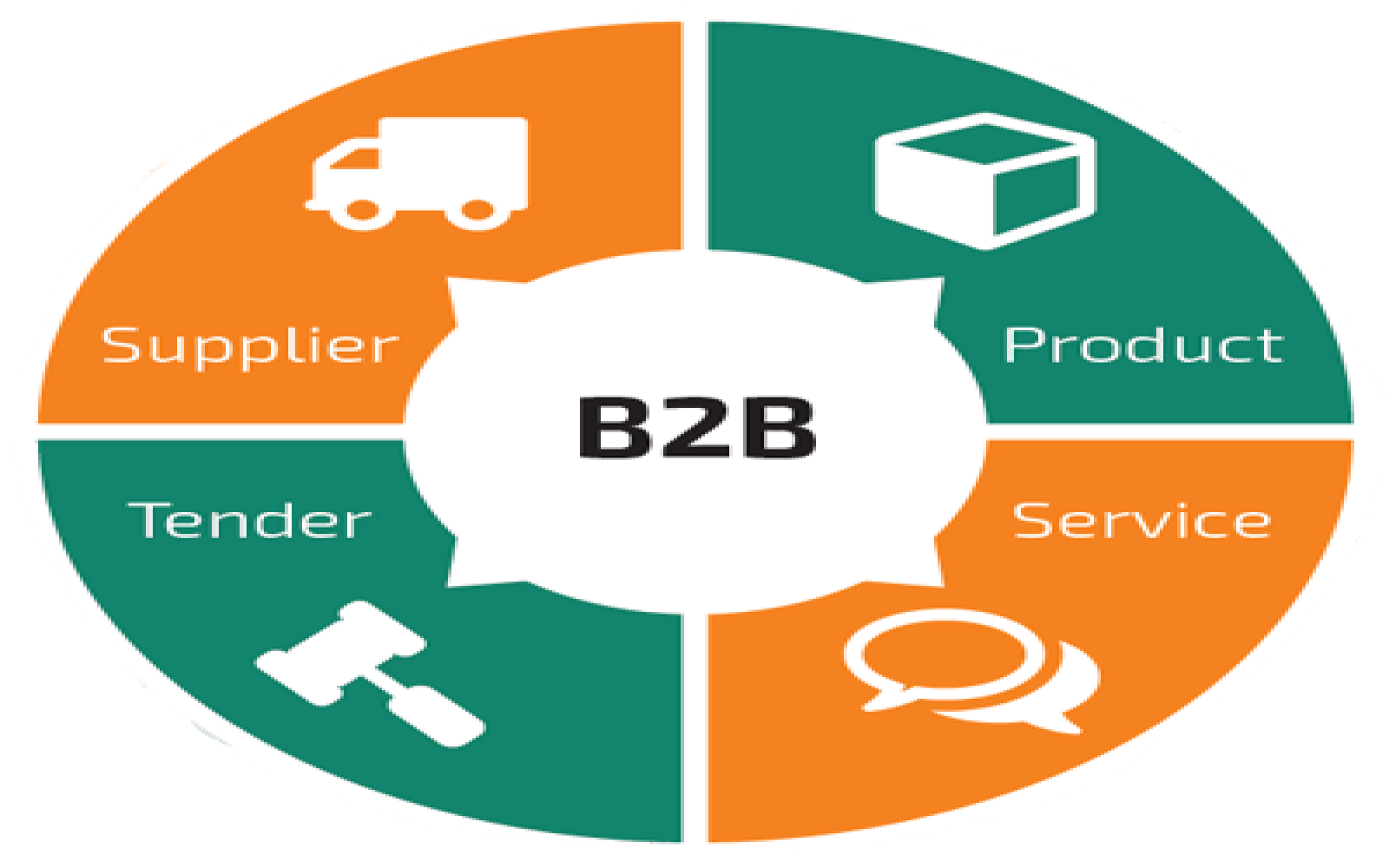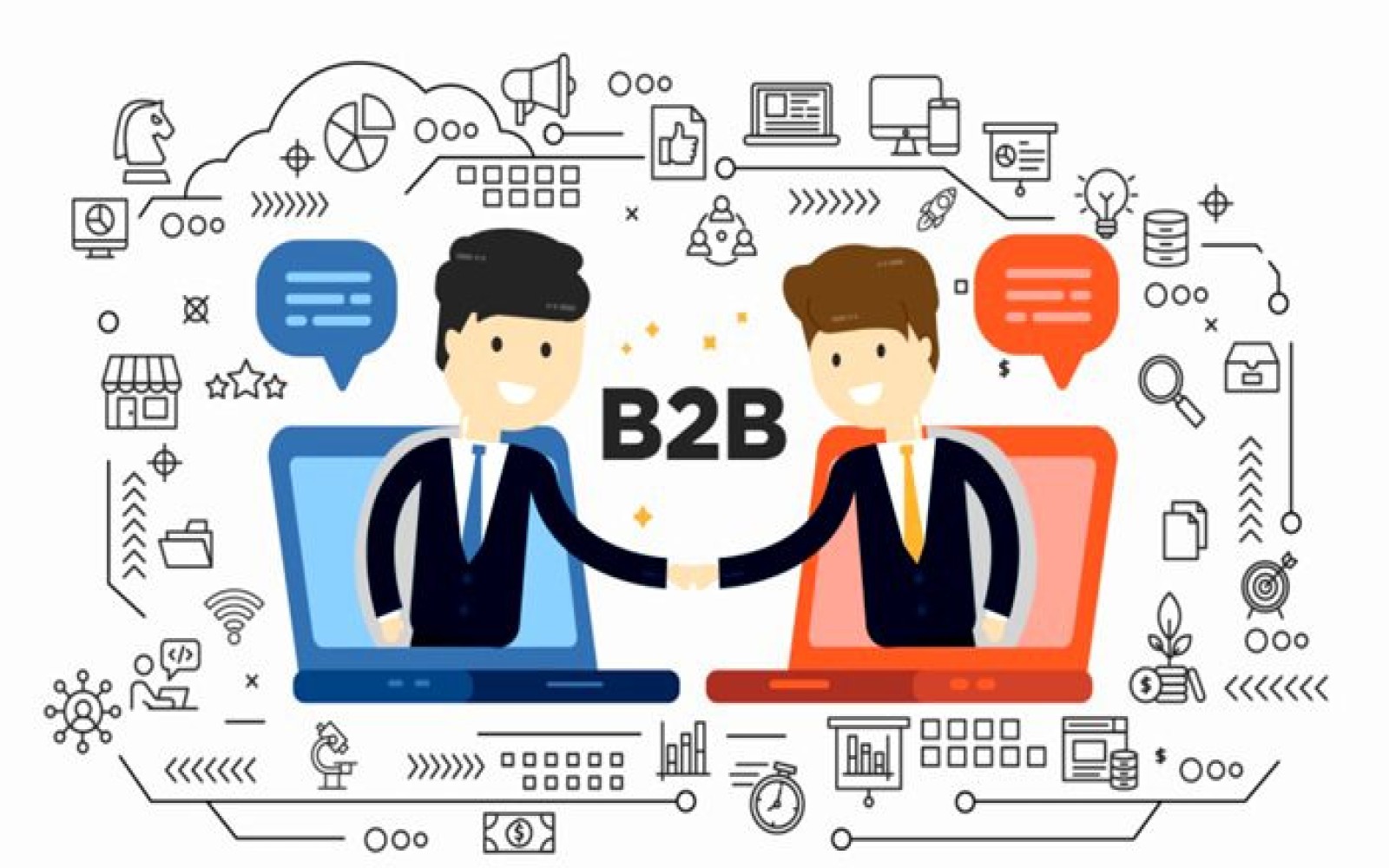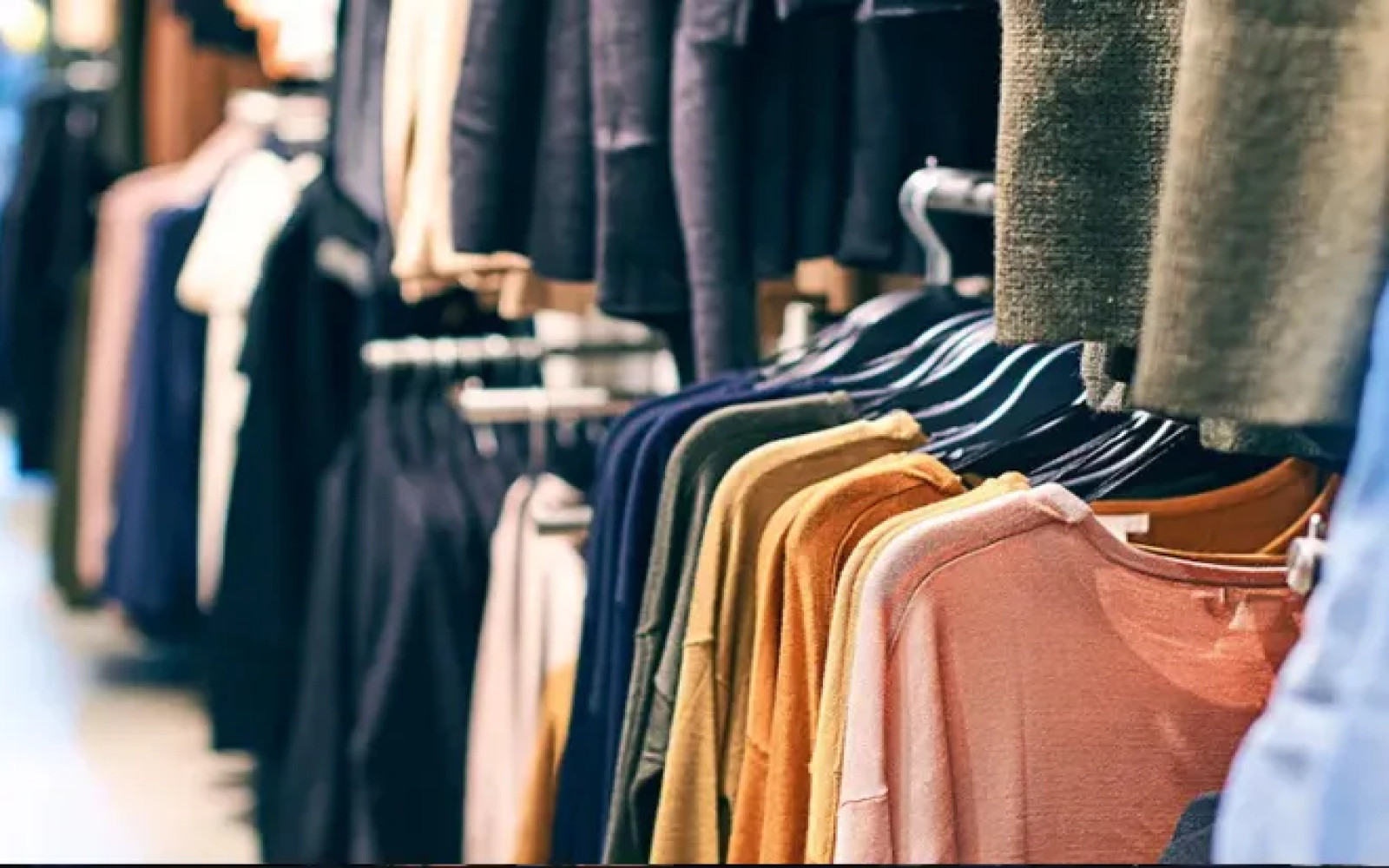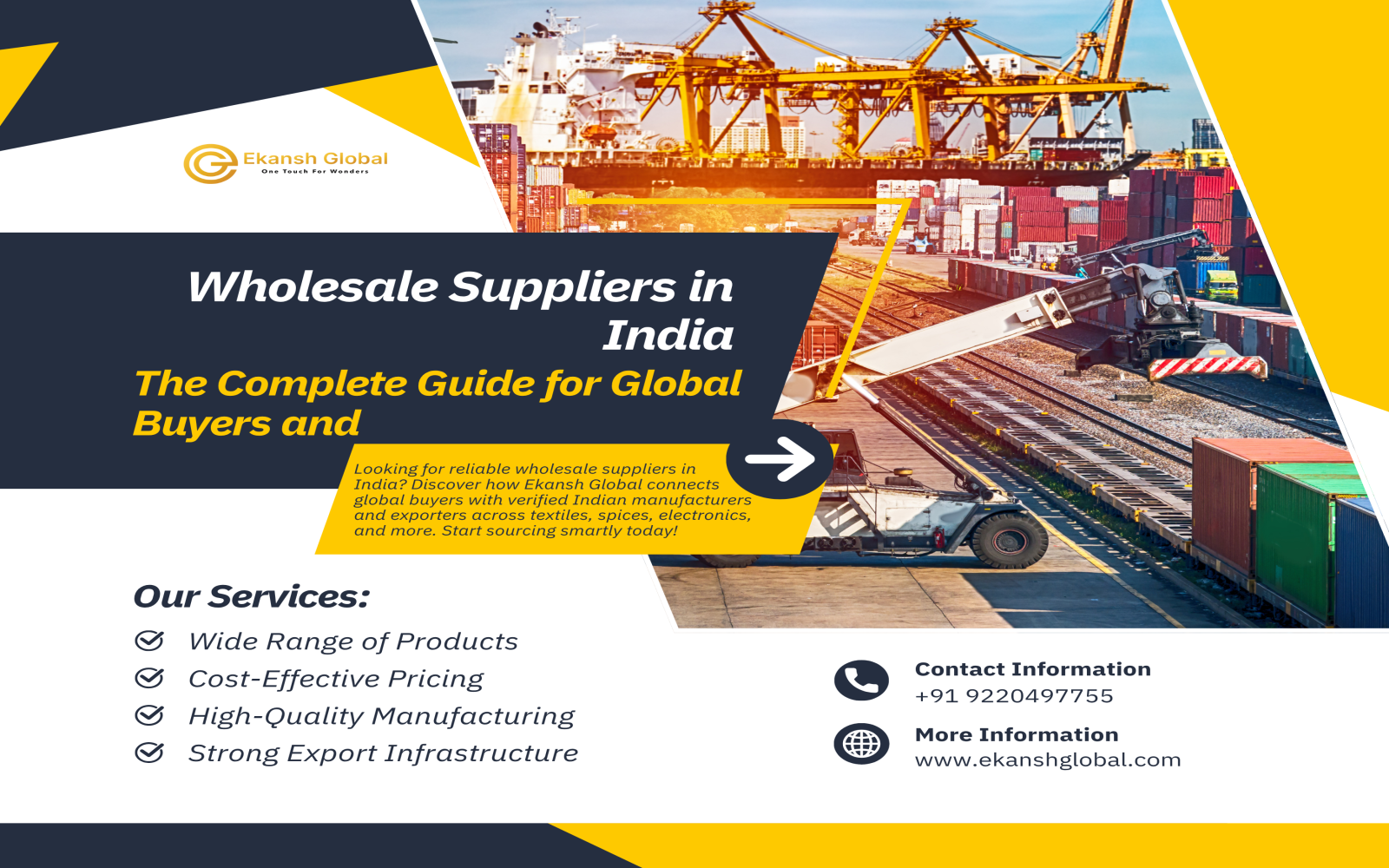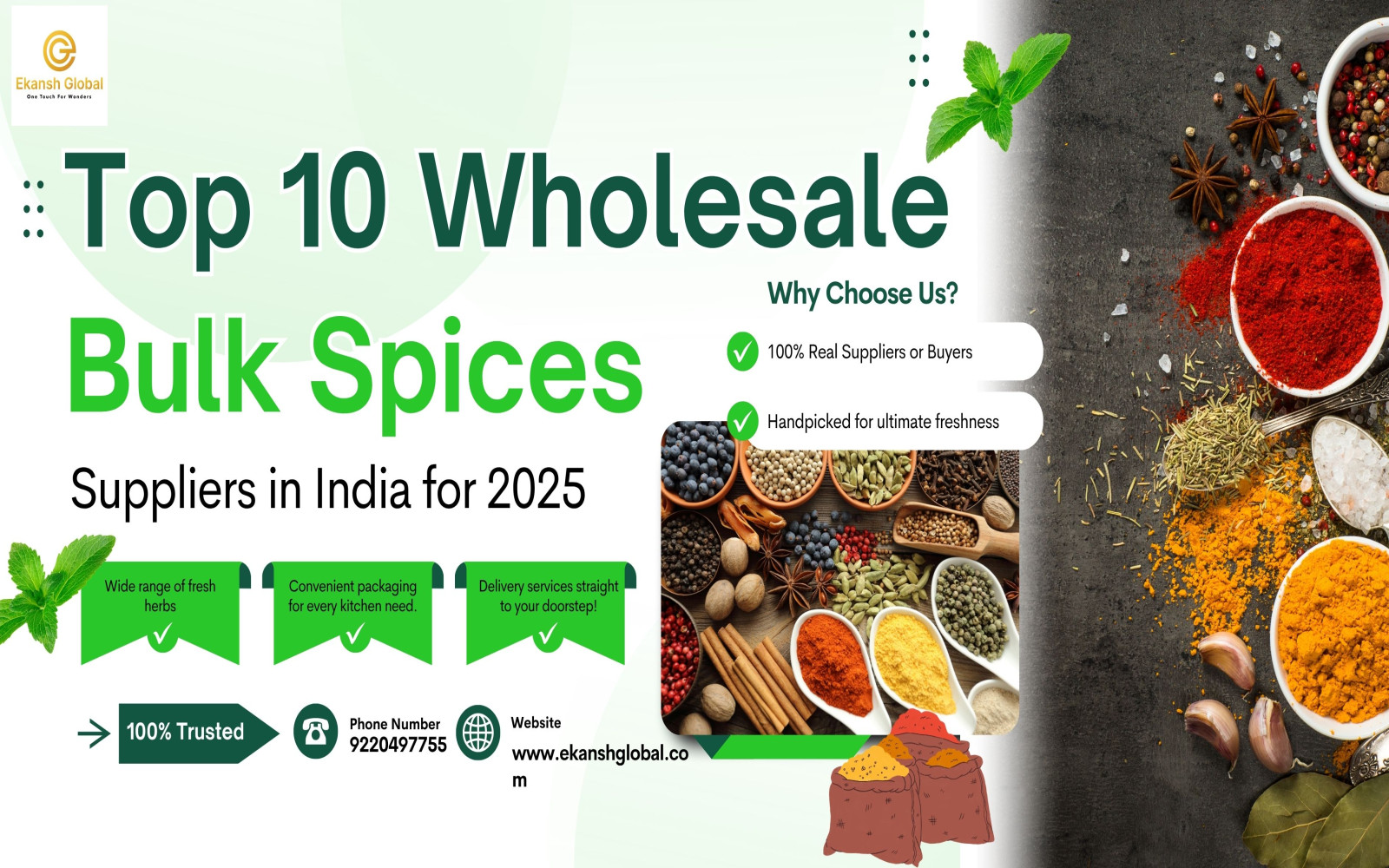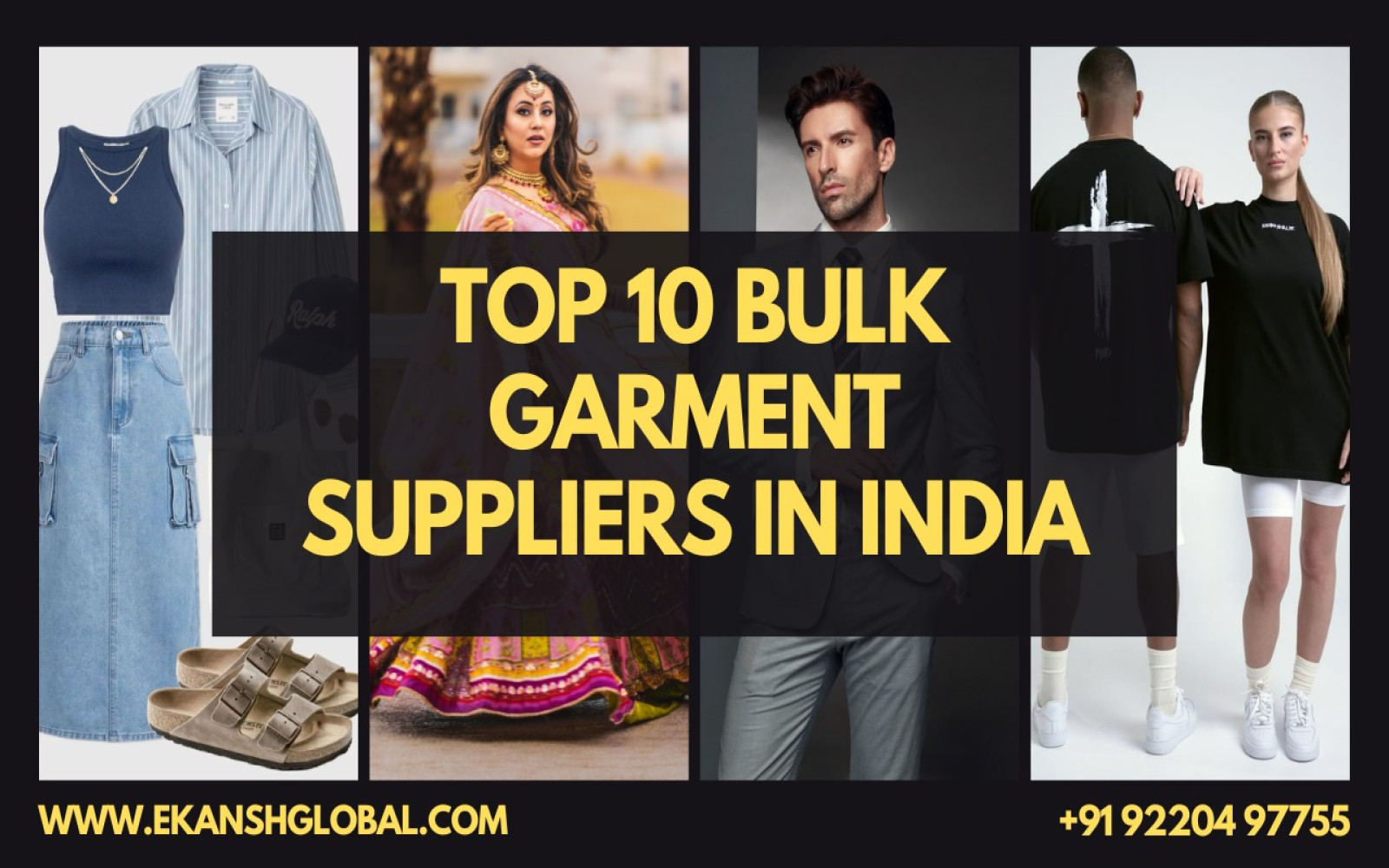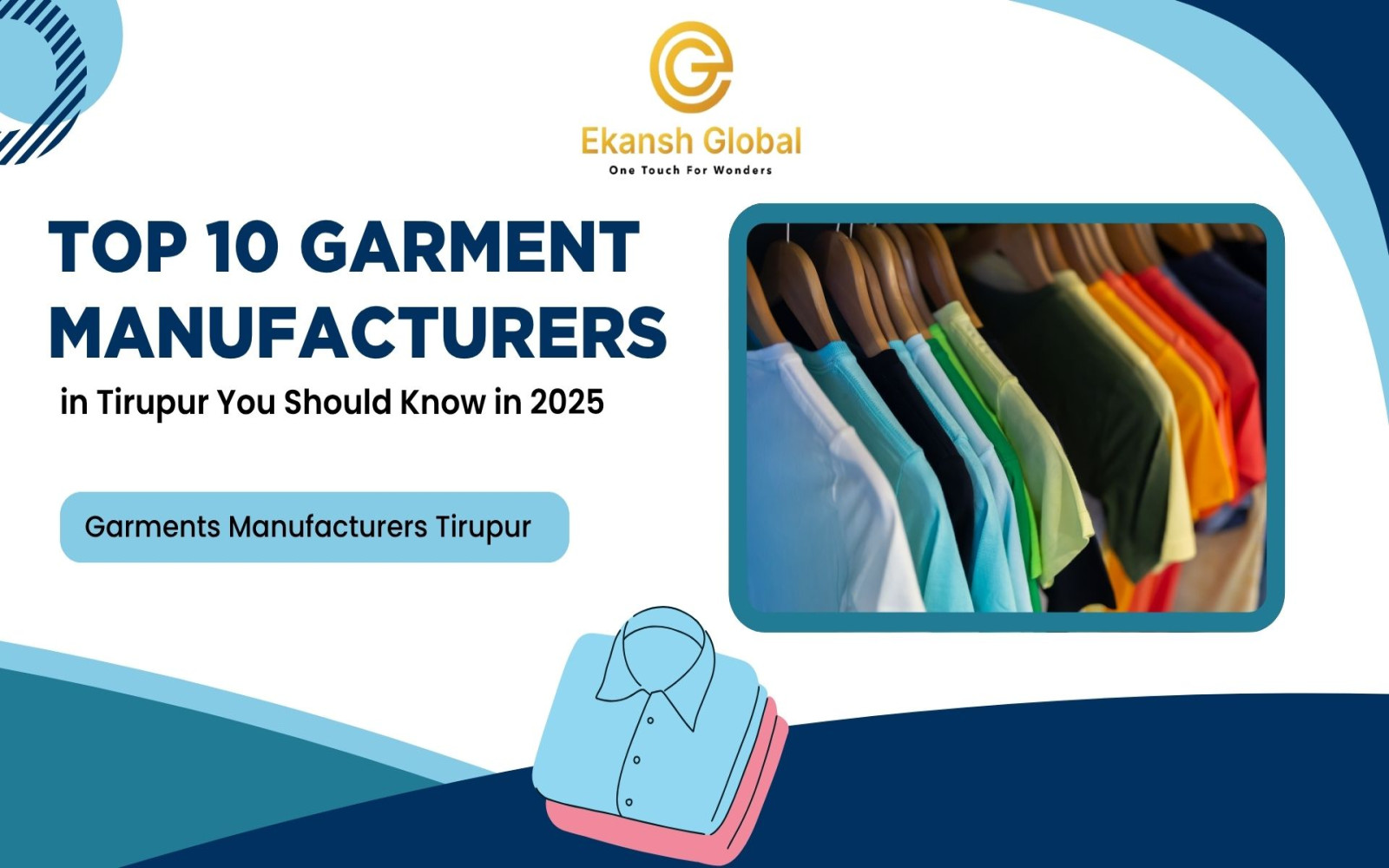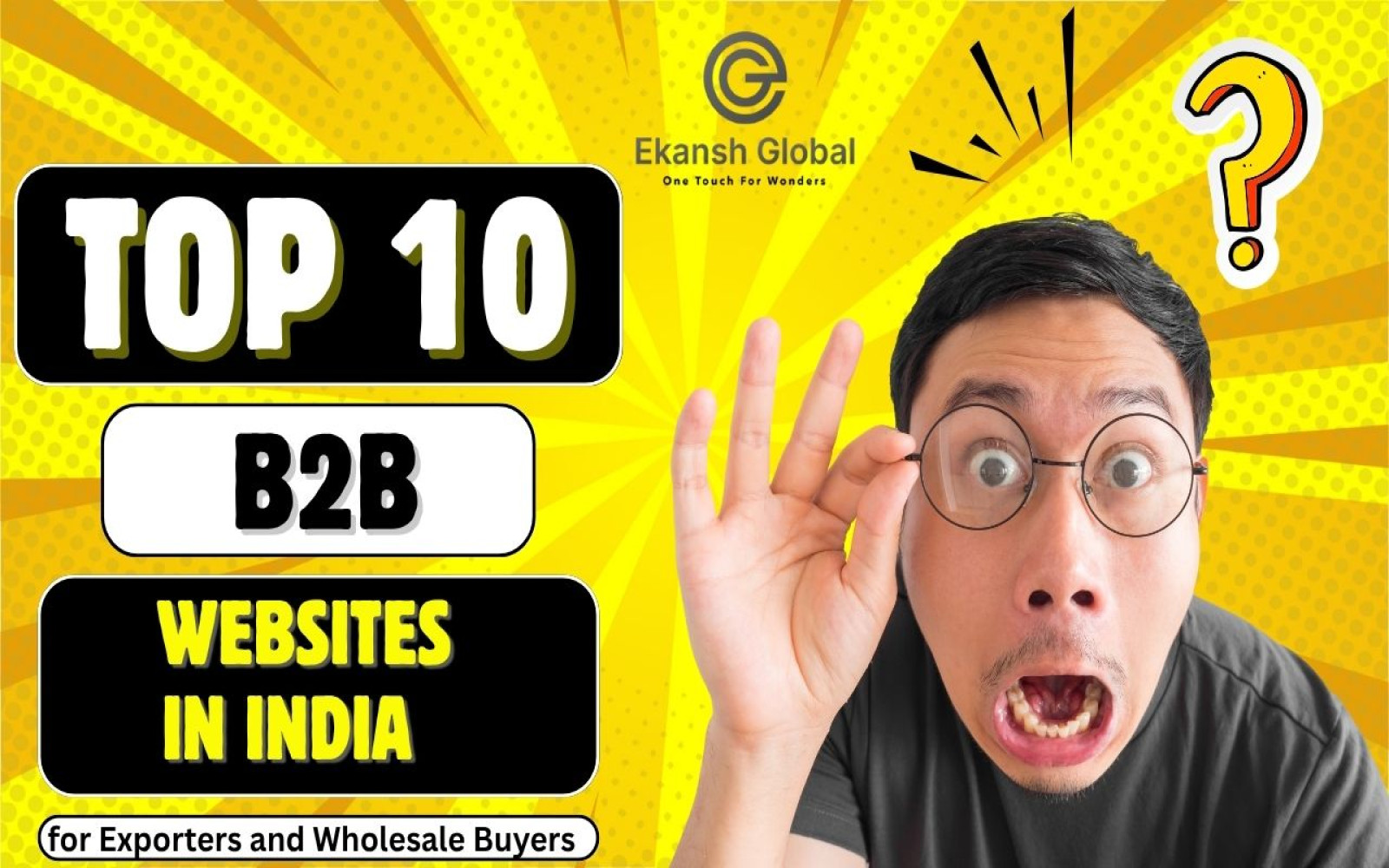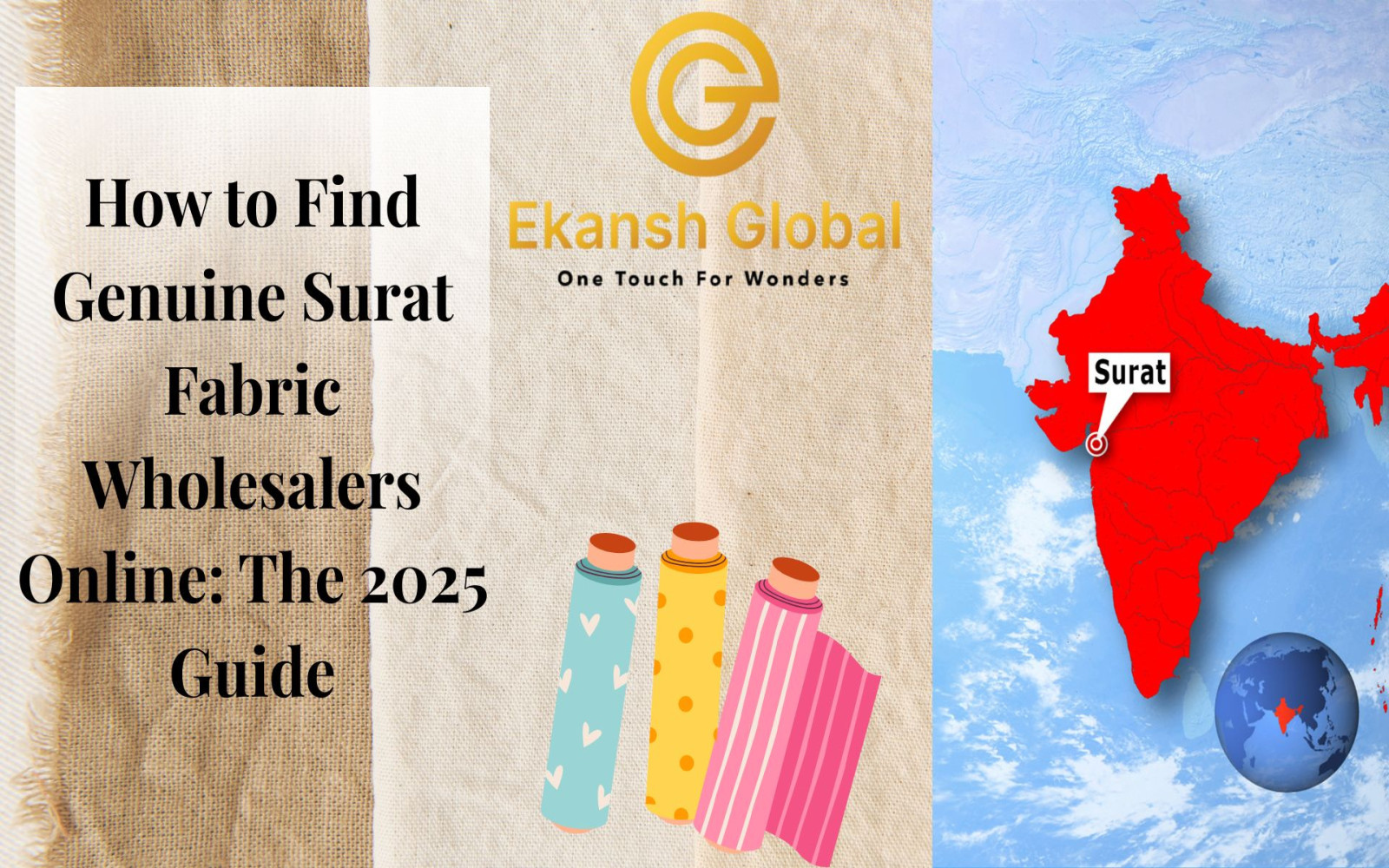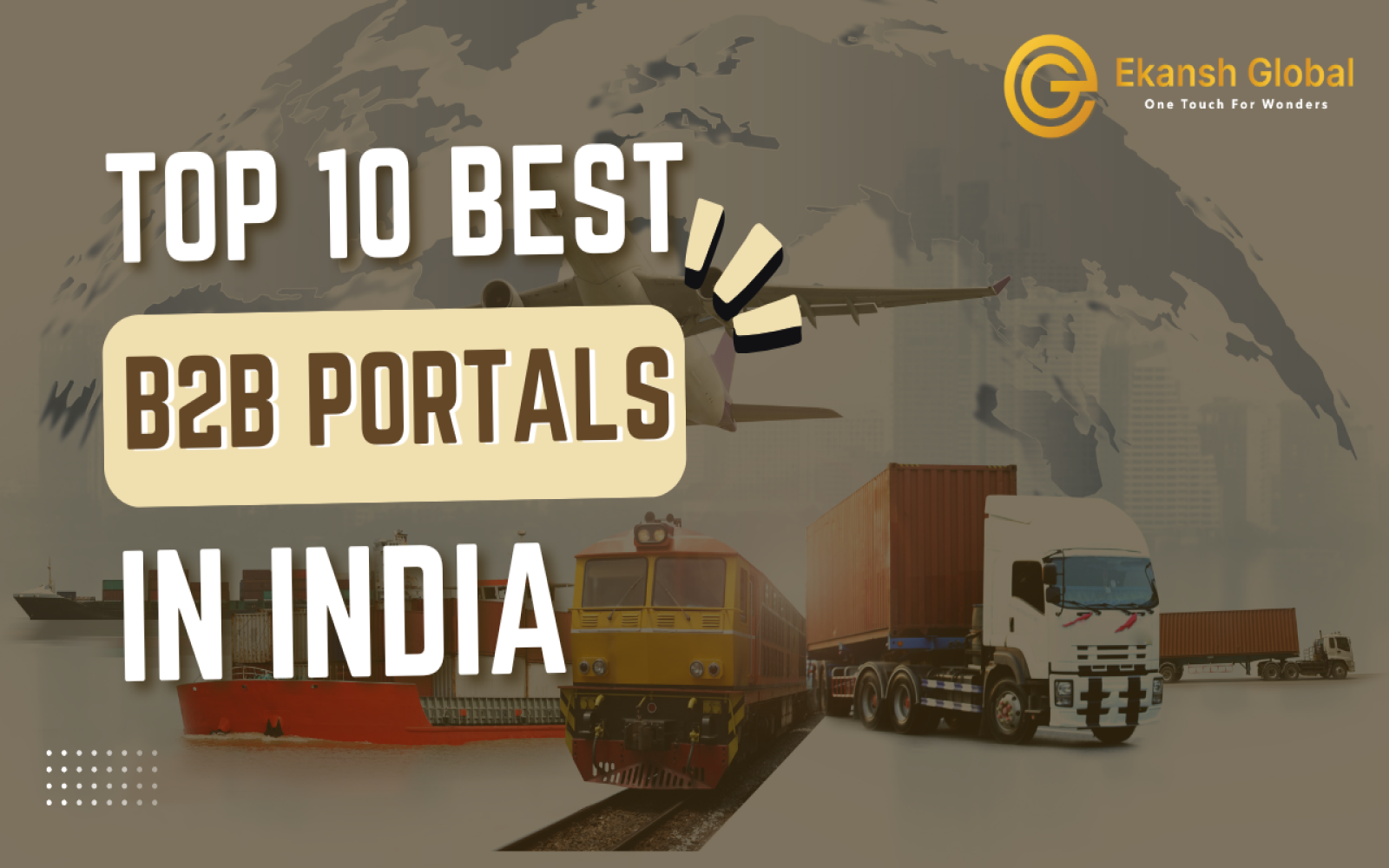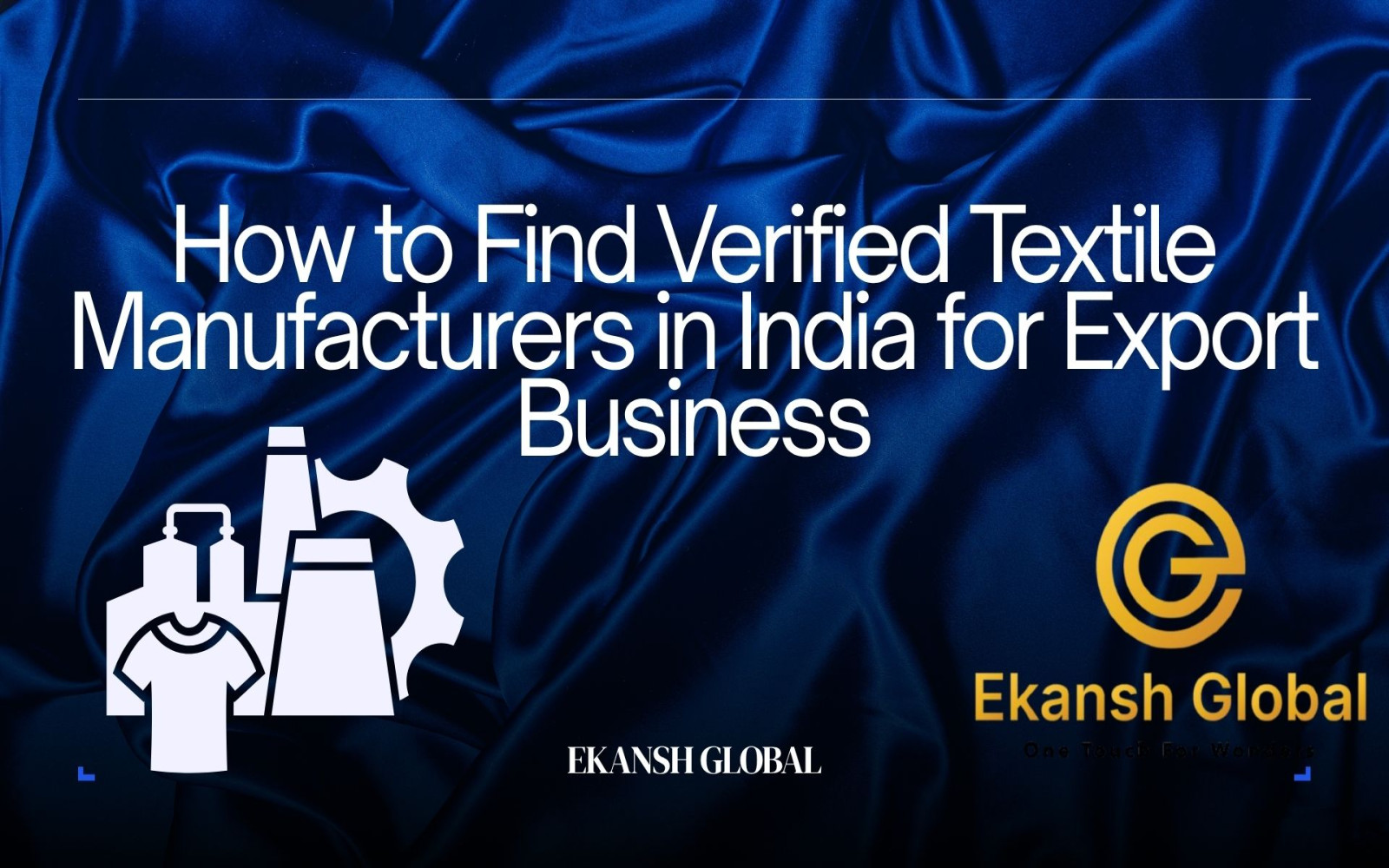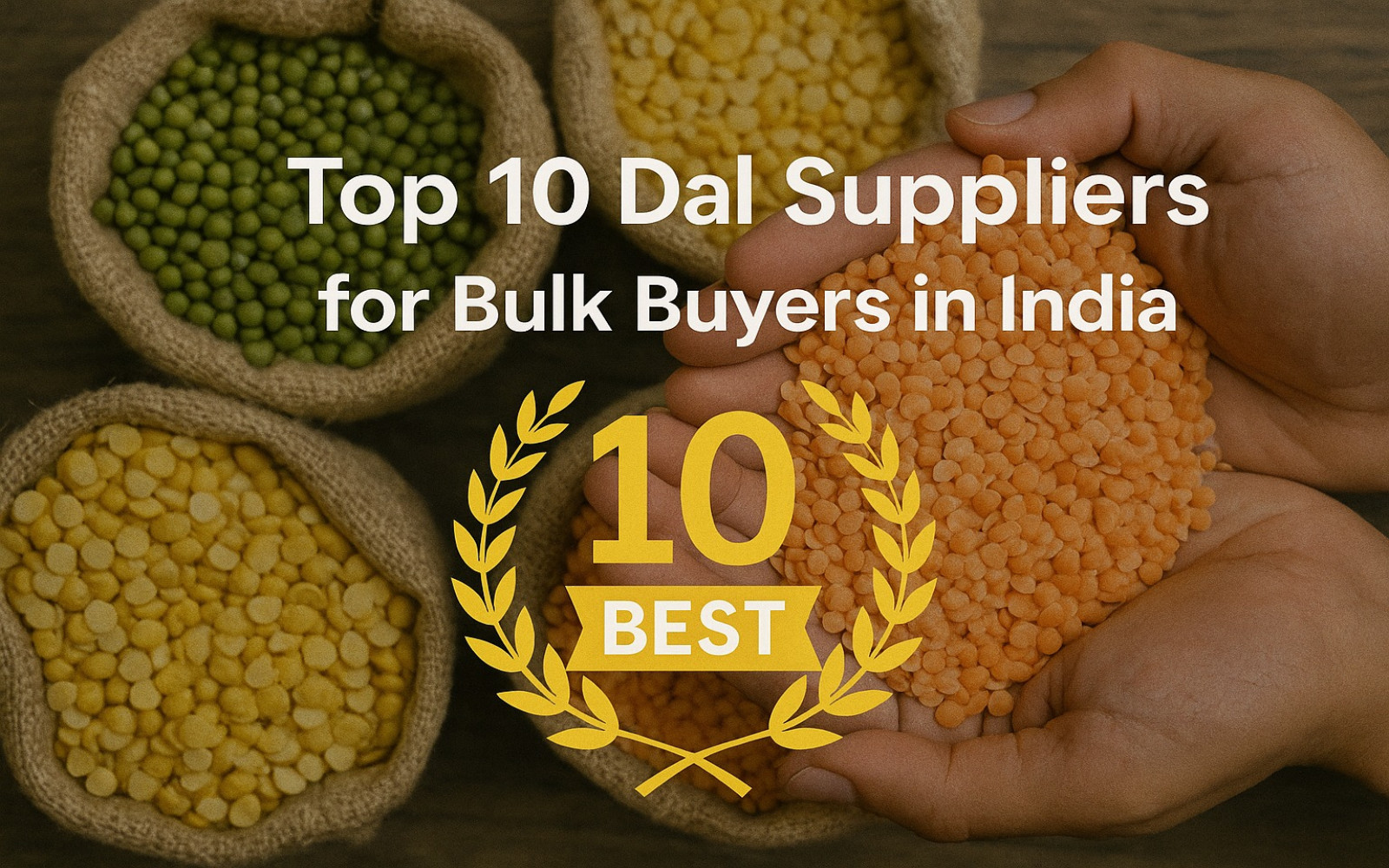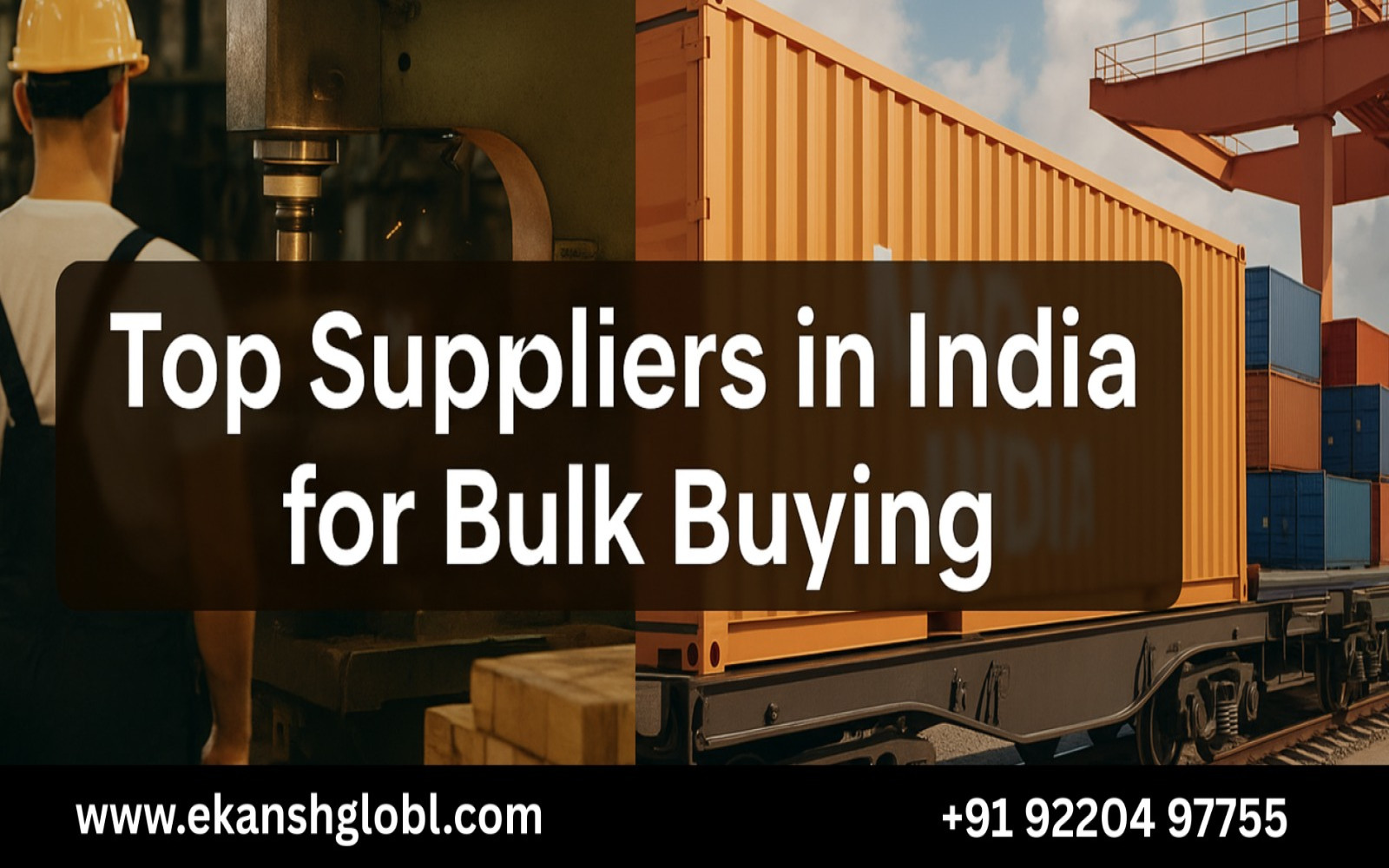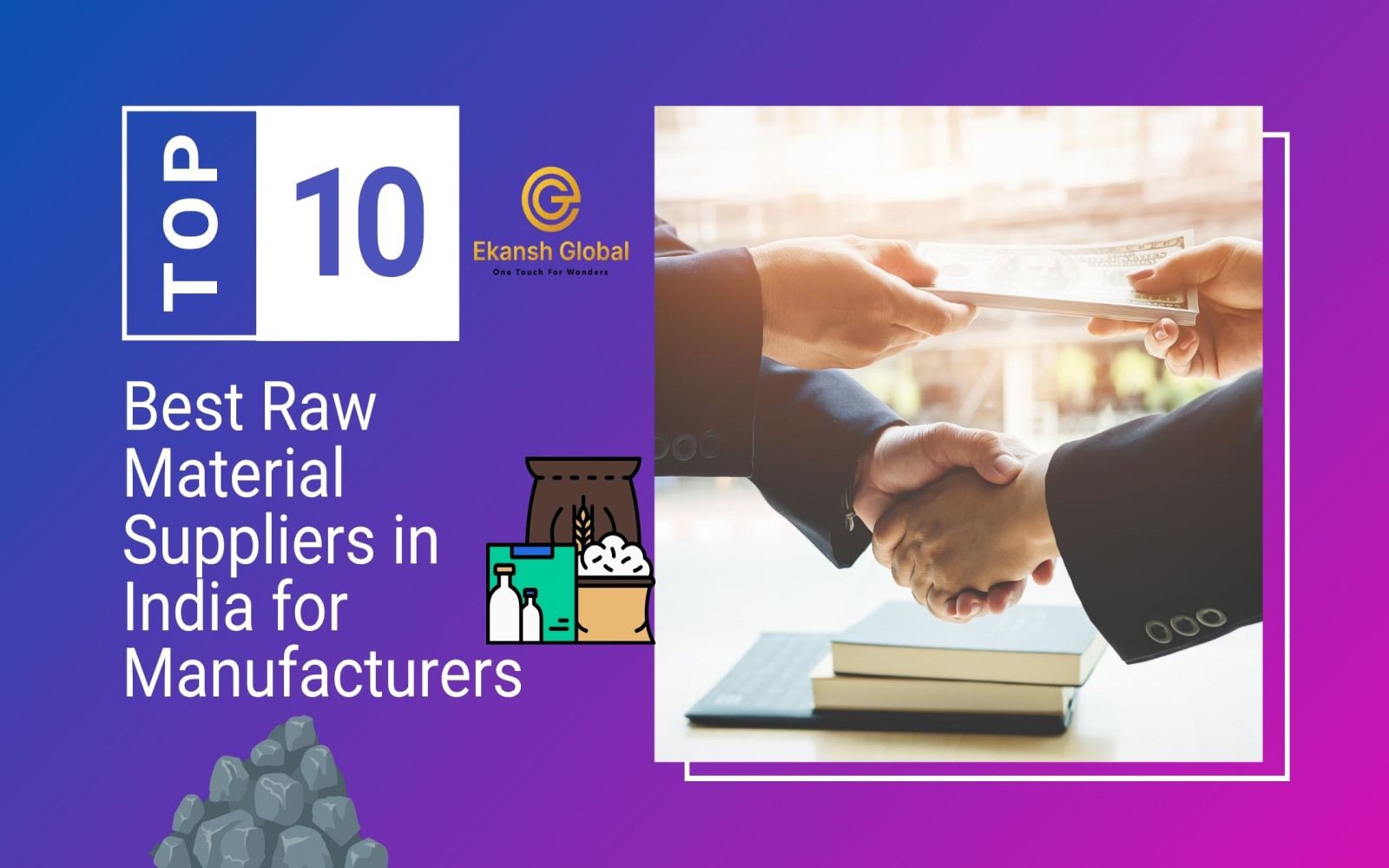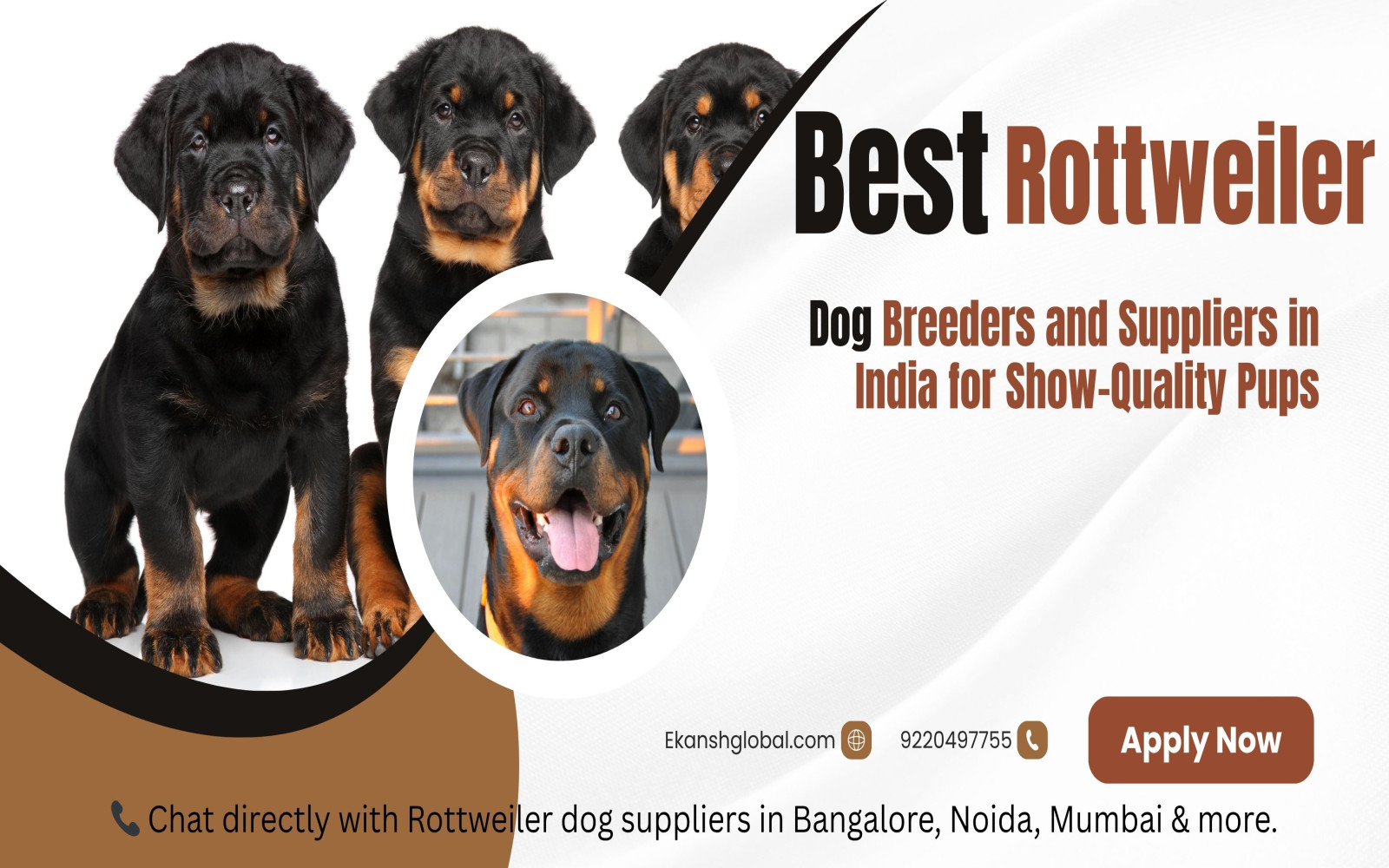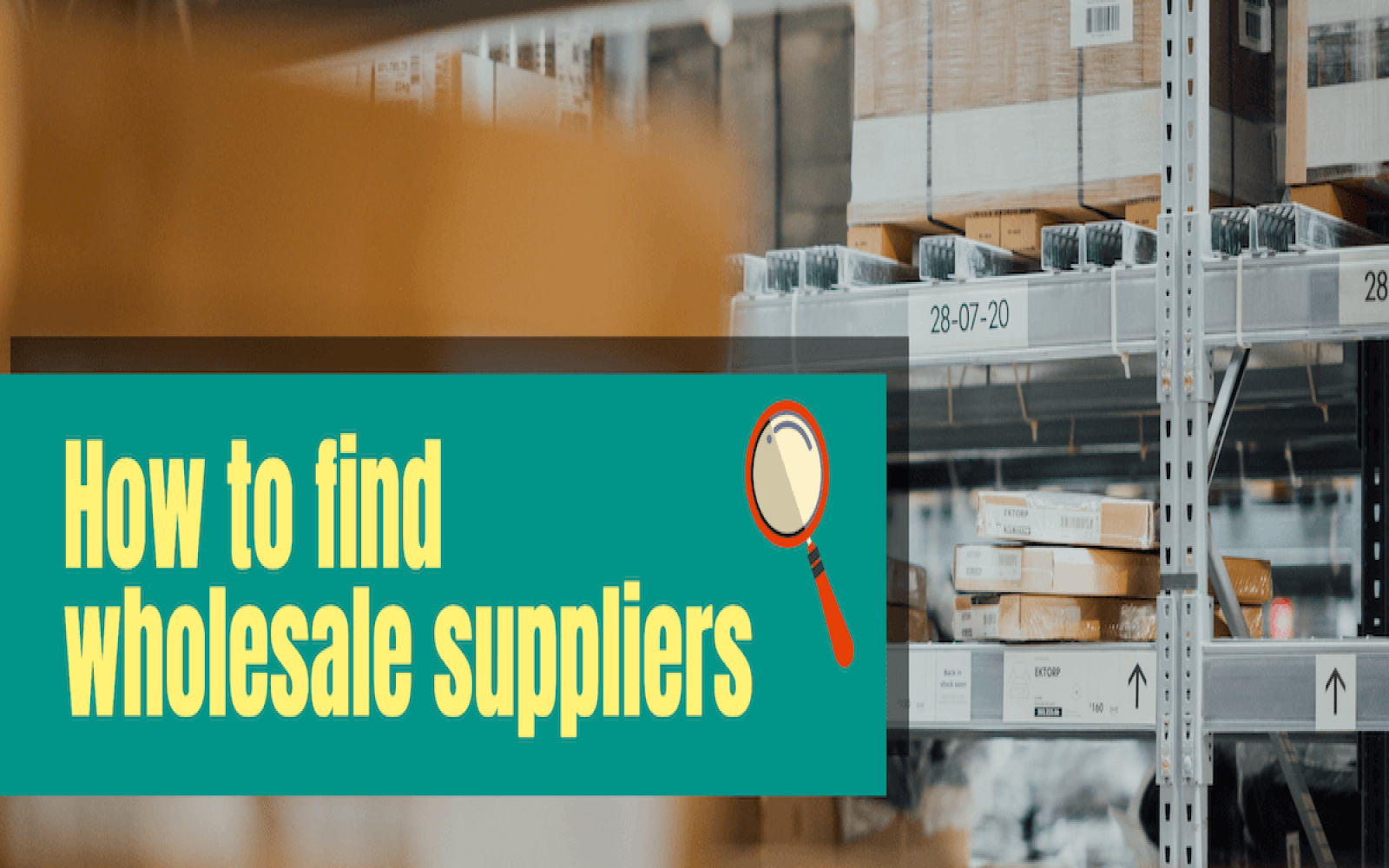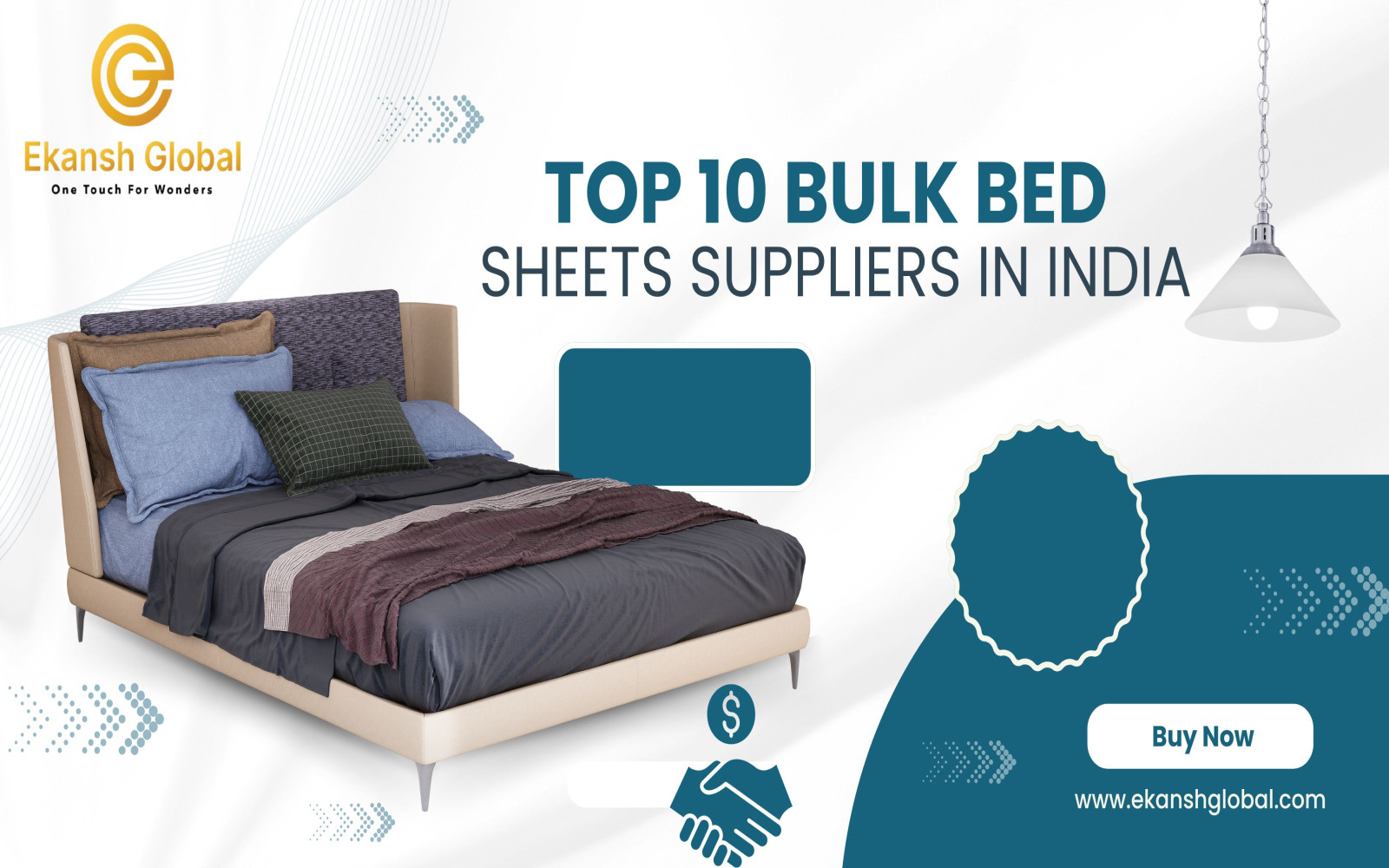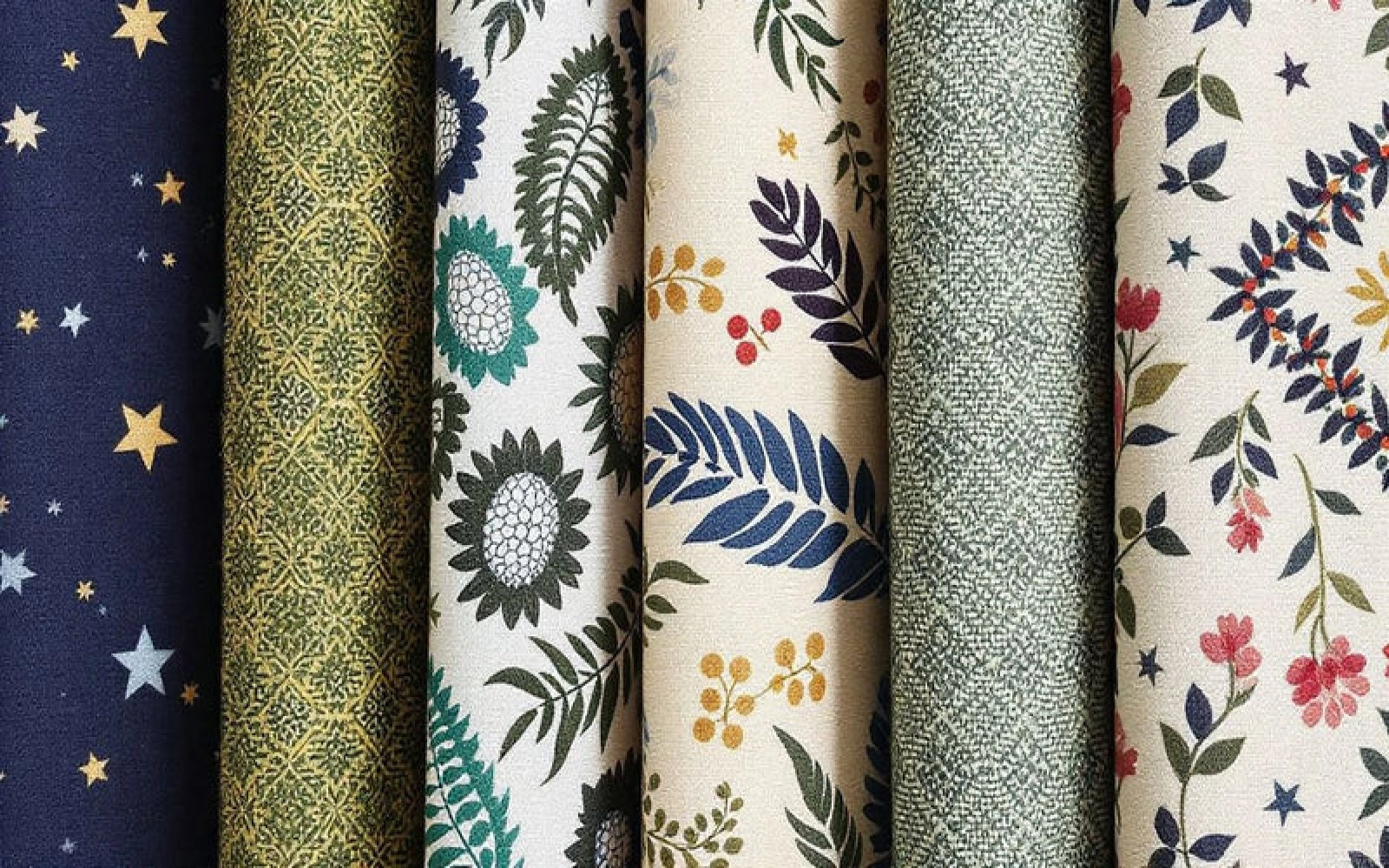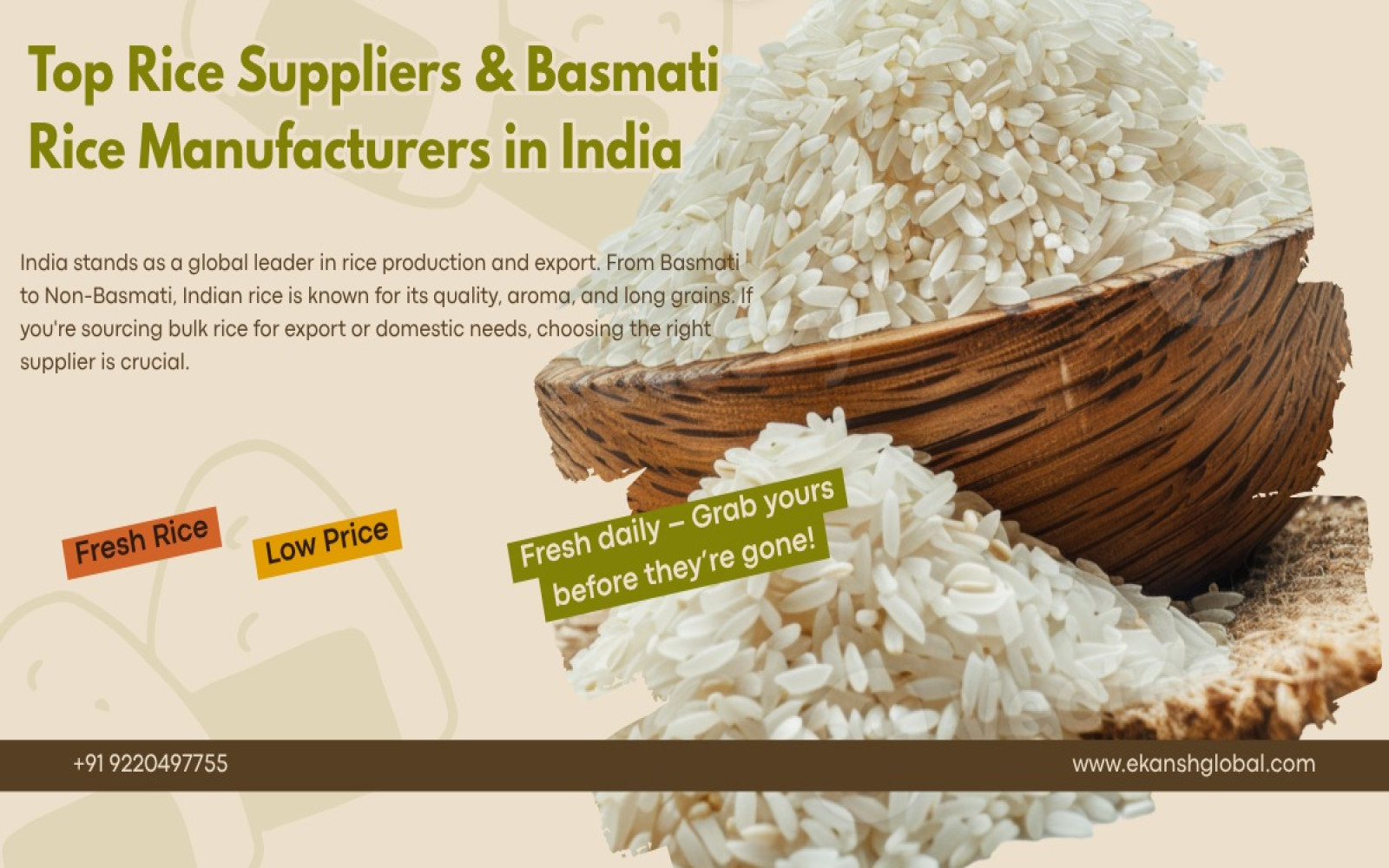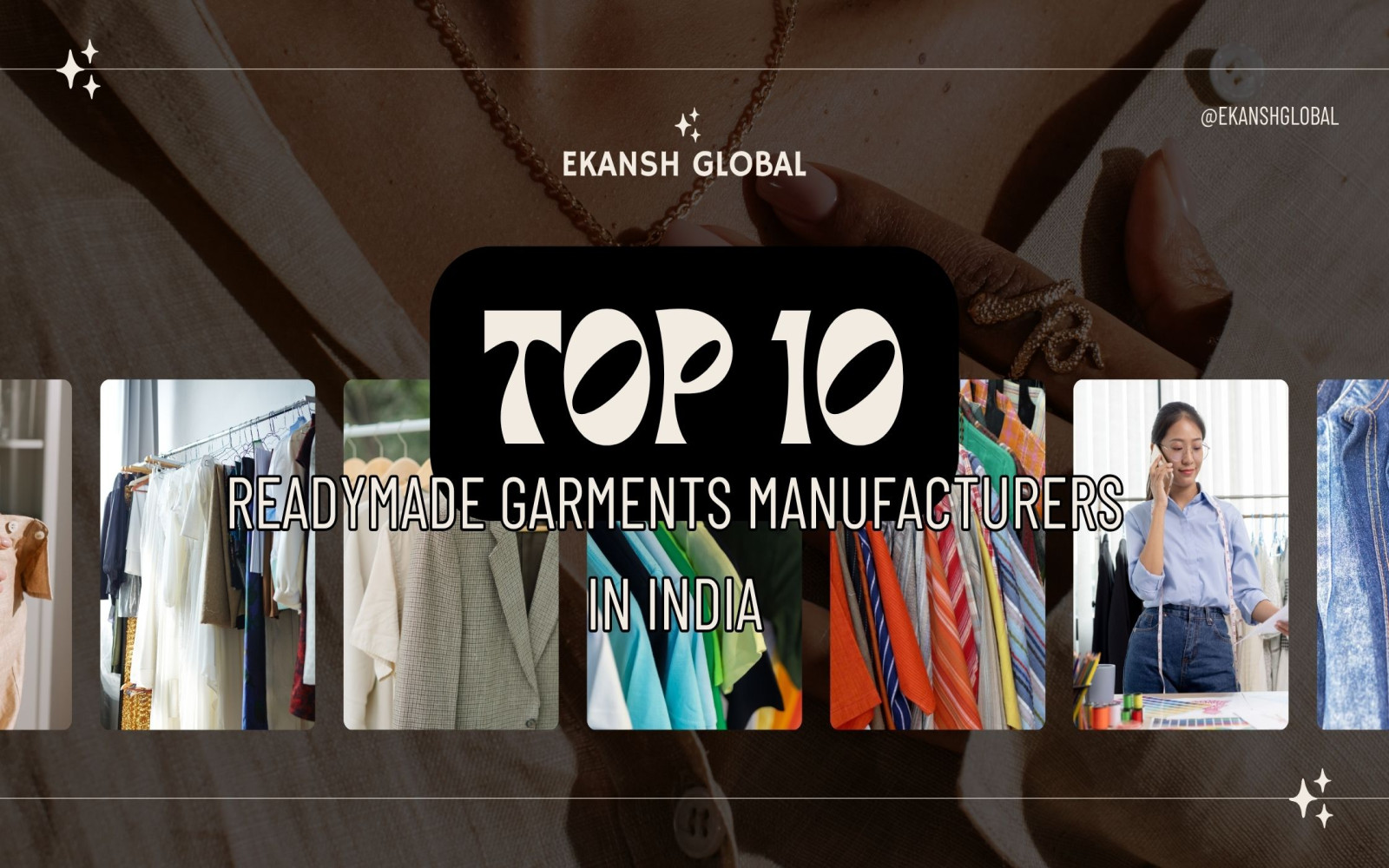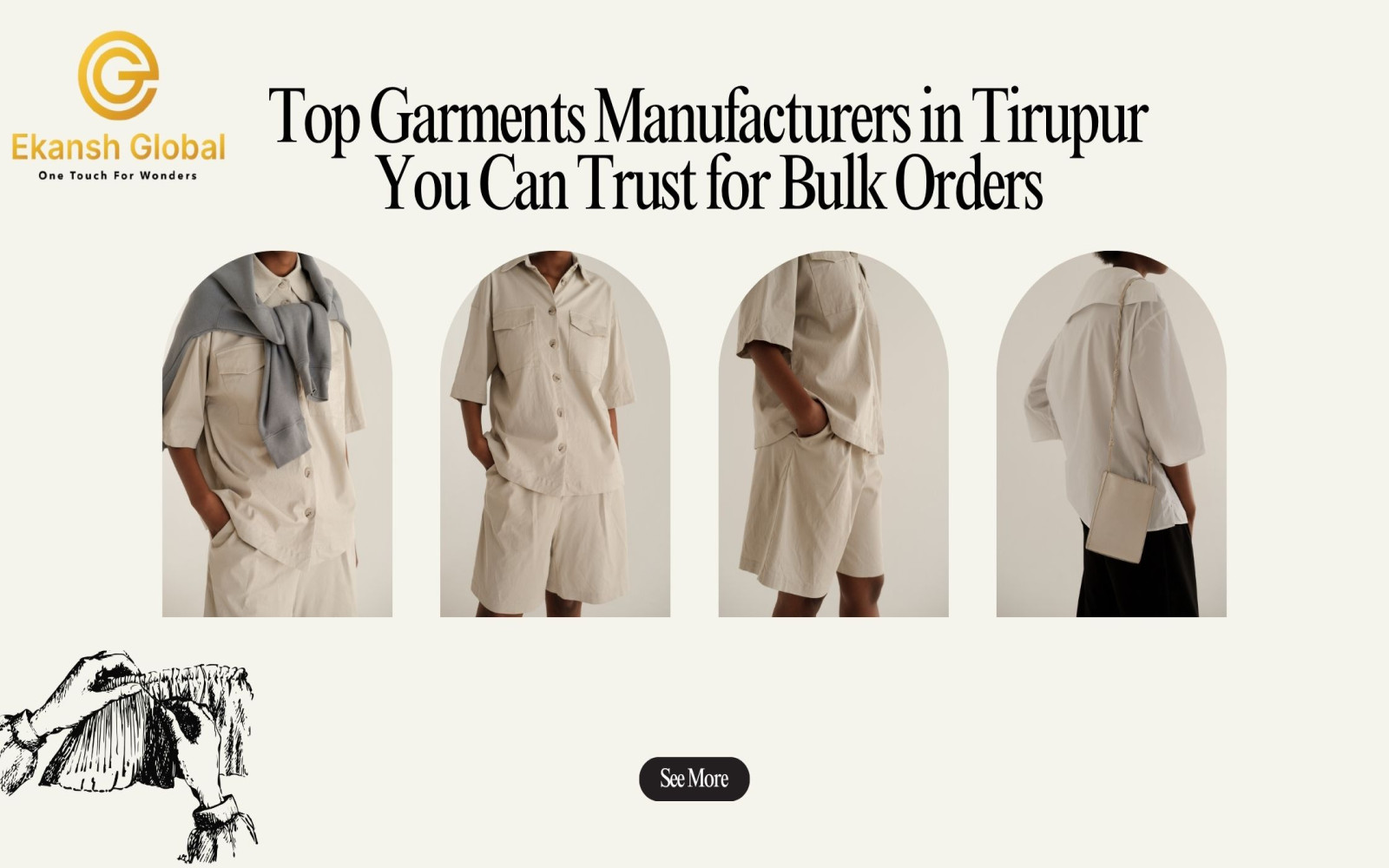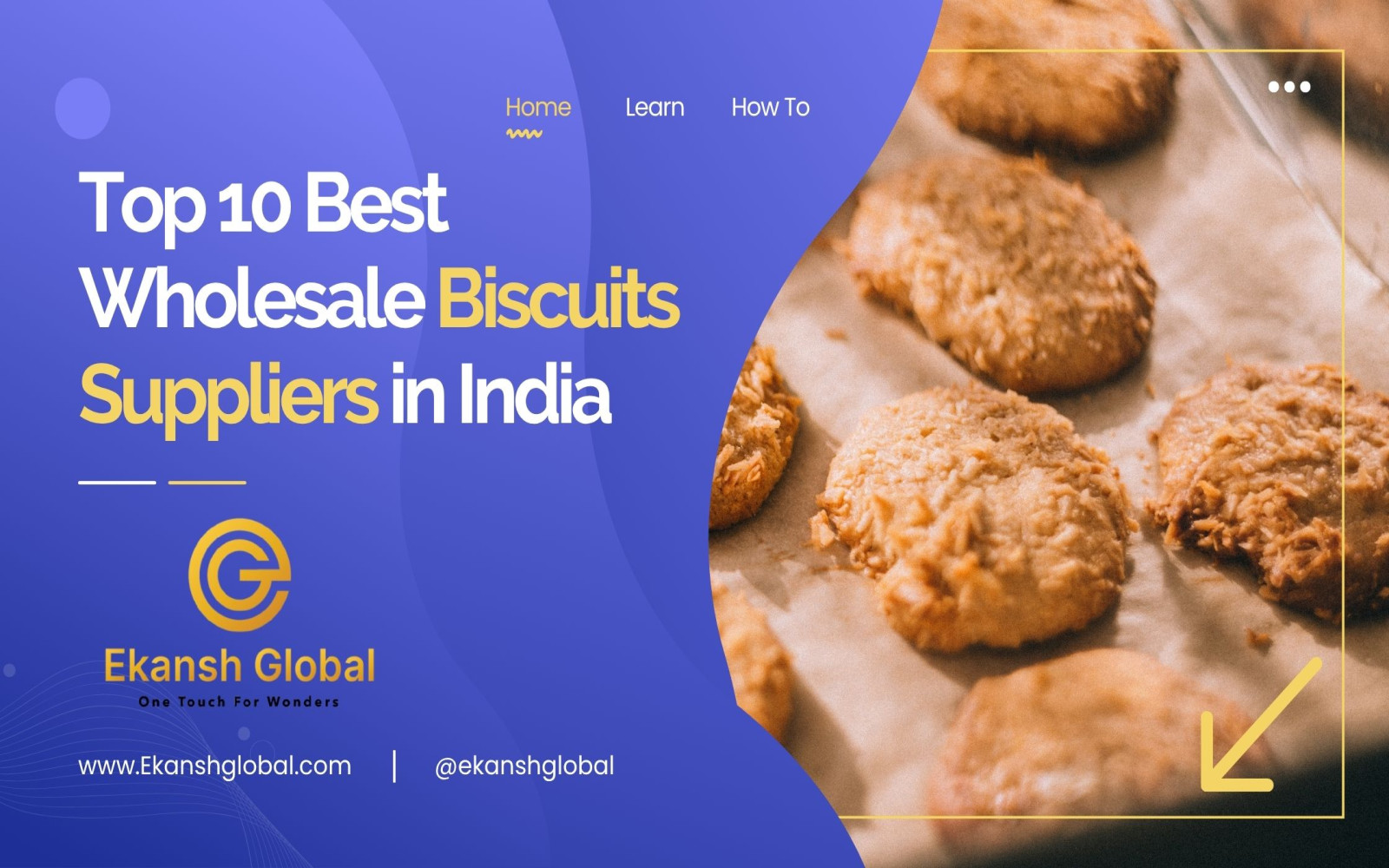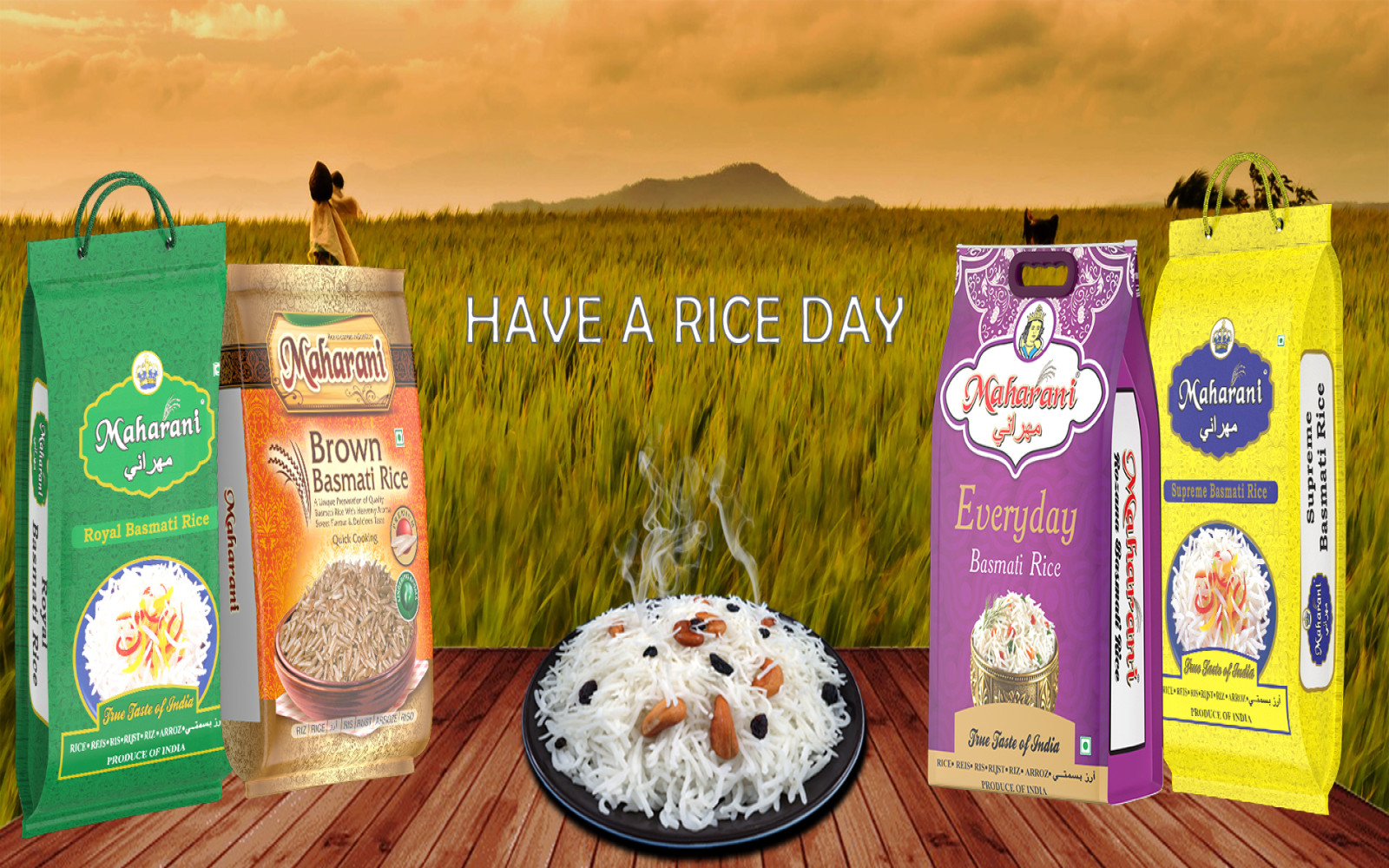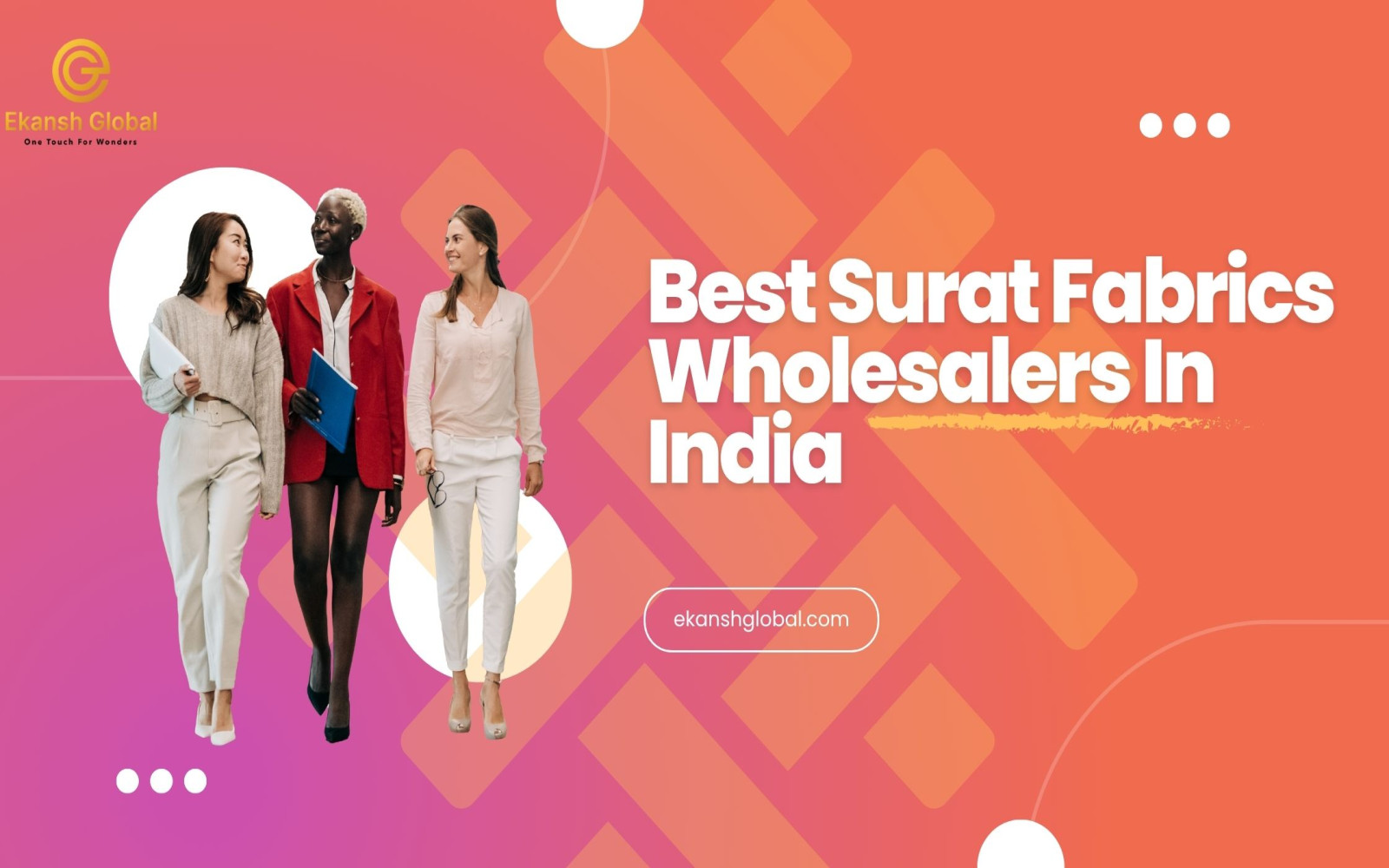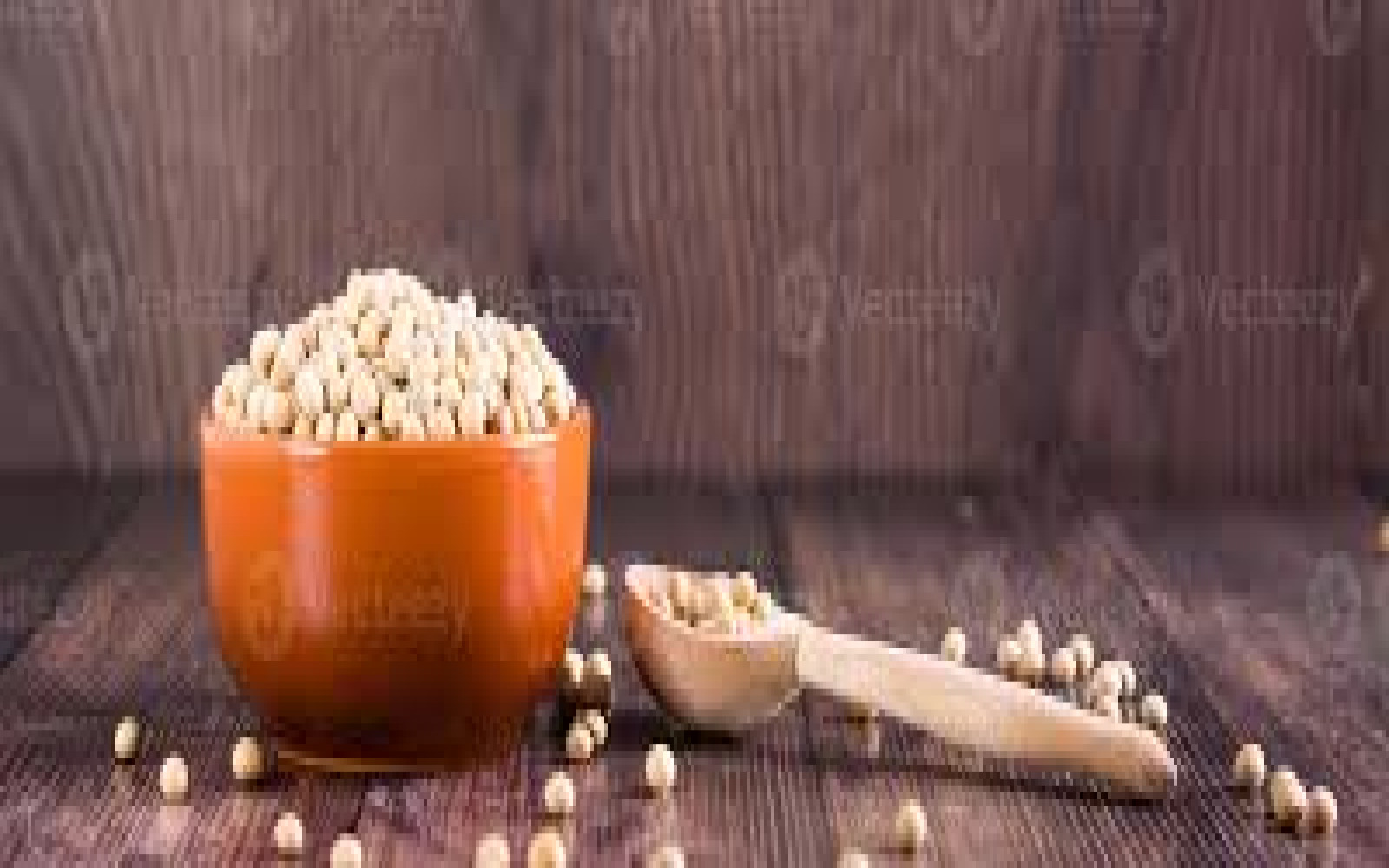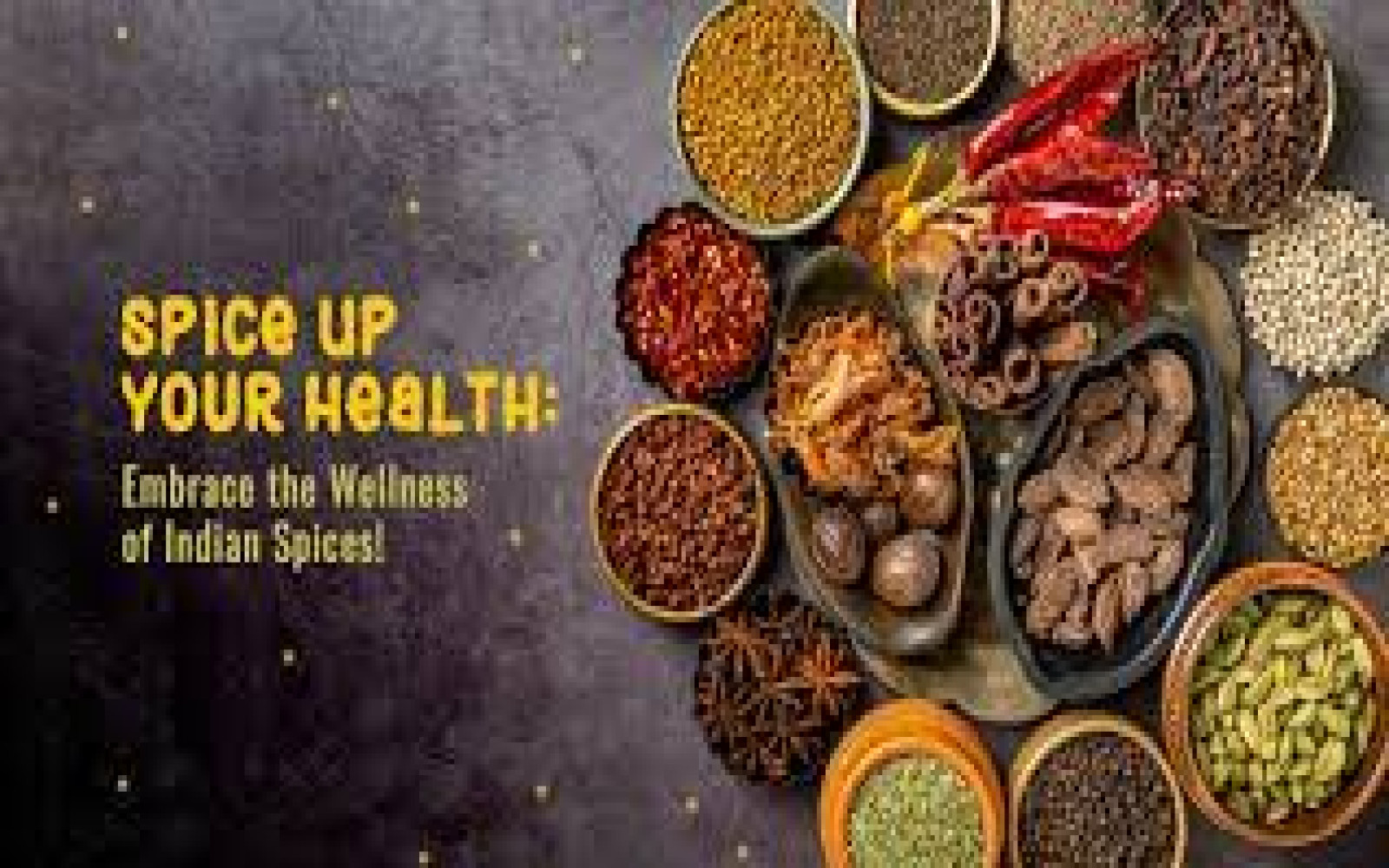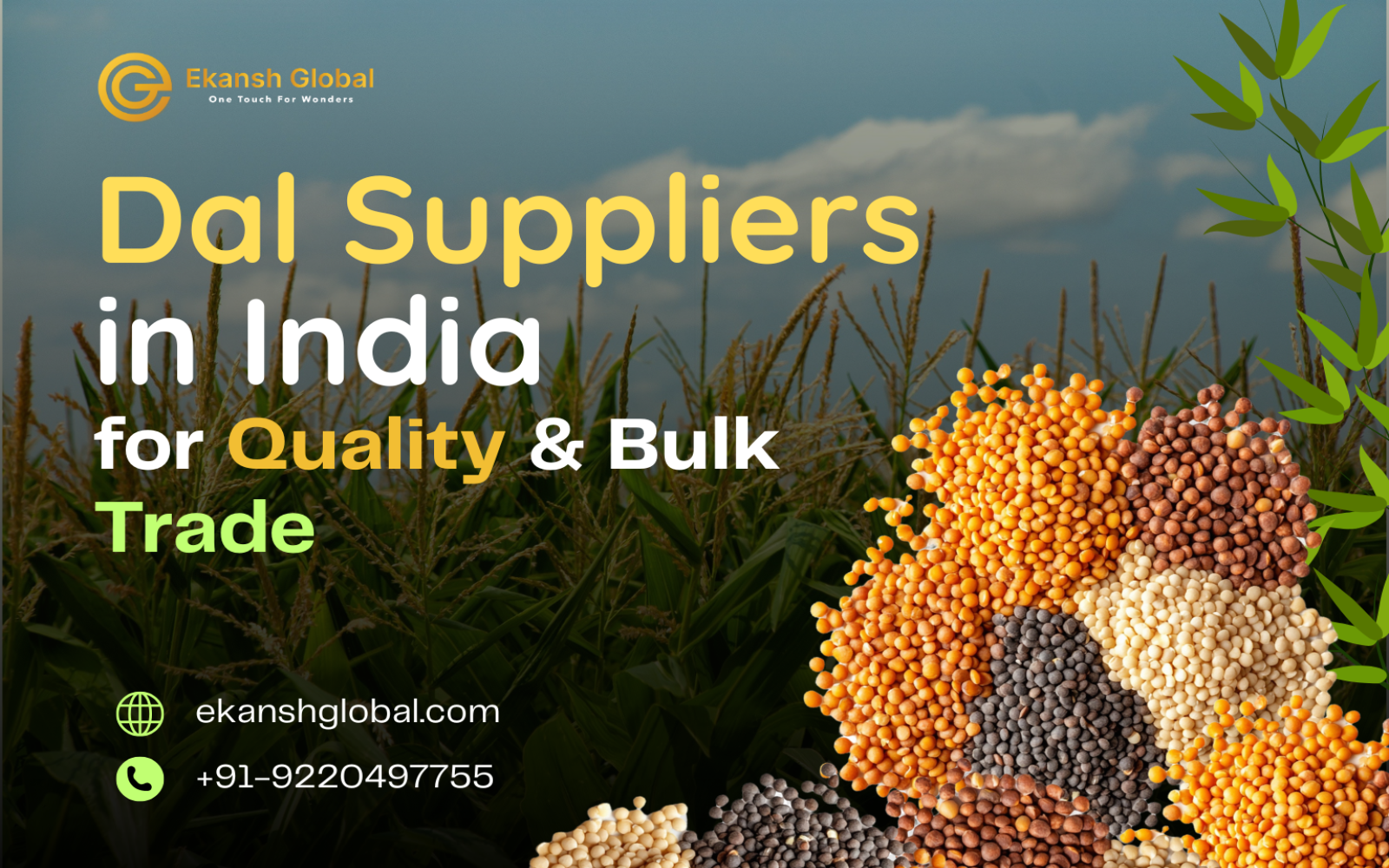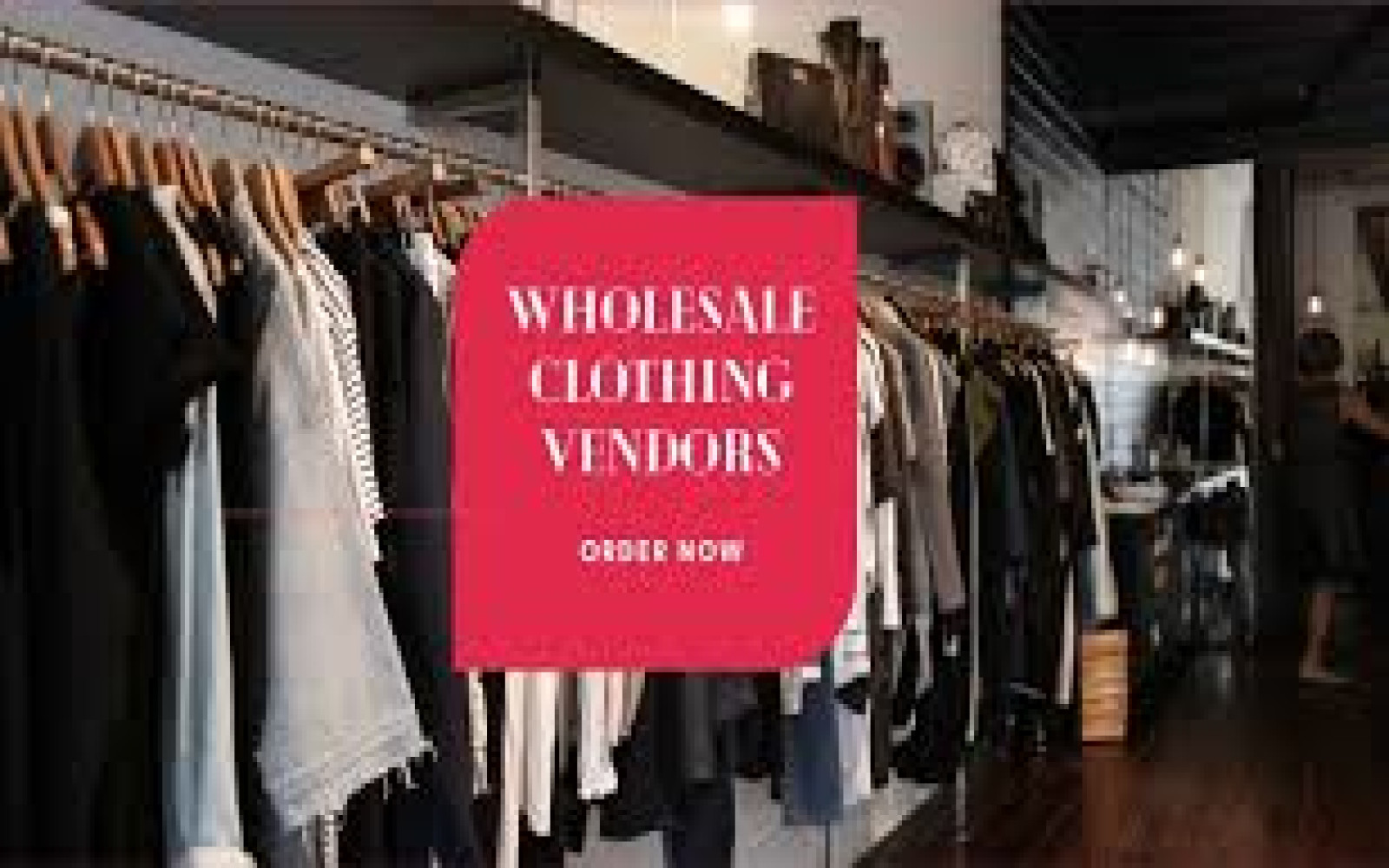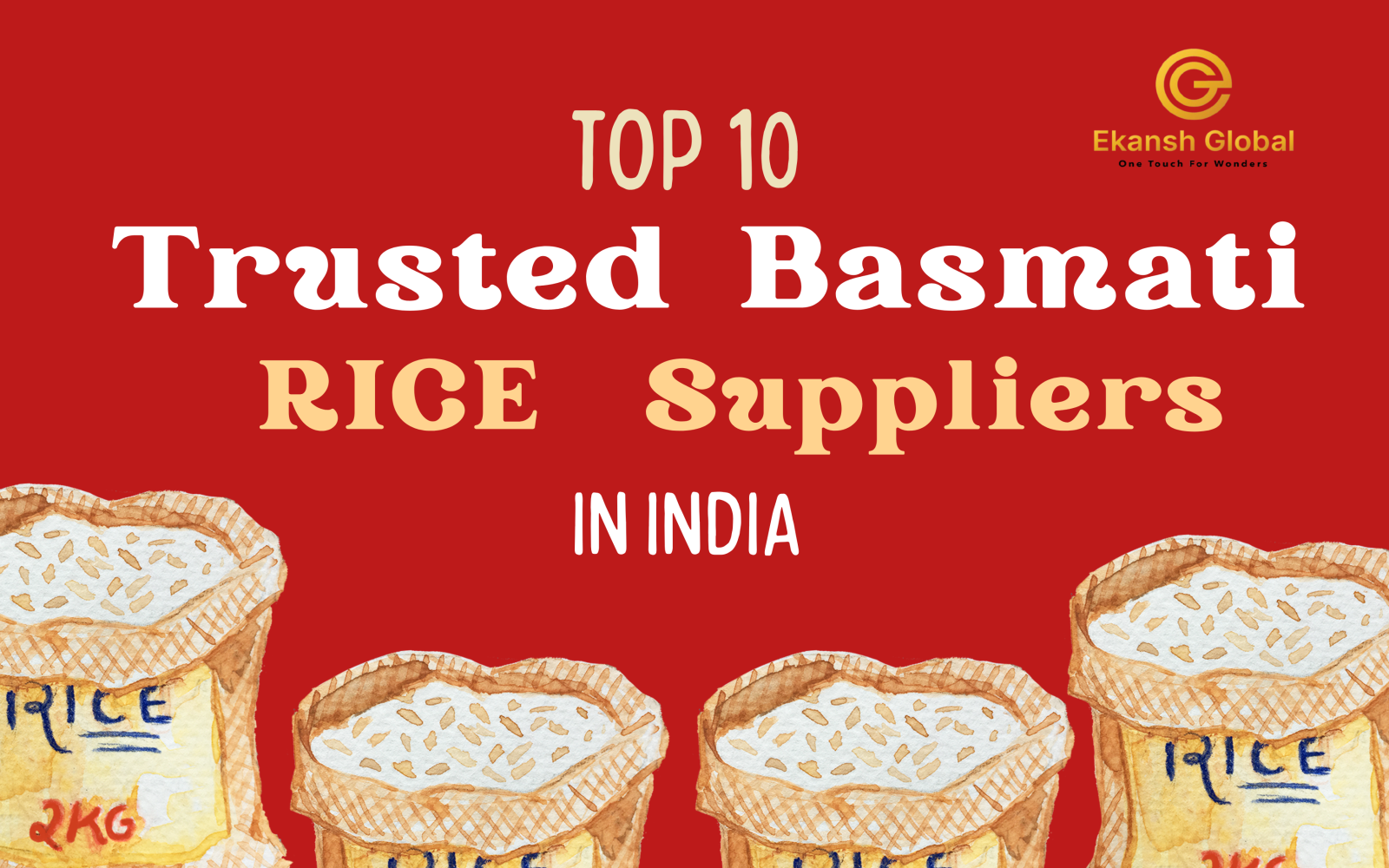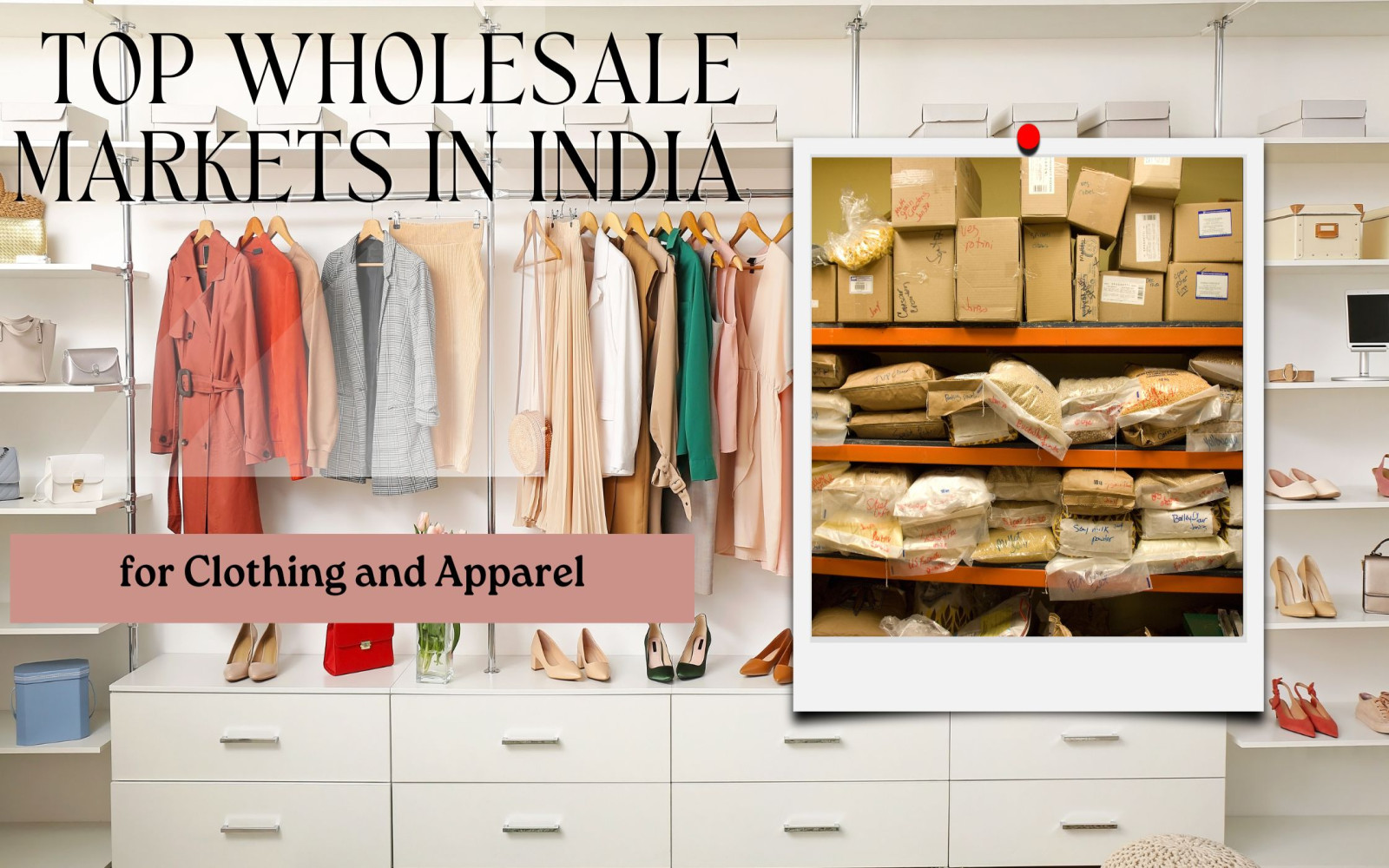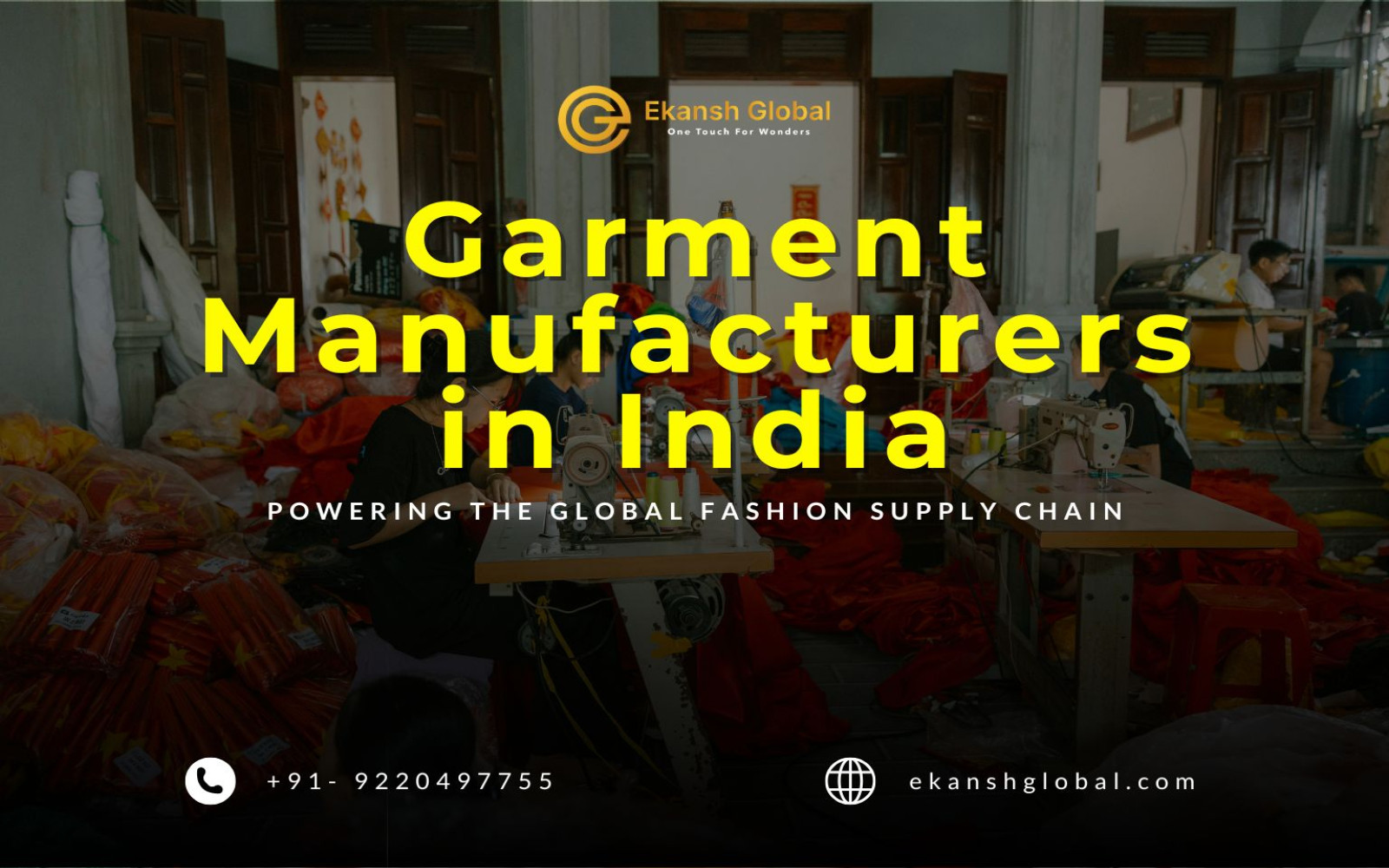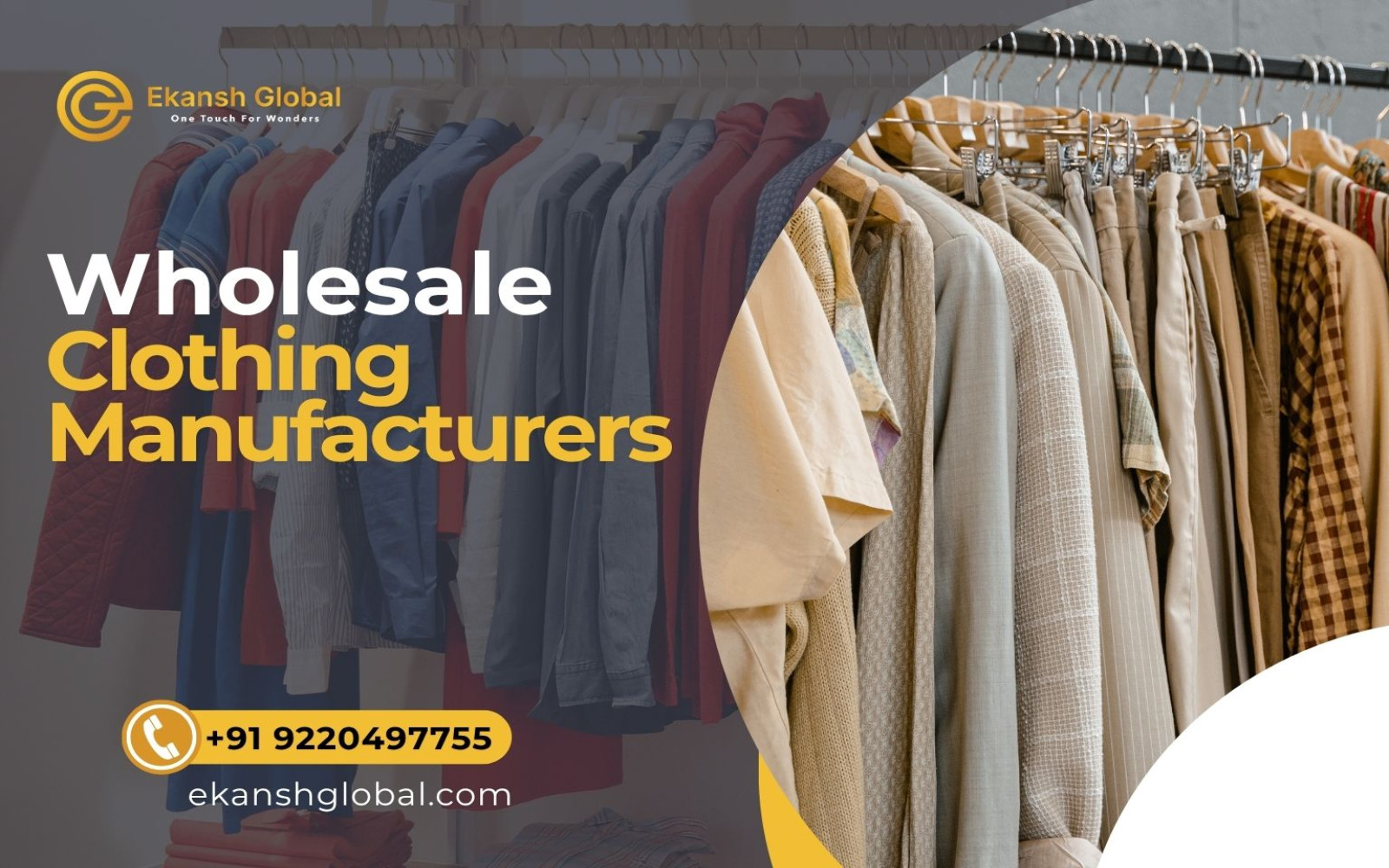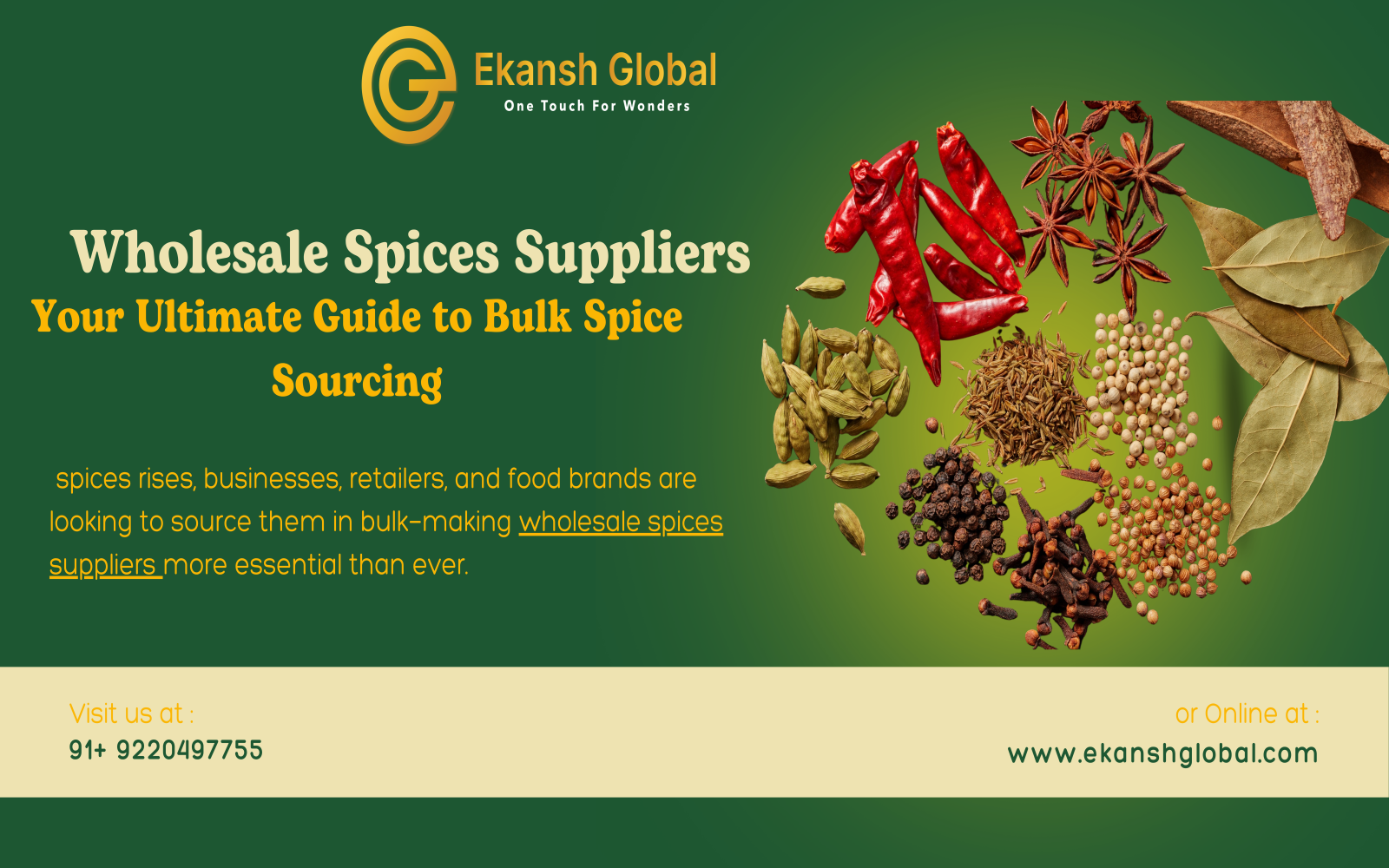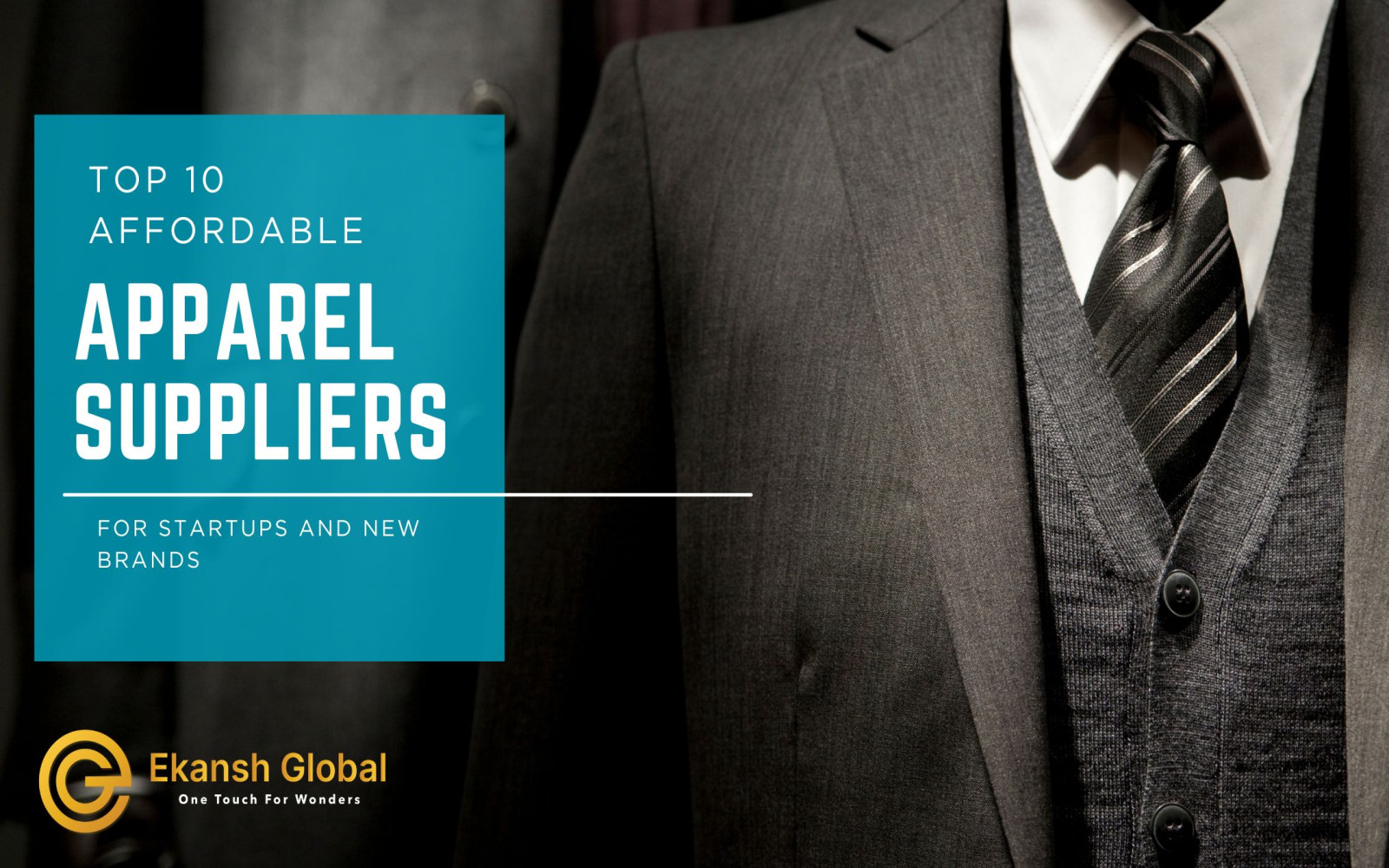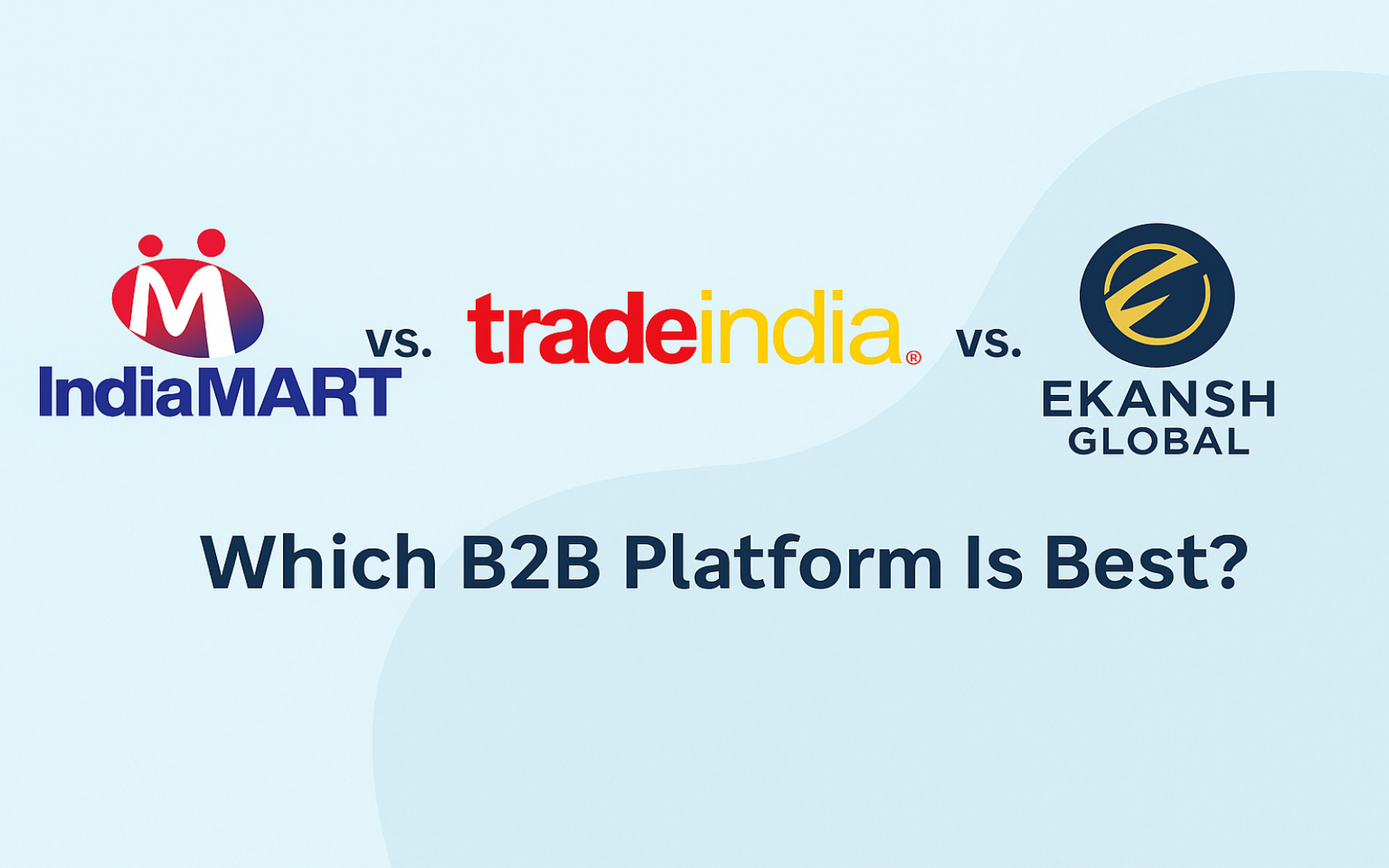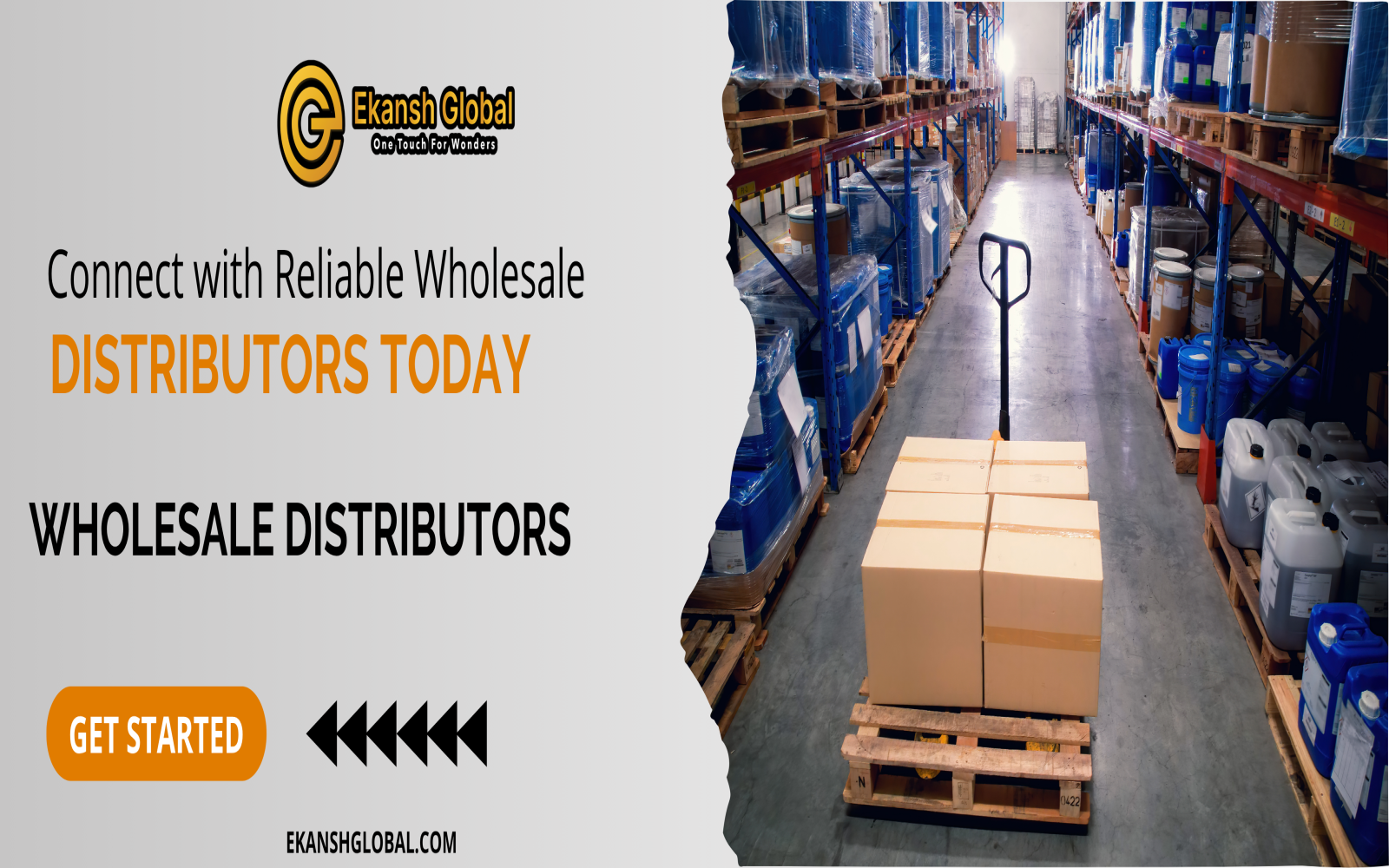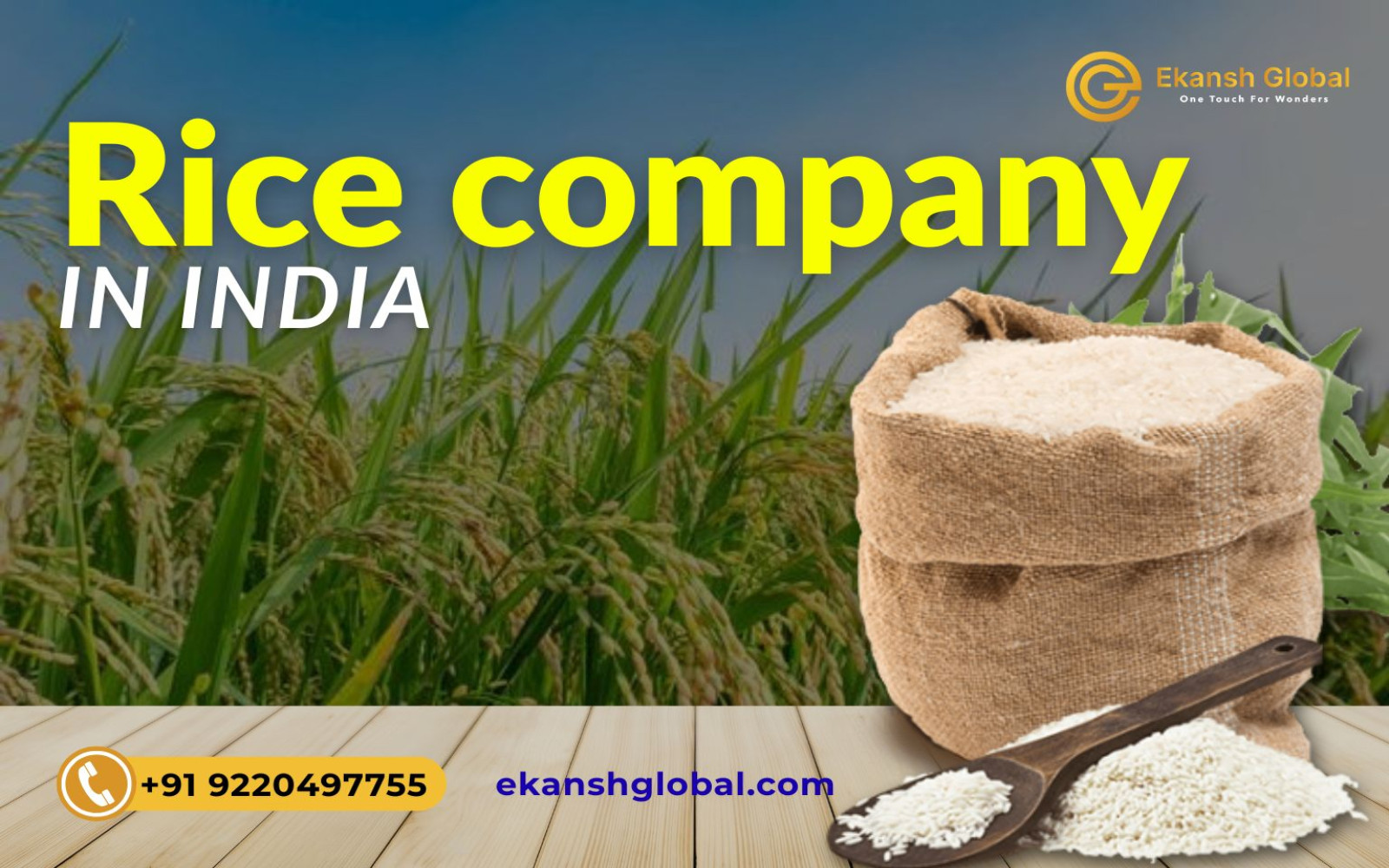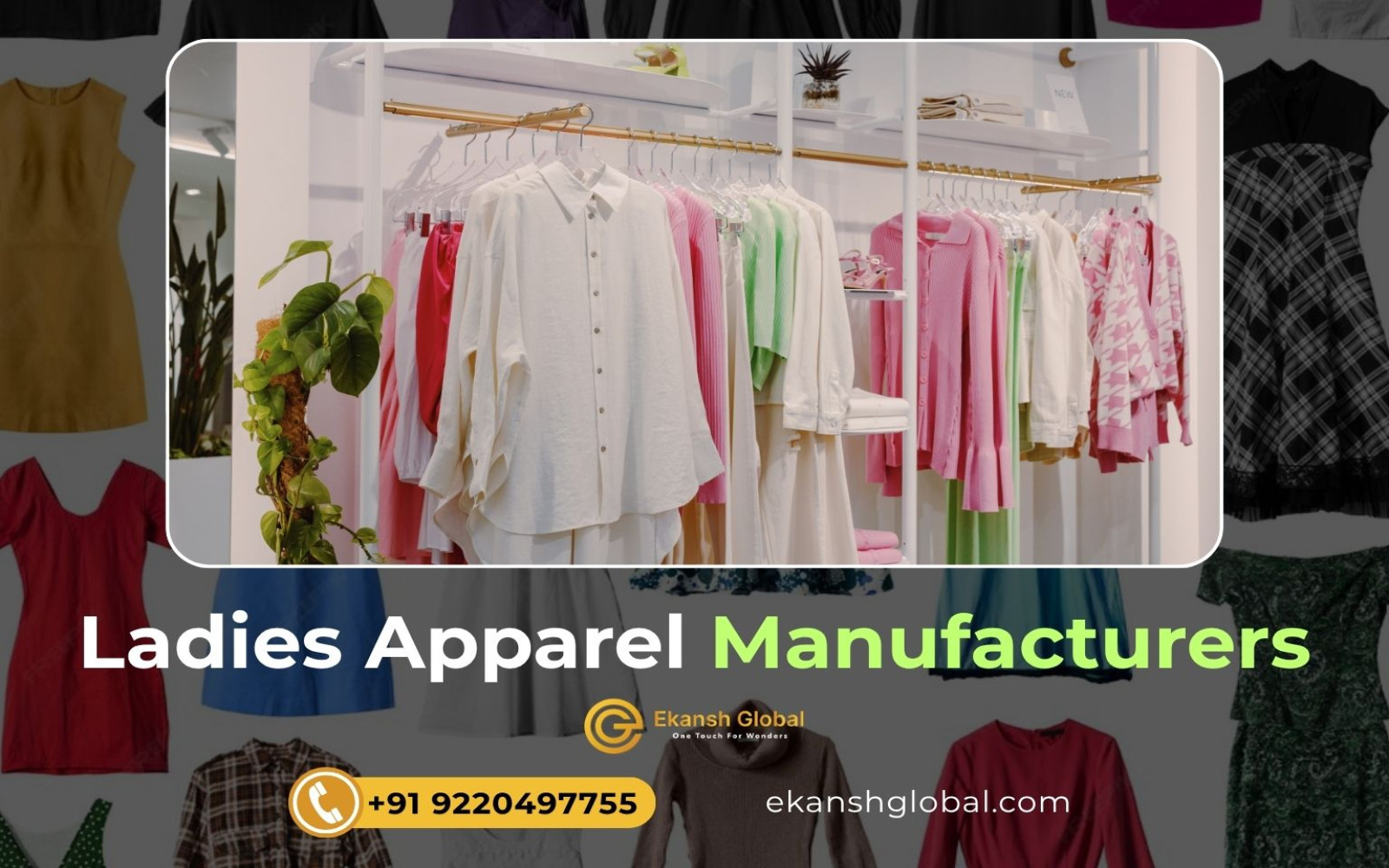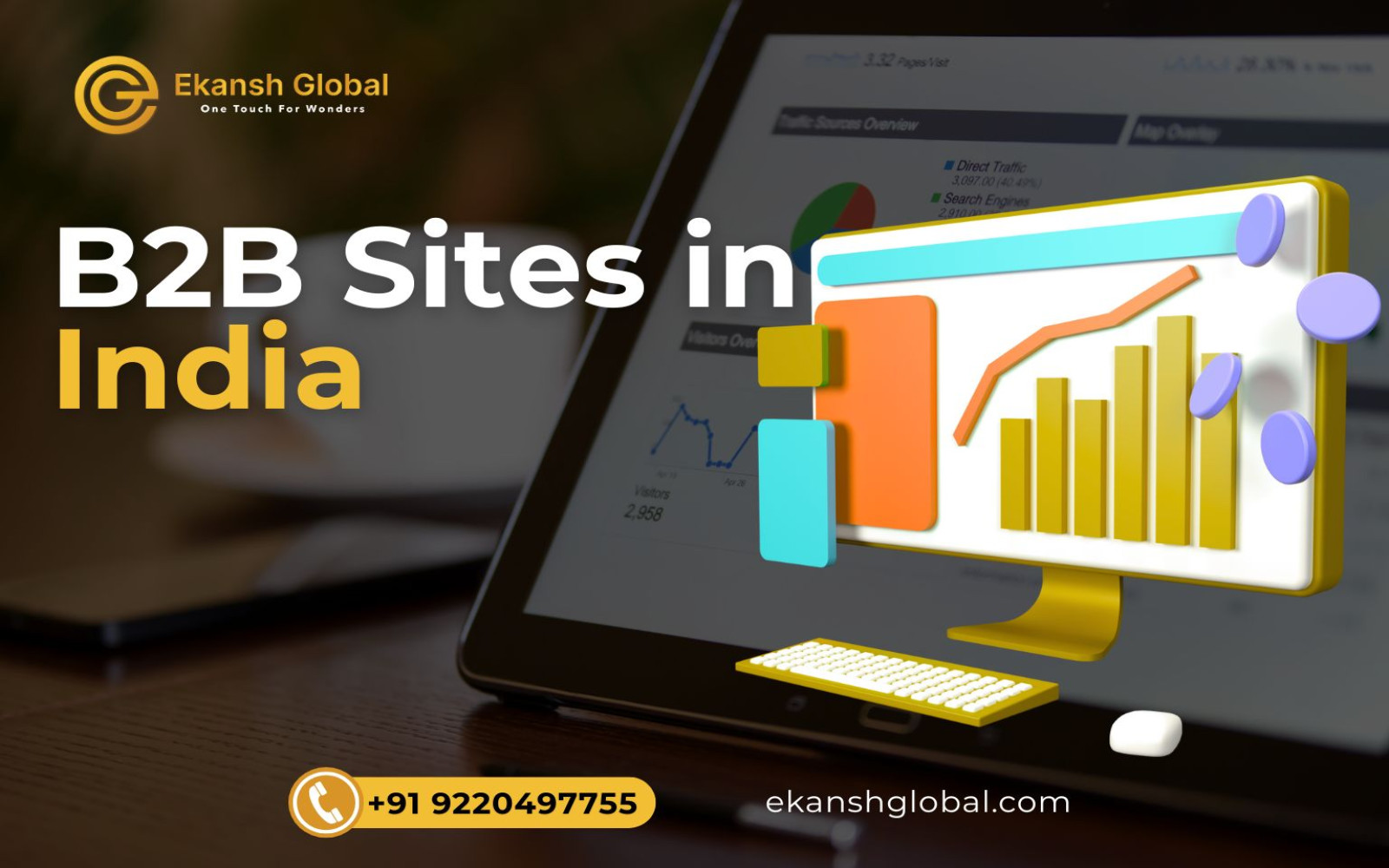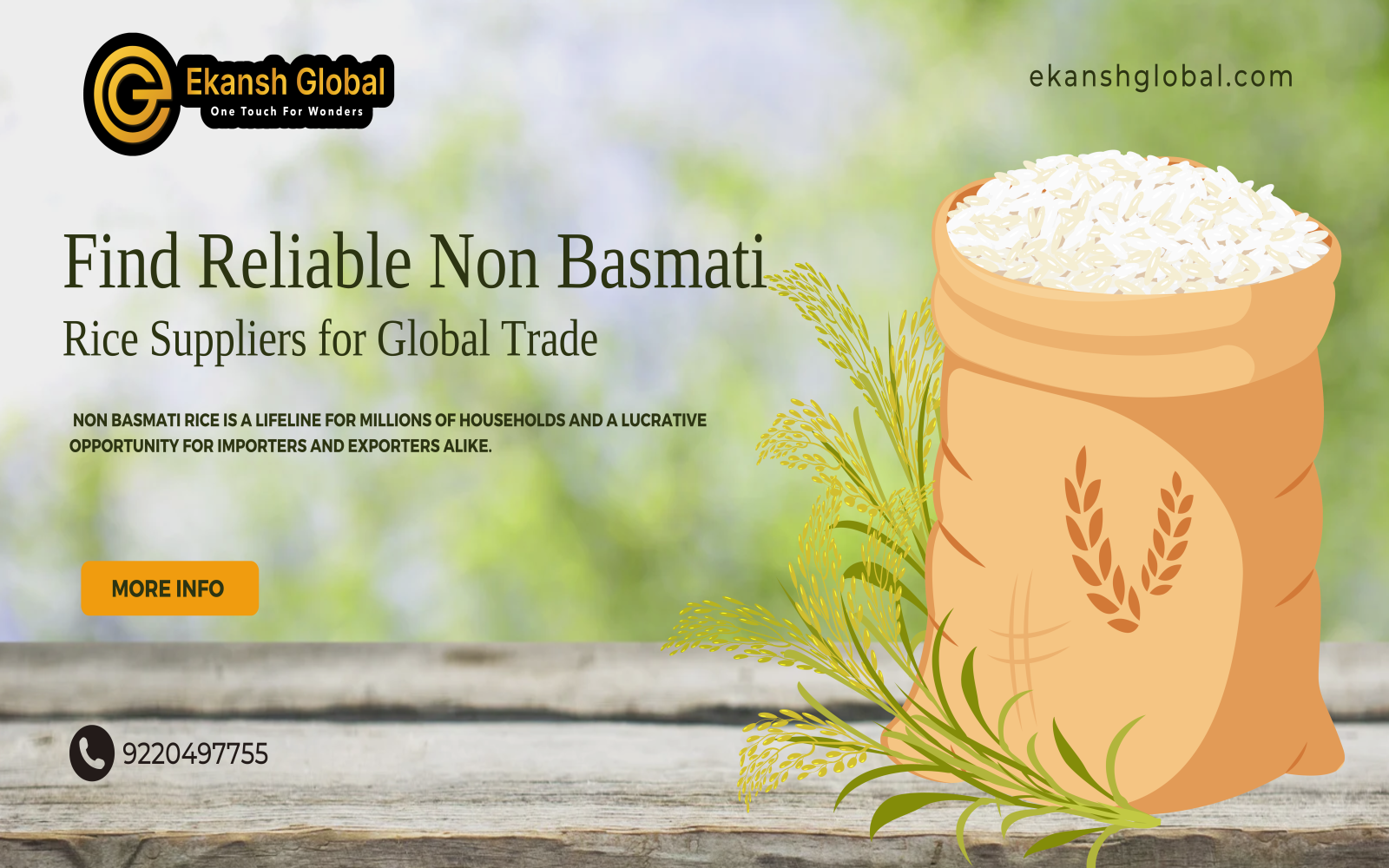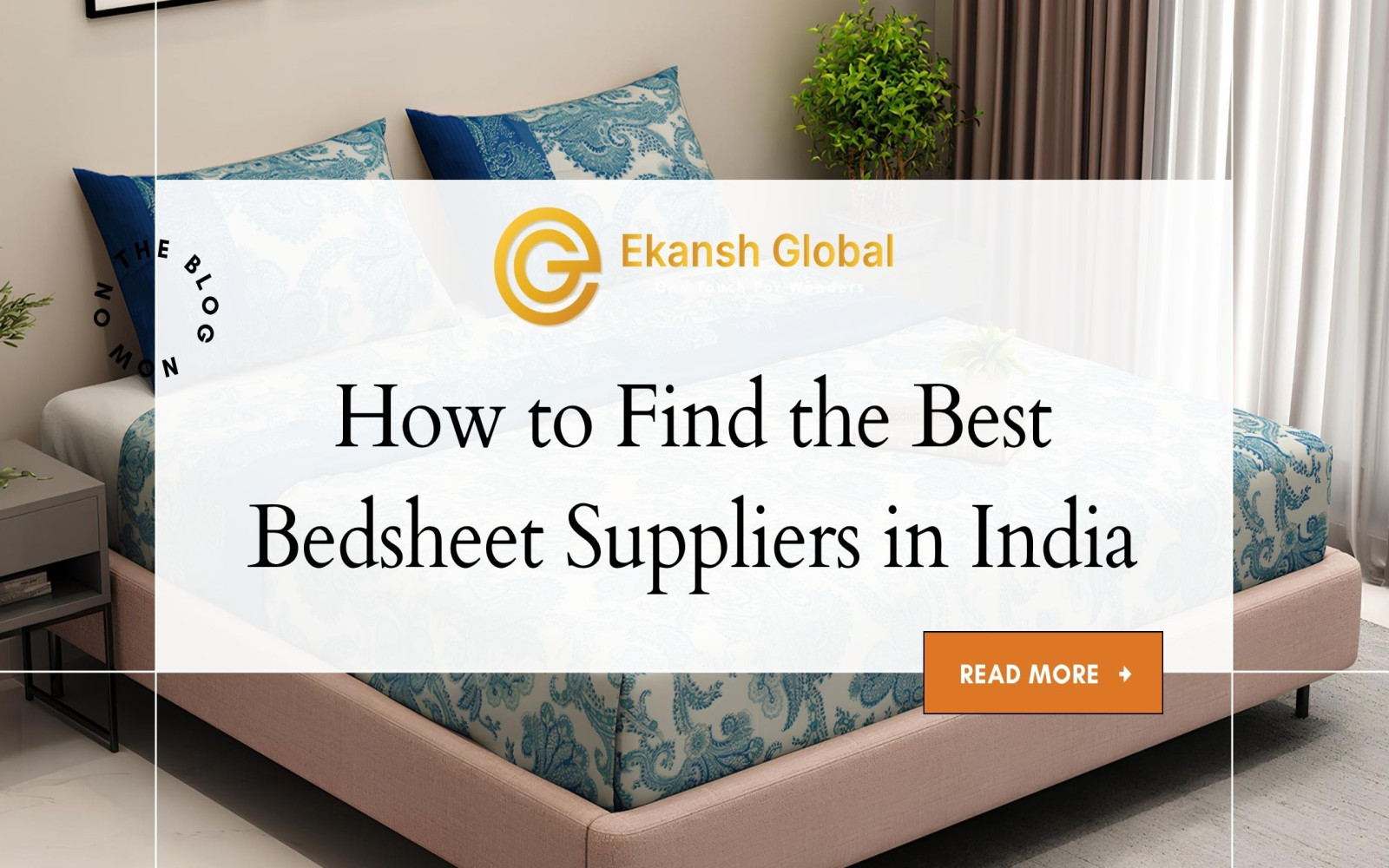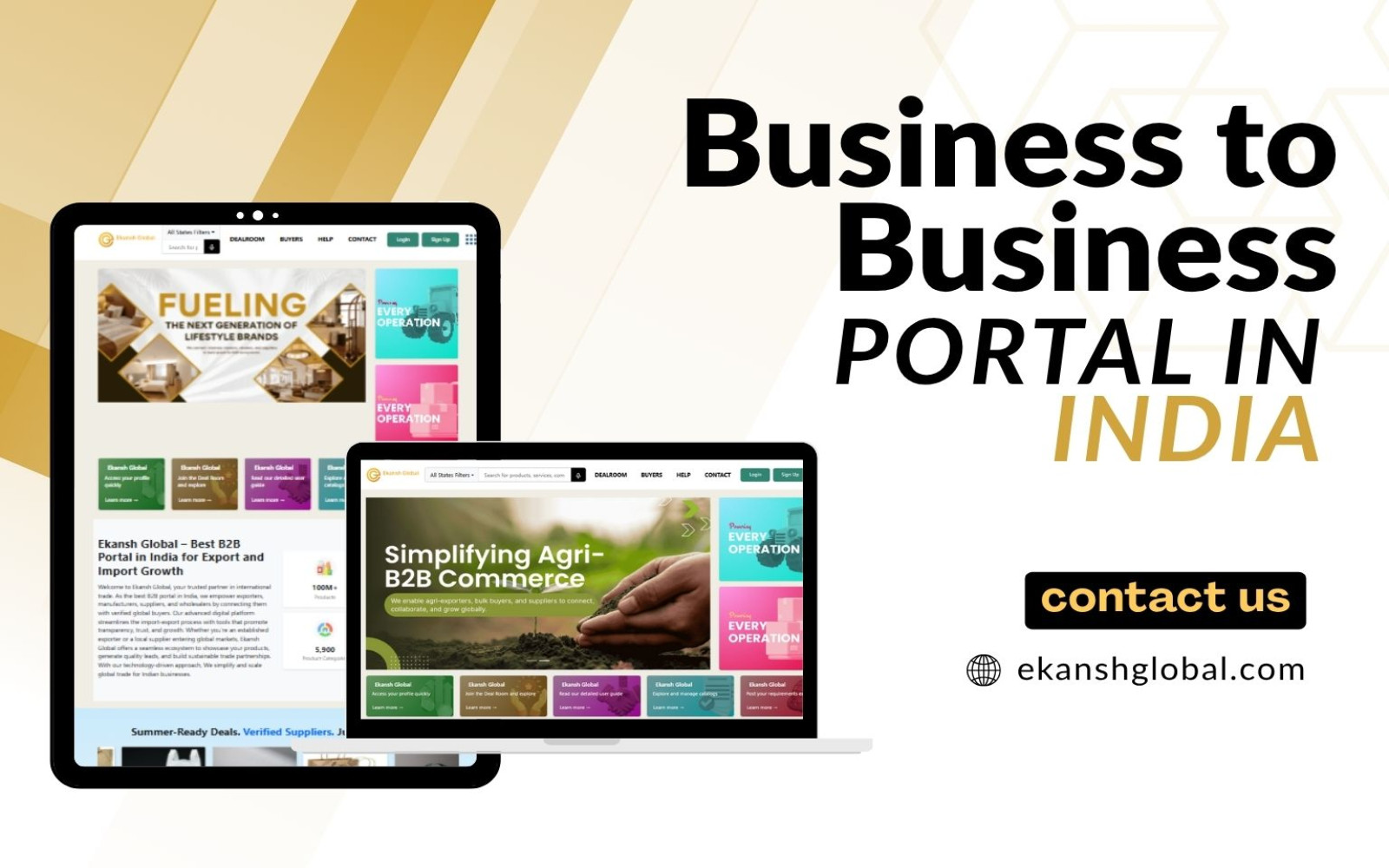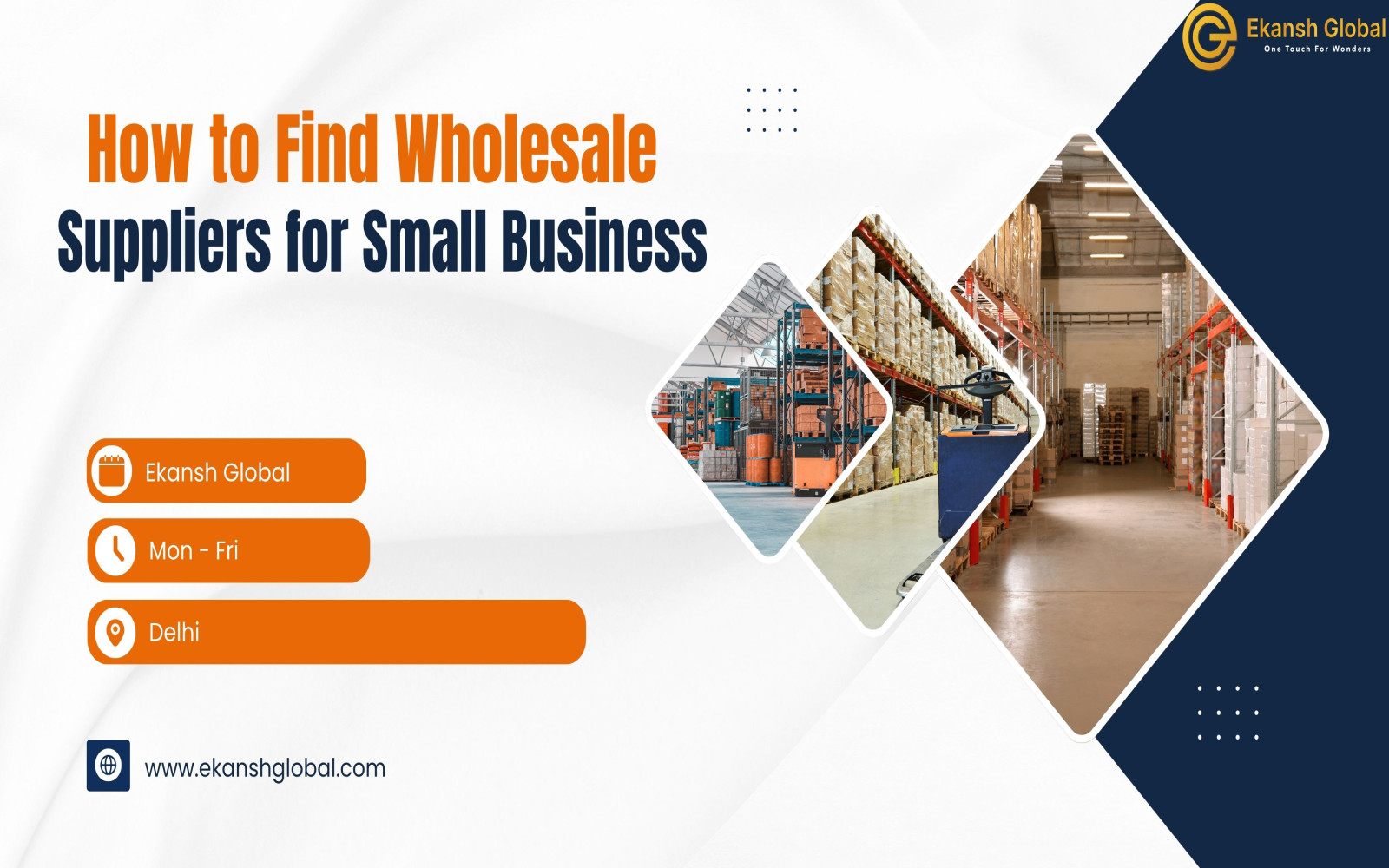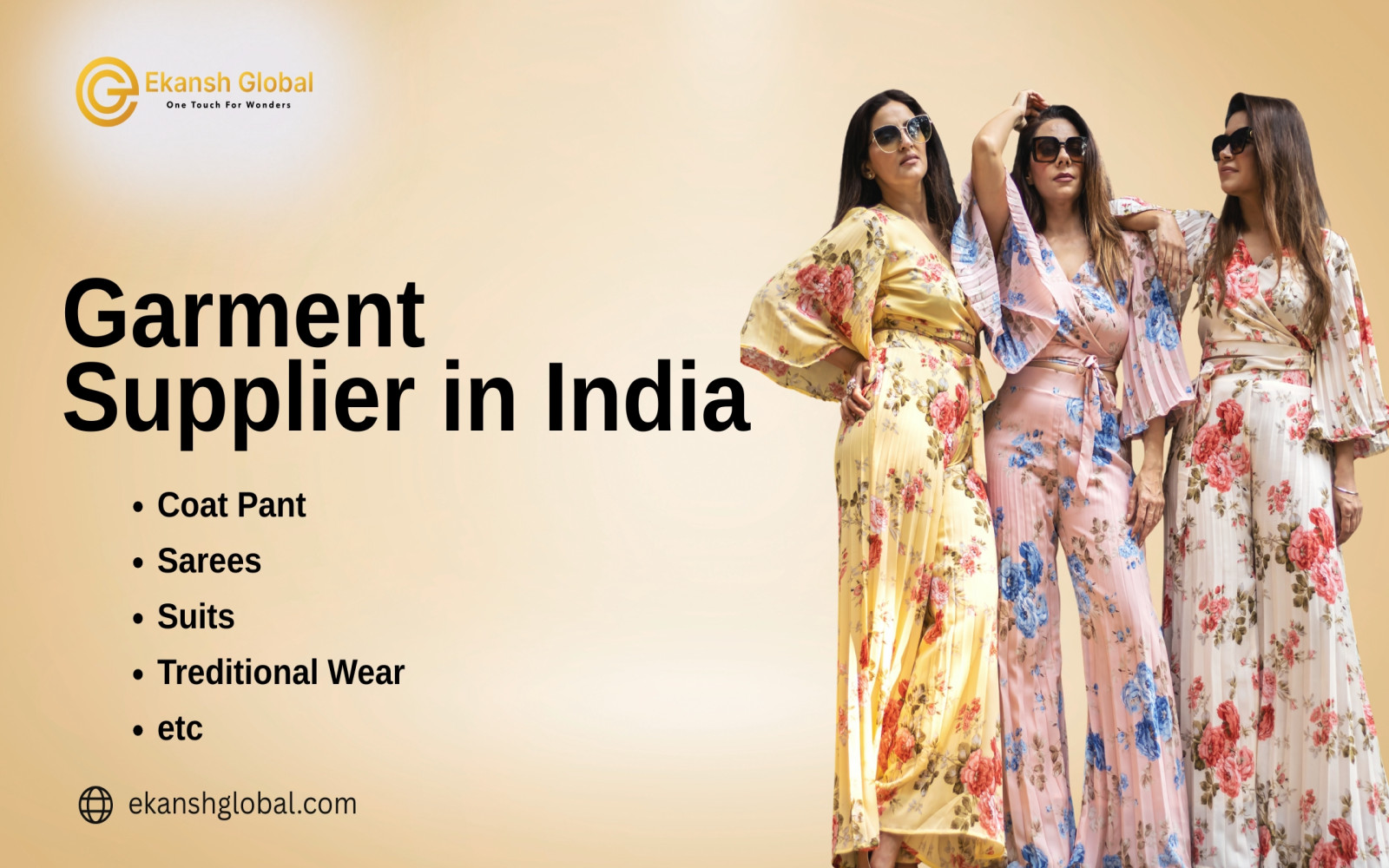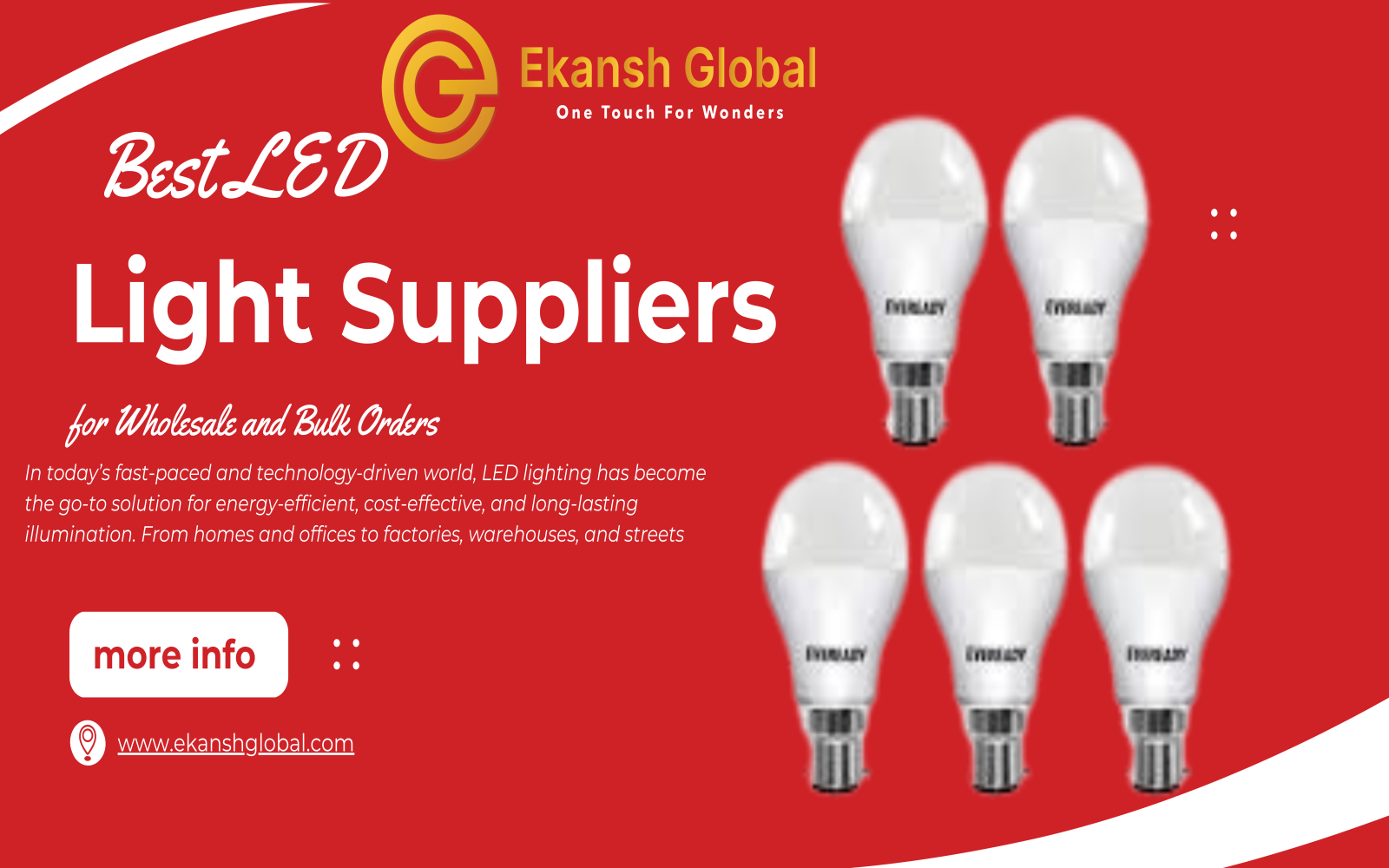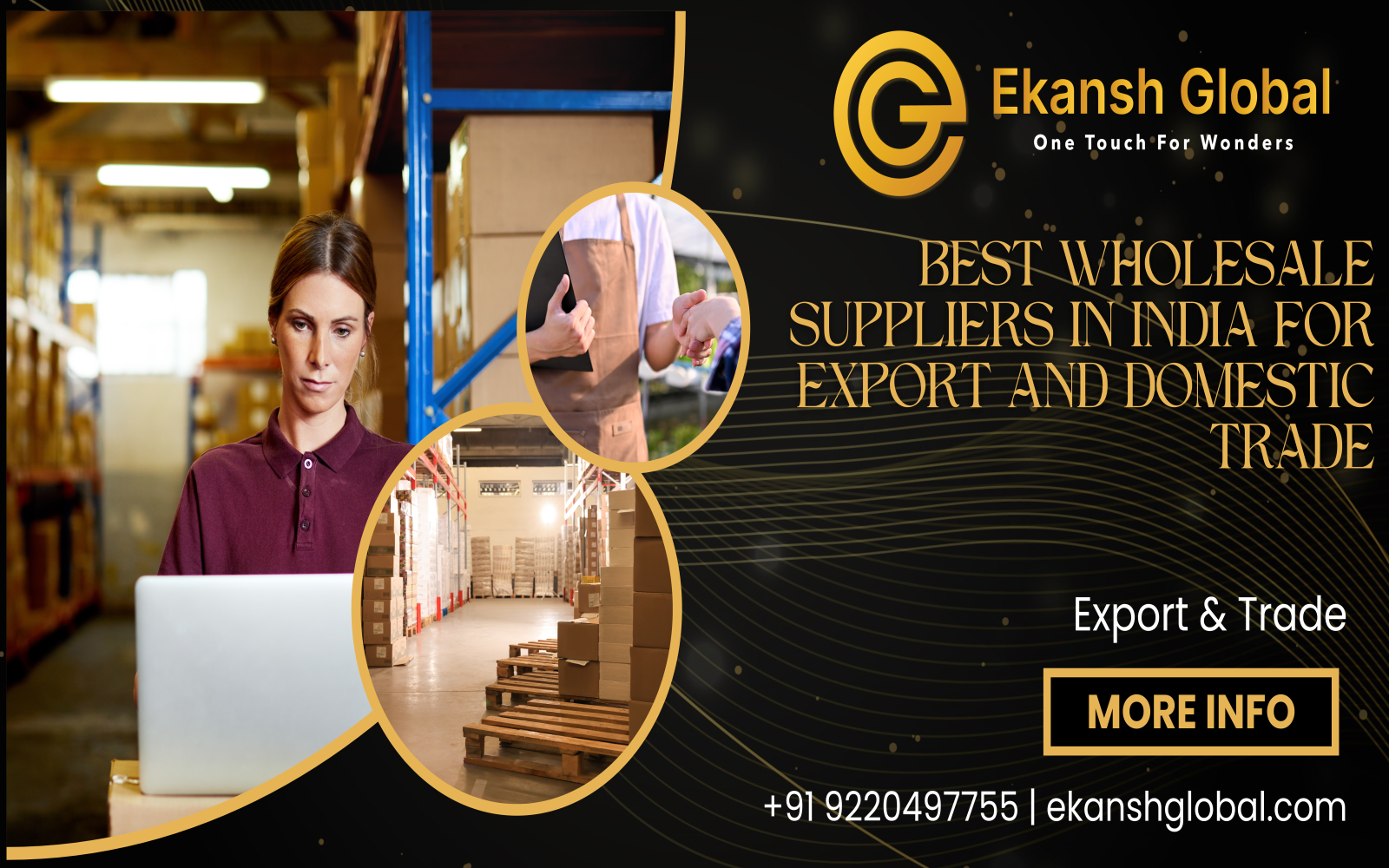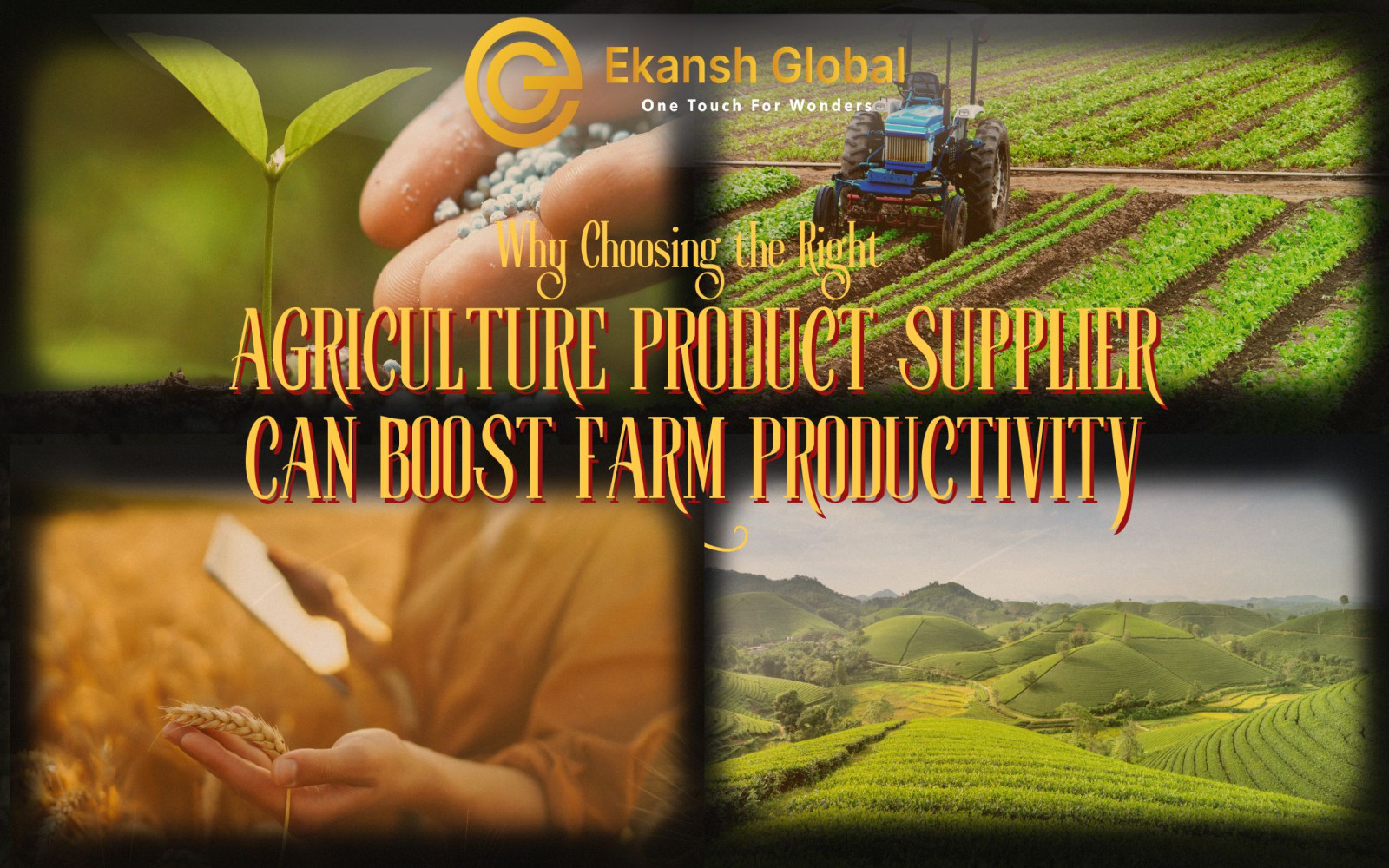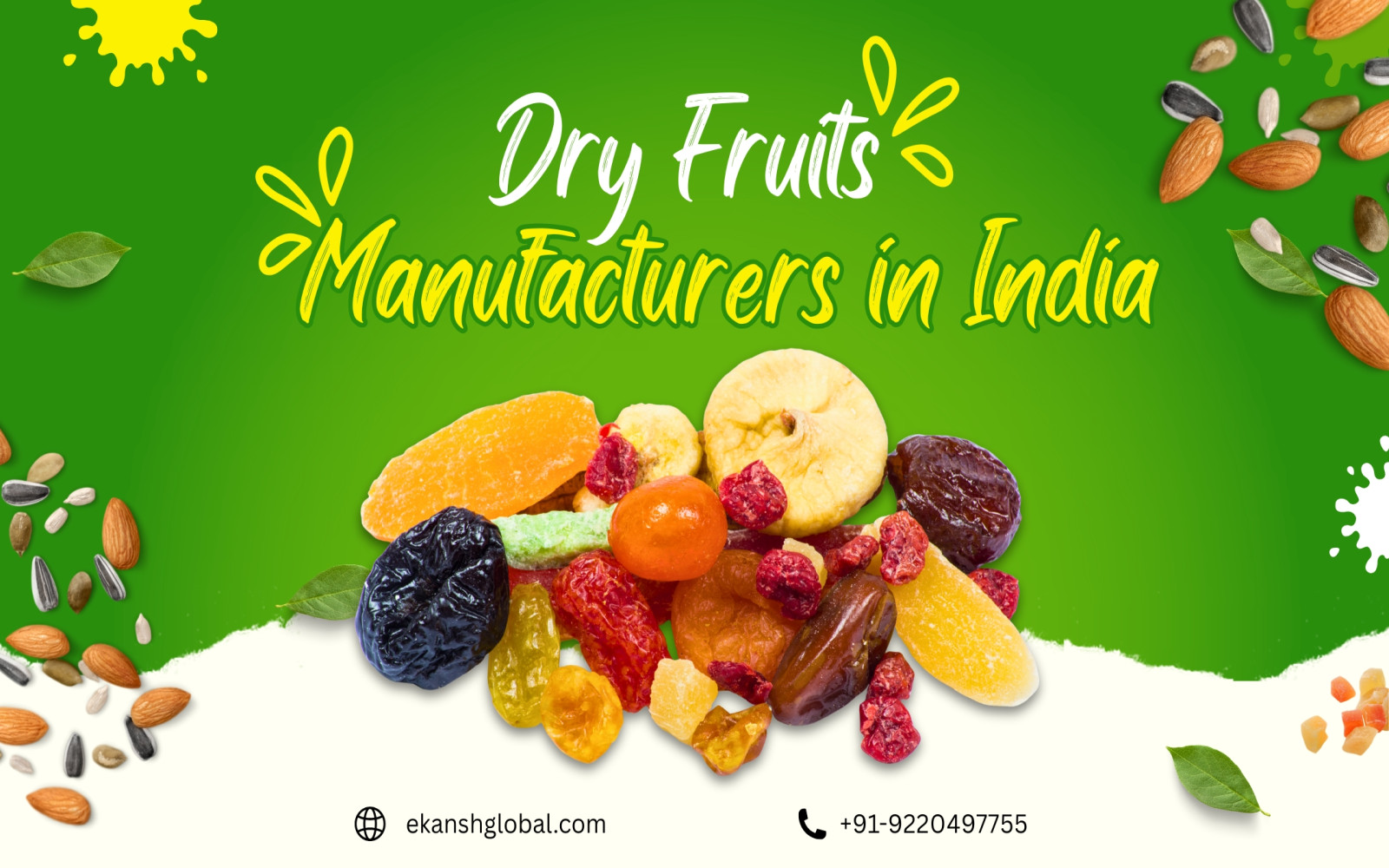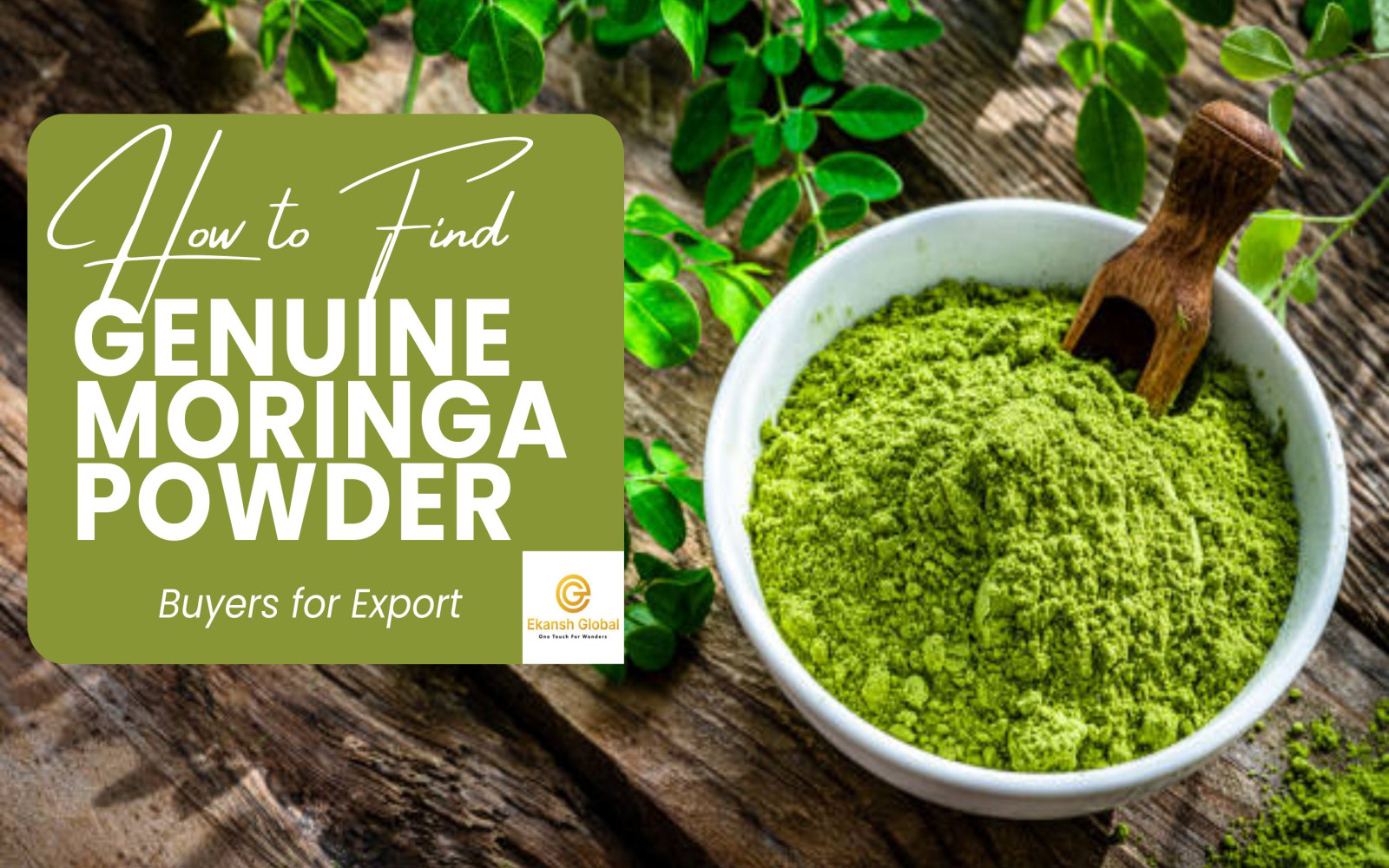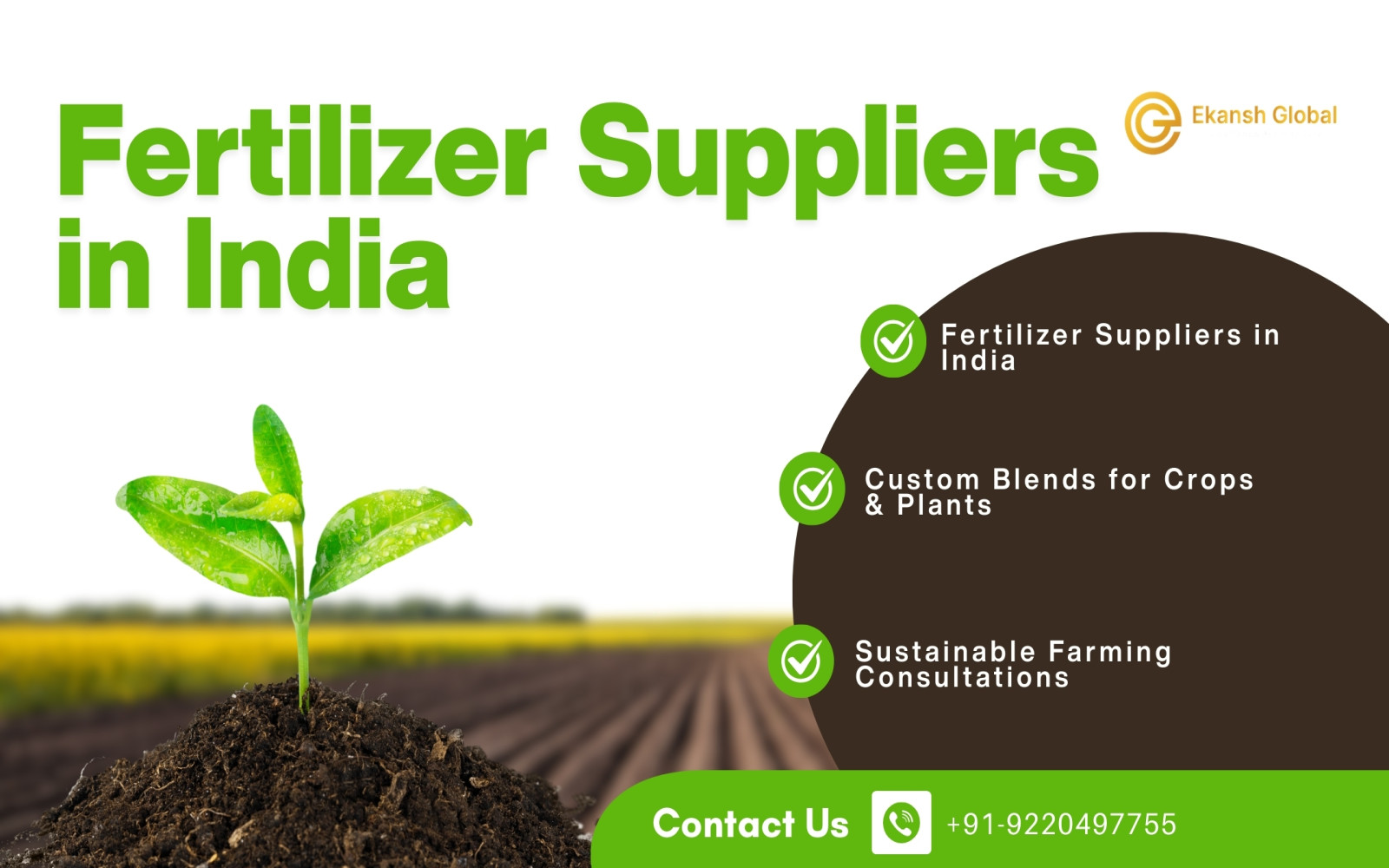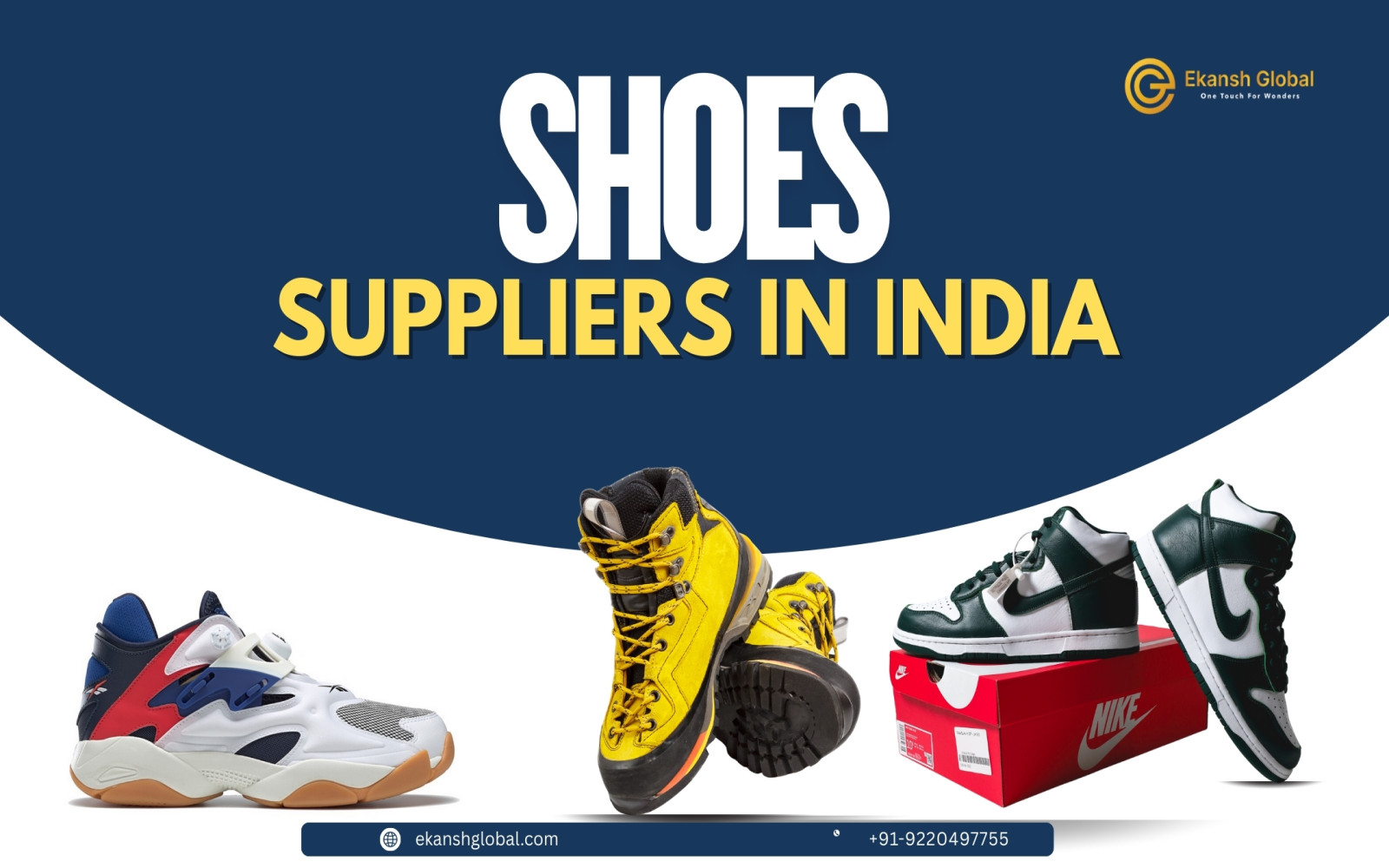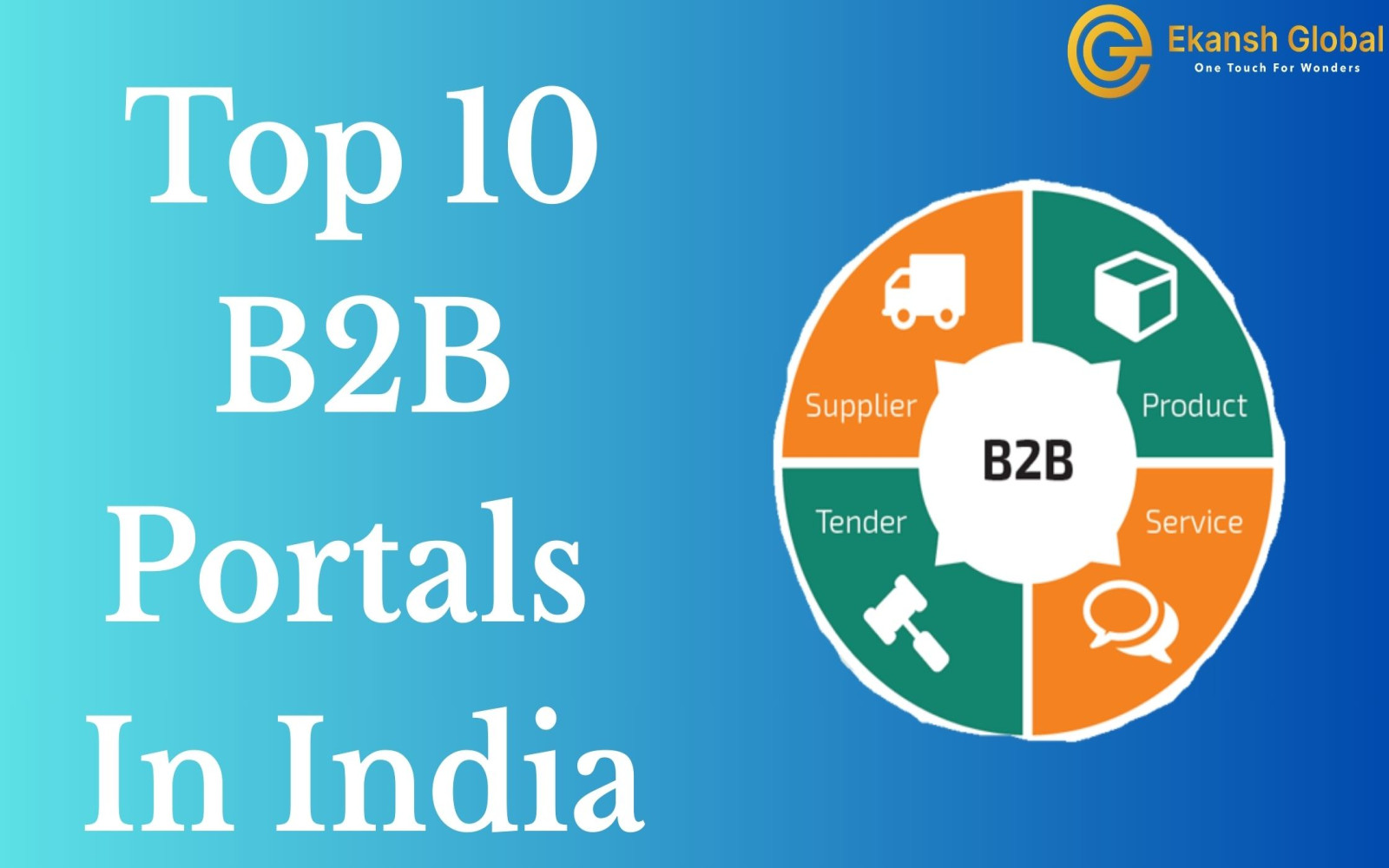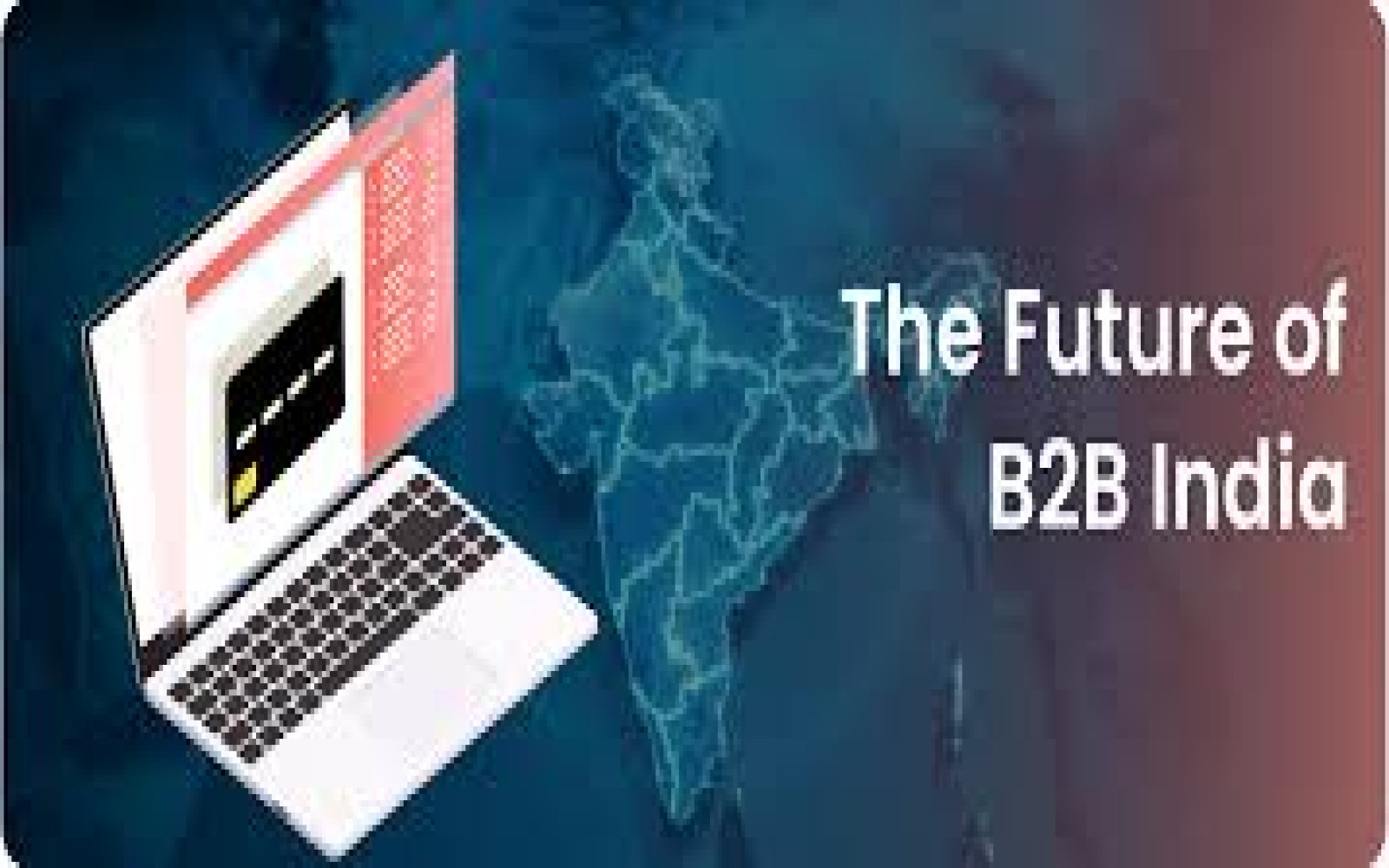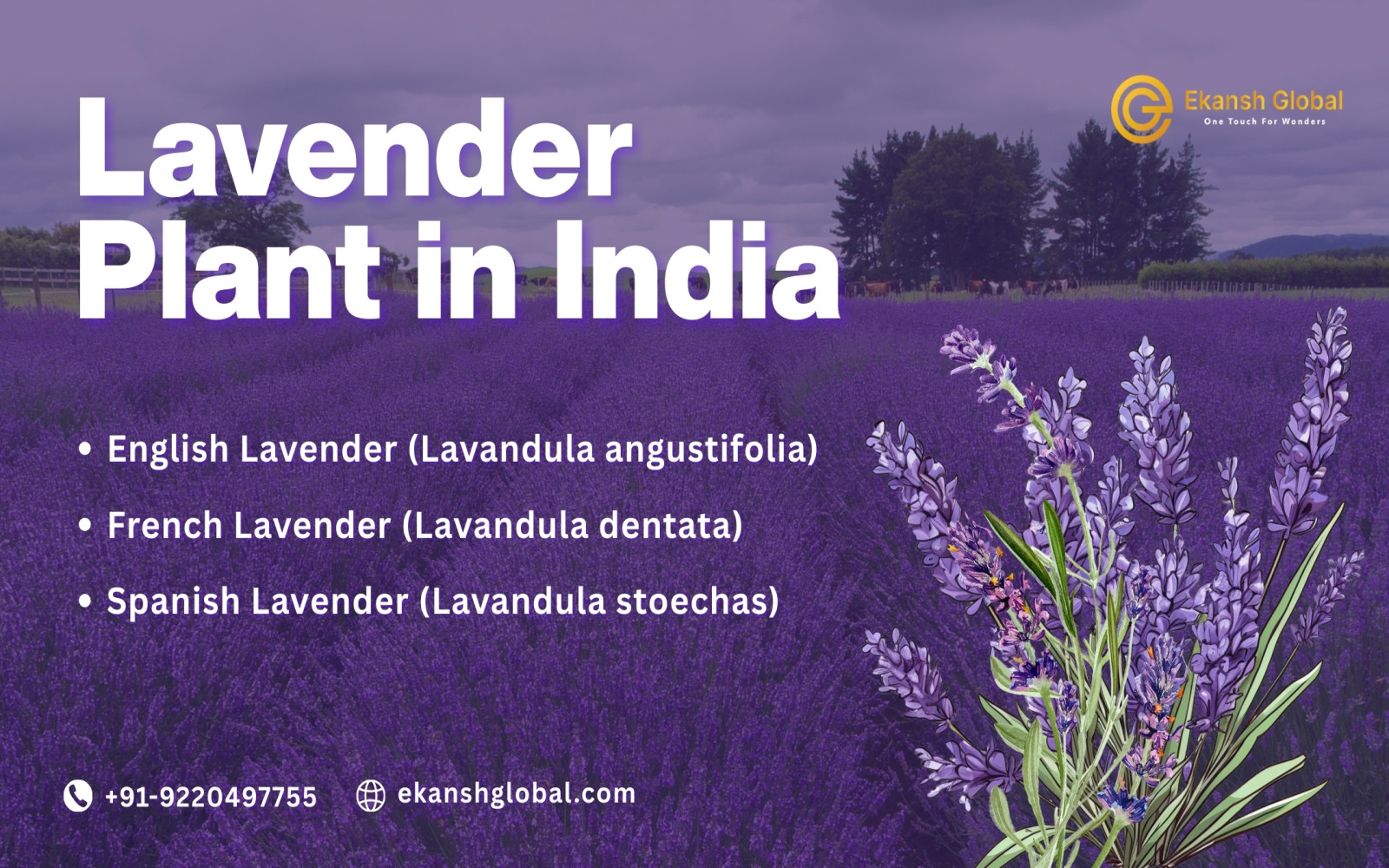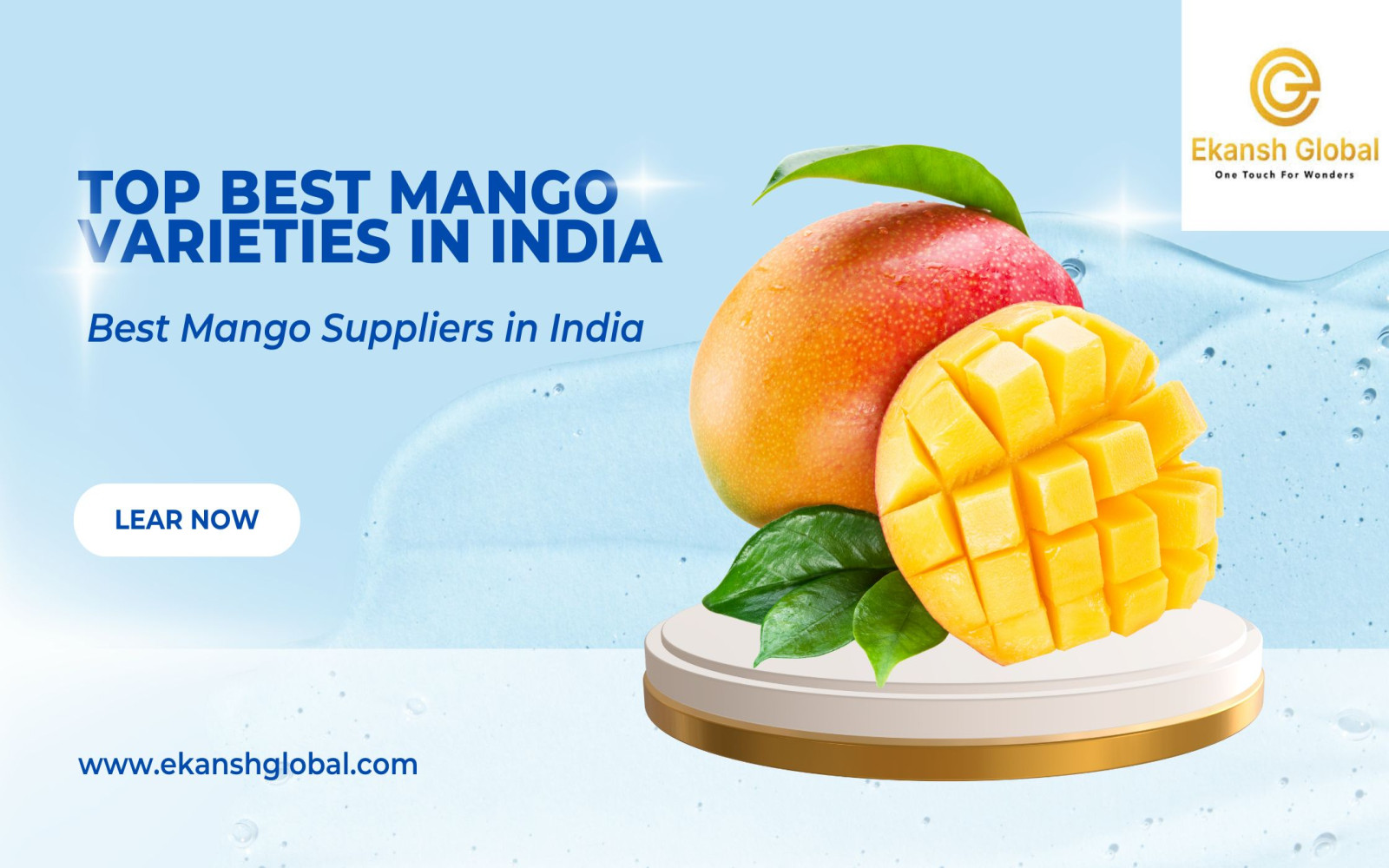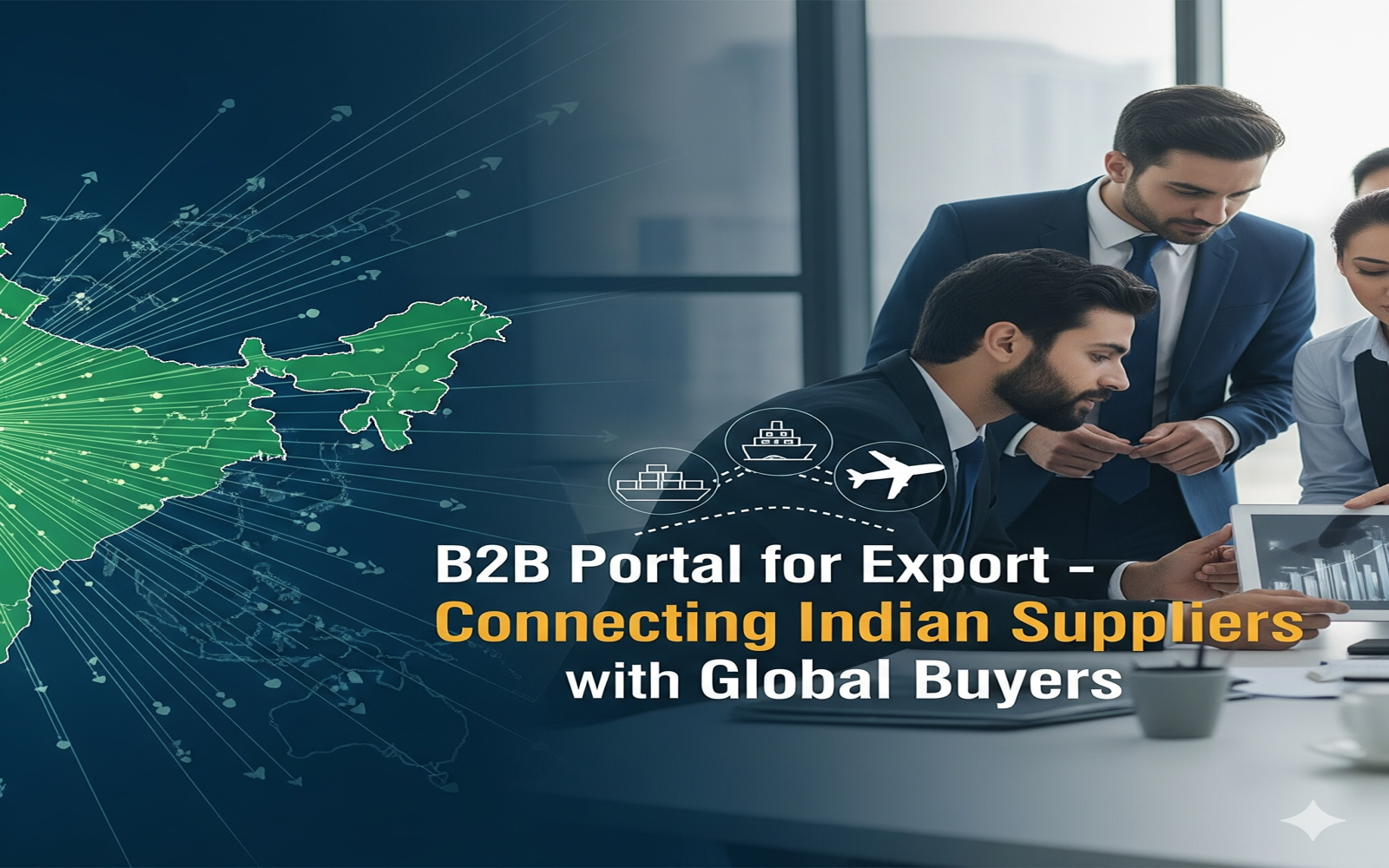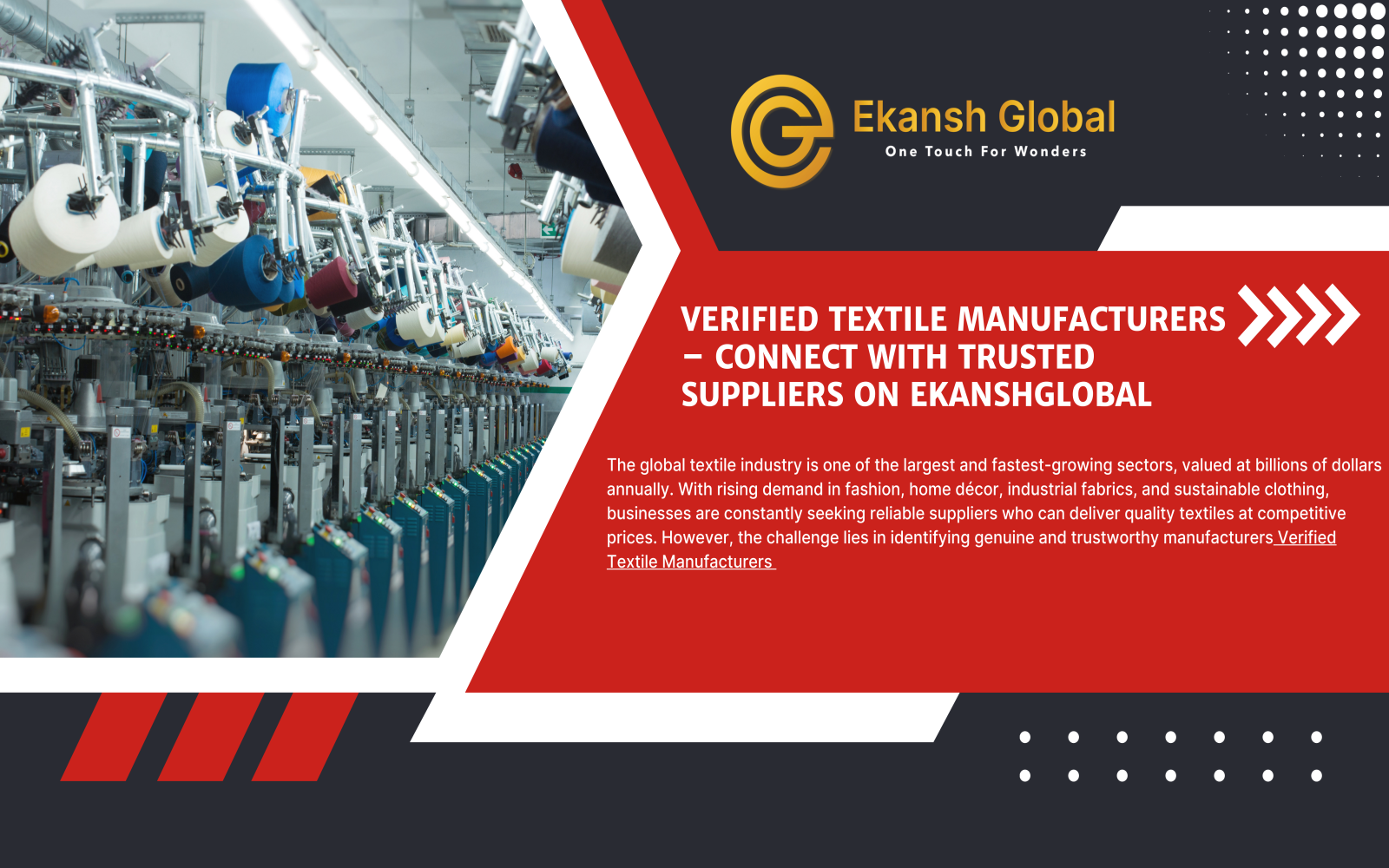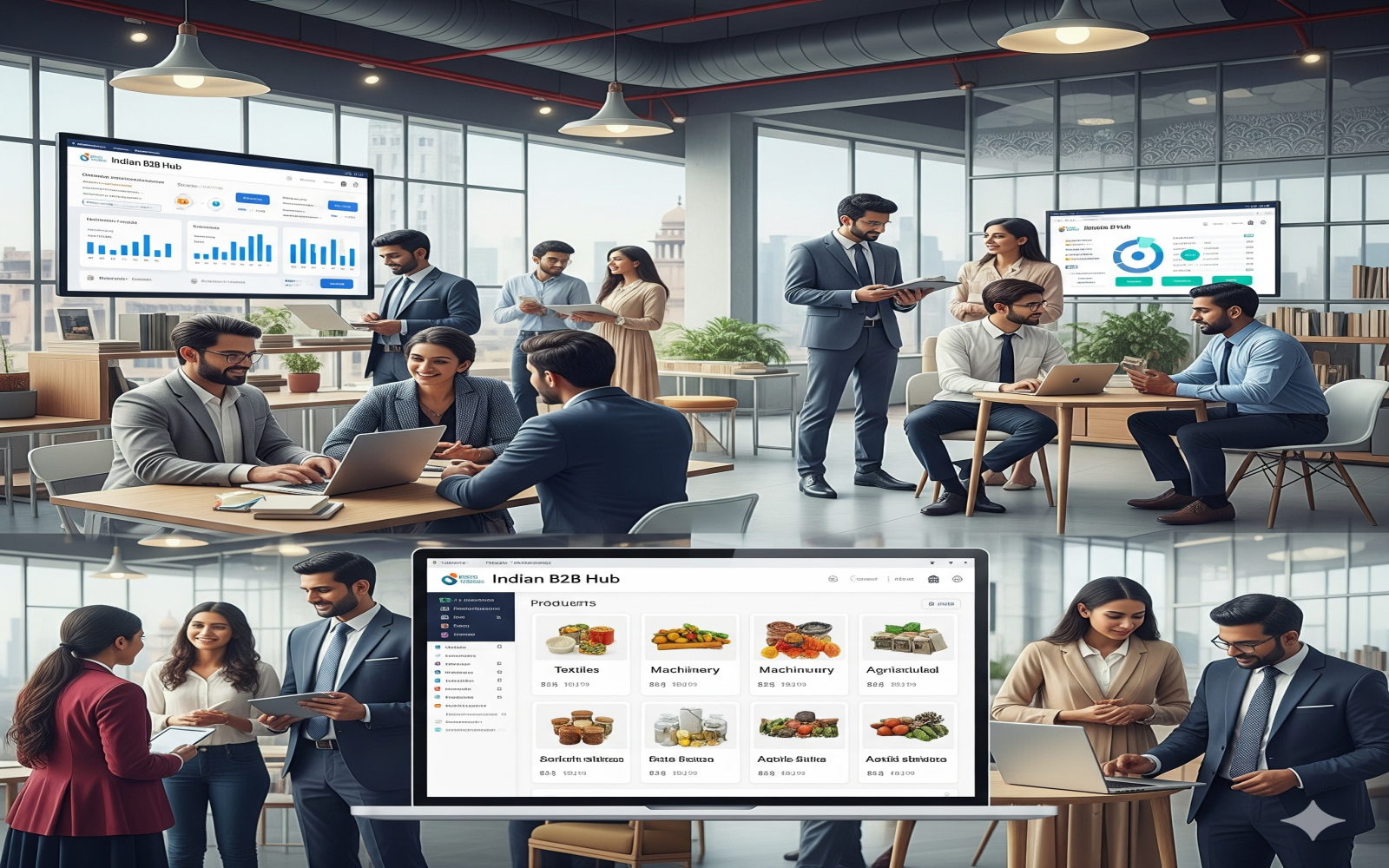Garment Supplier Guide 2025 | How to Find the Best for Your Business
Posted By: Admin
A garment supplier plays a crucial role in the global textile and fashion industry, acting as the bridge between manufacturers and businesses such as retailers, wholesalers, fashion labels, and e-commerce stores. They are responsible for delivering apparel in bulk or custom designs, ensuring that fashion trends meet the market demand efficiently and at competitive prices. Whether it’s high-street fashion, corporate uniforms, or traditional ethnic wear, garment suppliers cater to diverse needs across different industries.
In today’s competitive marketplace, choosing the right supplier is essential to maintain consistent quality, competitive pricing, and timely delivery, all factors that directly affect brand reputation and customer loyalty. The global apparel market is projected to cross $2 trillion by 2028, and India is emerging as one of the fastest-growing garment manufacturing and supply hubs due to its skilled workforce, raw material availability, and cost-effectiveness.
For businesses, partnering with a trusted garment supplier means more than just getting clothes, it means gaining a long-term partner who understands quality standards, fashion trends, and production efficiency. In this guide, we will explore different types of garment suppliers, how to select the right one for your business, and where to find the best suppliers in India.
Types of Garment Suppliers
The garment supply chain is diverse, and understanding the different types of suppliers can help businesses choose the right partner:
Wholesale Garment Suppliers – They sell ready-made garments in bulk at lower per-unit costs, catering to retailers, e-commerce stores, and distributors. They prefer competitive price and large sales volumes.
Custom Garment Suppliers – Specialize in producing garments according to specific designs, fabrics, and sizes provided by the buyer. They are ideal for brands looking to create unique fashion lines.
Export-Oriented Garment Suppliers – These suppliers focus on international markets, producing garments that meet global quality and compliance standards. They handle international shipping, certifications, and trend requirements.
Specialized Garment Suppliers – They cater to niche markets, such as sportswear, uniforms, kids’ apparel, or ethnic wear. Their expertise in specific categories ensures high-quality, specialized products.
By understanding these categories, businesses can identify the supplier type that aligns with their requirements, budget, and target audience. Choosing the right type ensures a smooth sourcing process and higher profitability.
How to Choose the Right Garment Supplier
Finding the right garment supplier involves a detailed evaluation of several factors to avoid costly mistakes. The first step is to evaluate quality assurance standards. Check if the supplier follows recognized certifications such as ISO, OEKO-TEX, or SA8000, which guarantee product safety, durability, and ethical manufacturing practices.
Next, analyze pricing and minimum order quantities (MOQs) to ensure they align with your business capacity. While low prices might be tempting, they should not come at the cost of quality. To evaluate the craftsmanship, cloth quality, stitching, and finishing, ask for samples.
Delivery timelines are another critical factor. Delays can disrupt retail schedules, leading to lost sales opportunities. Check the supplier's track record of dependable shipping and punctual delivery.
Reputation and reviews matter - check testimonials, online ratings, and case studies of their past work. A supplier with a strong industry presence and repeat customers is a safer choice.
Lastly, ensure they are open to transparent communication and provide clear contracts. A well-defined agreement covering quality standards, timelines, and payment terms minimizes risks and builds trust.
Key Qualities of a Reliable Garment Supplier
A reliable garment supplier goes beyond simply delivering orders they consistently add value to your business. Consistent product quality is one of the most important characteristics. This includes using premium fabrics, neat stitching, accurate sizing, and vibrant colors that withstand multiple washes.
Transparency is equally important. A trustworthy supplier maintains open communication about pricing, production schedules, and any unforeseen delays. They provide clarity on material sourcing, ensuring there are no hidden costs.
Strong production capacity is another crucial factor. This ensures that the supplier can scale up production during peak seasons without compromising quality or timelines. A reliable supplier should have modern manufacturing facilities, skilled labor, and the ability to handle urgent orders.
Ethical sourcing and sustainability practices are becoming essential in today’s fashion world. Many brands now demand eco-friendly fabrics, waste reduction policies, and fair labor conditions from their suppliers.
By choosing a supplier who meets these qualities, businesses can build long-term partnerships that contribute to both profitability and brand reputation.
Top Garment Supplier Hubs in India
India is home to some of the largest garment production hubs, each specializing in different apparel categories:
Tirupur, Tamil Nadu – Known as the "Knitwear Capital of India," specializing in T-shirts, sportswear, and kids’ apparel.
Ludhiana, Punjab – Famous for woolen garments like sweaters, cardigans, and thermal wear.
Surat, Gujarat – Renowned for sarees, dress materials, and ethnic wear fabrics.
Delhi & NCR – A hub for fashion wear, casual apparel, and export-oriented factories.
Jaipur, Rajasthan – Specializes in handcrafted textiles, block-printed fabrics, and ethnic garments.
These hubs not only cater to domestic demand but also export to global markets. Each region has developed expertise in specific garment categories, making it easier for buyers to source based on their product needs.
Benefits of Working with a Trusted Garment Supplier
Partnering with a reputable garment supplier offers multiple business benefits. First, it reduces production costs by leveraging economies of scale. Reliable suppliers source raw materials at competitive rates, ensuring you get better value for money.
Second, it allows scalability. Whether you need 500 pieces or 50,000, a trusted supplier can adjust production without delays.
Third, they maintain quality control, ensuring every product meets brand standards. This consistency helps maintain customer loyalty and brand reputation.
Lastly, established suppliers often provide access to trend-driven designs, helping businesses stay ahead in the competitive fashion market. By collaborating with them, you gain both operational efficiency and market advantage.
Common Challenges When Dealing with Garment Suppliers
While garment suppliers are essential for the fashion industry, businesses often face challenges that can affect operations and profitability. Delays in deliveries are among the most frequent problems. Even a slight delay can disrupt retail schedules, cause stock shortages, and lead to missed sales opportunities especially during festive or peak shopping seasons.
Another challenge is quality inconsistency. A supplier might deliver excellent samples but fail to maintain the same quality in bulk production. Issues like uneven stitching, inaccurate sizing, and fabric defects can result in costly returns and damage to your brand reputation.
Miscommunication in orders is also a frequent problem. Without clear documentation and constant follow-ups, misunderstandings can occur regarding fabric type, colors, patterns, or quantities.
Limited flexibility for small orders might be a problem for small enterprises. Many large-scale suppliers set high minimum order quantities (MOQs), making it hard for startups or boutique brands to source in smaller batches.
To overcome these challenges, it’s essential to establish a clear contract, conduct regular quality checks, and maintain open communication channels. Working with verified and reputed suppliers, preferably through trusted B2B platforms, can significantly reduce risks.
How Technology is Changing the Garment Supply Industry
With the development of technology, the supply chain for clothing has undergone significant change. B2B platforms like Ekansh Global, IndiaMART, and TradeIndia have made it easier for buyers to connect directly with verified garment suppliers, reducing the time and cost involved in sourcing.
Digital catalogs and virtual sampling now allow buyers to review designs, fabrics, and patterns online before placing orders. This accelerates the decision-making process and minimizes the requirement for real samples.
Artificial Intelligence (AI) is being used for trend prediction, helping suppliers and buyers stay ahead in fashion forecasting. AI can analyze consumer preferences, market trends, and seasonal demands to suggest the best-selling designs.
Suppliers are also adopting automation in manufacturing from automated cutting machines to smart sewing technologies ensuring faster production and consistent quality.
Blockchain technology is being introduced for supply chain transparency, allowing buyers to track the journey of a garment from raw material sourcing to final delivery.
This technological shift not only enhances efficiency but also builds trust between suppliers and buyers, making the garment supply industry more reliable and globally competitive.
Steps to Start Working with a Garment Supplier
A planned approach is necessary when partnering with a clothing supplier to guarantee a successful commercial partnership.
Step 1: Research and Shortlist – Use online B2B directories, trade fairs, and networking events to identify potential suppliers.
Step 2: Request Samples – Always test quality by requesting samples before bulk orders. Check stitching, fabric, fit, and finishing.
Step 3: Negotiate Pricing & MOQs – Ensure the pricing structure is sustainable for your business. Discuss minimum order quantities, discounts, and payment terms.
Step 4: Check Certifications – Ensure the supplier follows quality and ethical standards such as ISO or OEKO-TEX.
Step 5: Sign Contracts – Clearly mention product specifications, timelines, payment schedules, and penalties for delays.
Step 6: Start with a Trial Order – Place a smaller order to test reliability before committing to long-term business.
By following these steps, you can minimize risks, establish trust, and build a lasting supplier relationship that benefits both parties.
Conclusion & Call to Action
In the fast-moving world of fashion and apparel, finding a trusted garment supplier can be the difference between a brand’s success and failure. From ensuring consistent product quality to providing competitive pricing and timely deliveries, the right supplier becomes a valuable business partner.
India, with its diverse textile hubs and skilled workforce, offers excellent opportunities for businesses to source high-quality garments for domestic and global markets. By understanding the different supplier types, evaluating their strengths, and using technology-driven platforms, you can connect with suppliers who match your business vision.
At Ekansh Global, we bridge the gap between buyers and verified garment suppliers, ensuring you work only with trusted partners. Whether you need bulk wholesale garments, custom designs, or export-quality apparel, we help you find the right match quickly and efficiently.
Contact Ekansh Global today to connect with reliable garment suppliers and grow your business with confidence.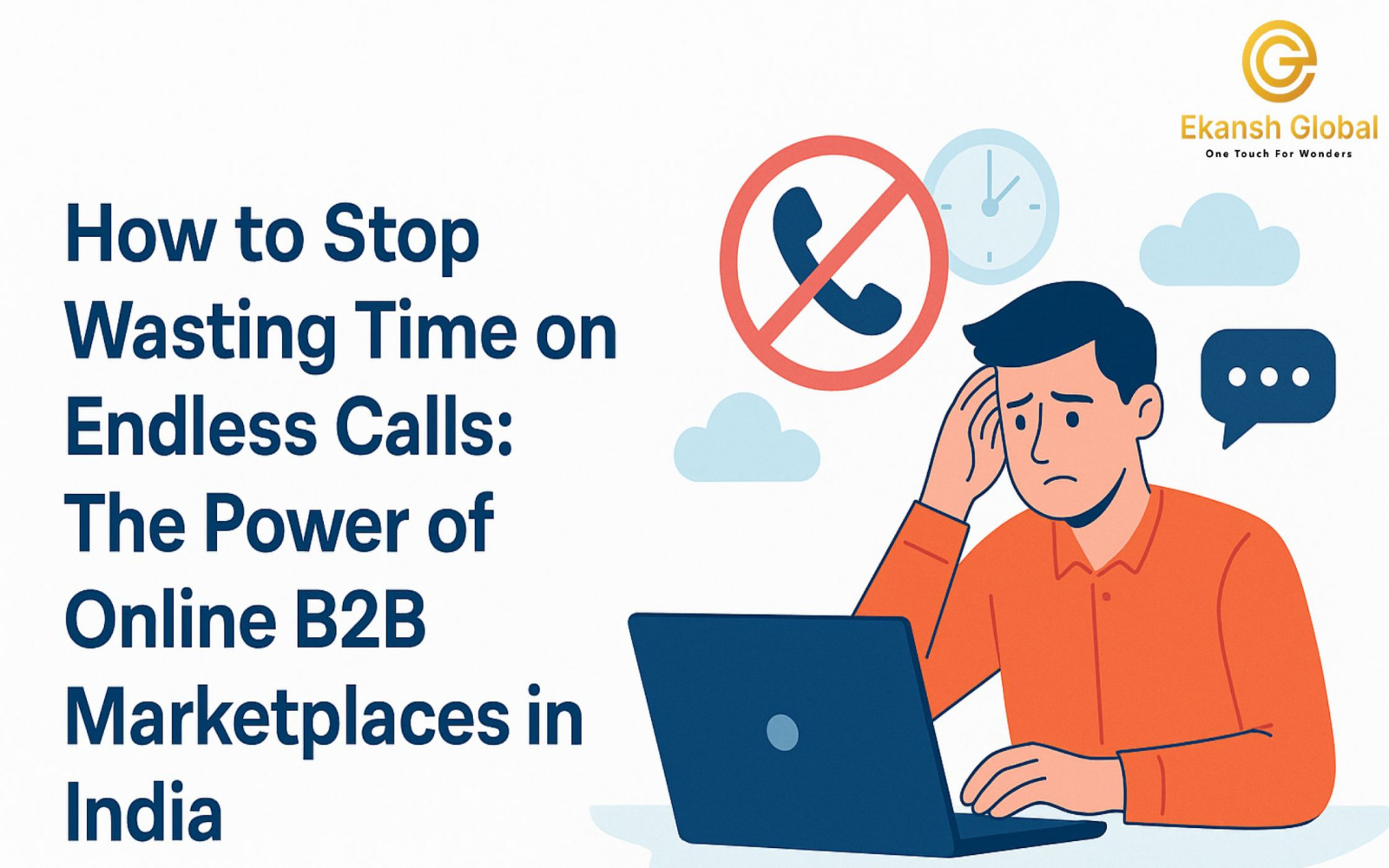
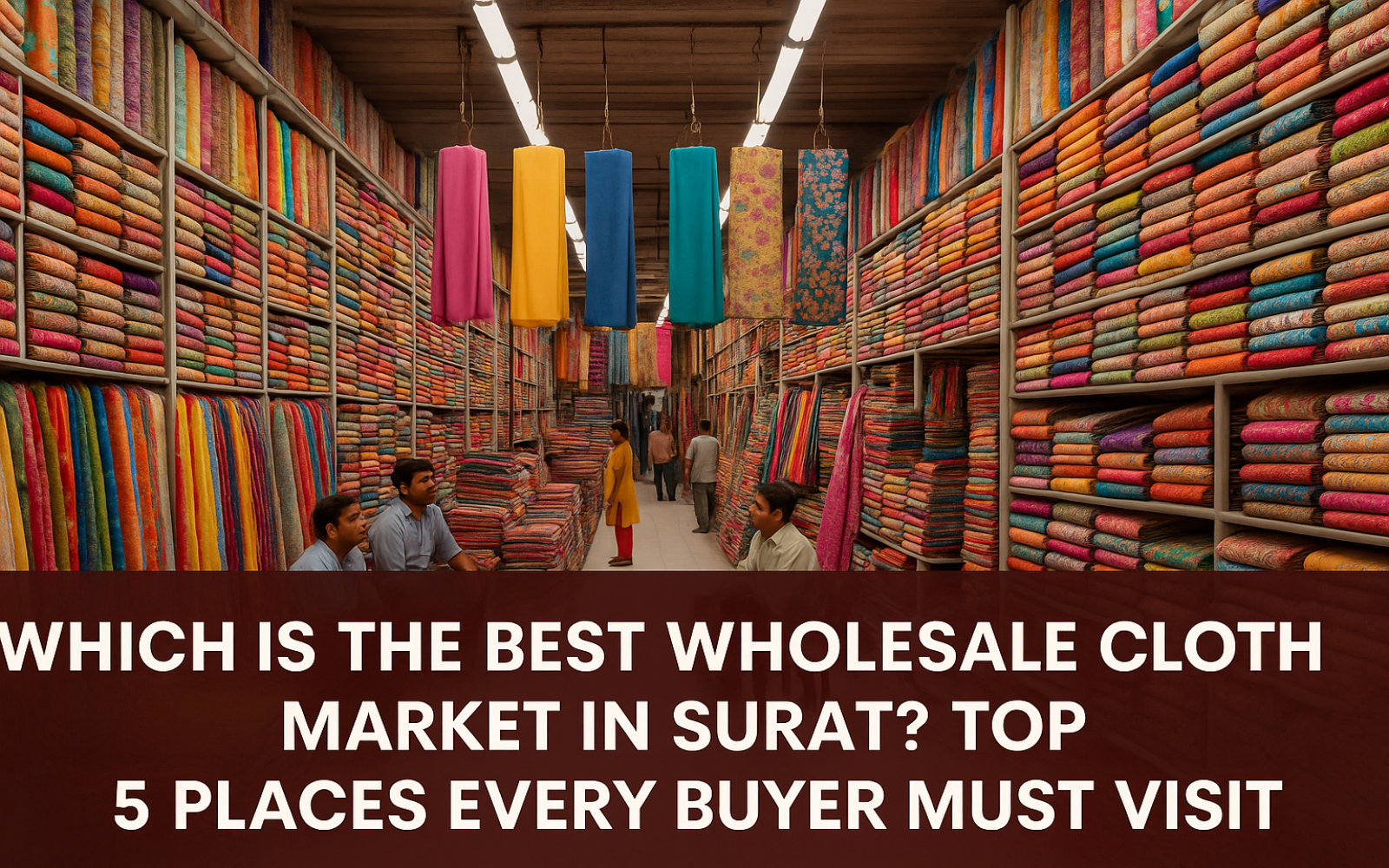
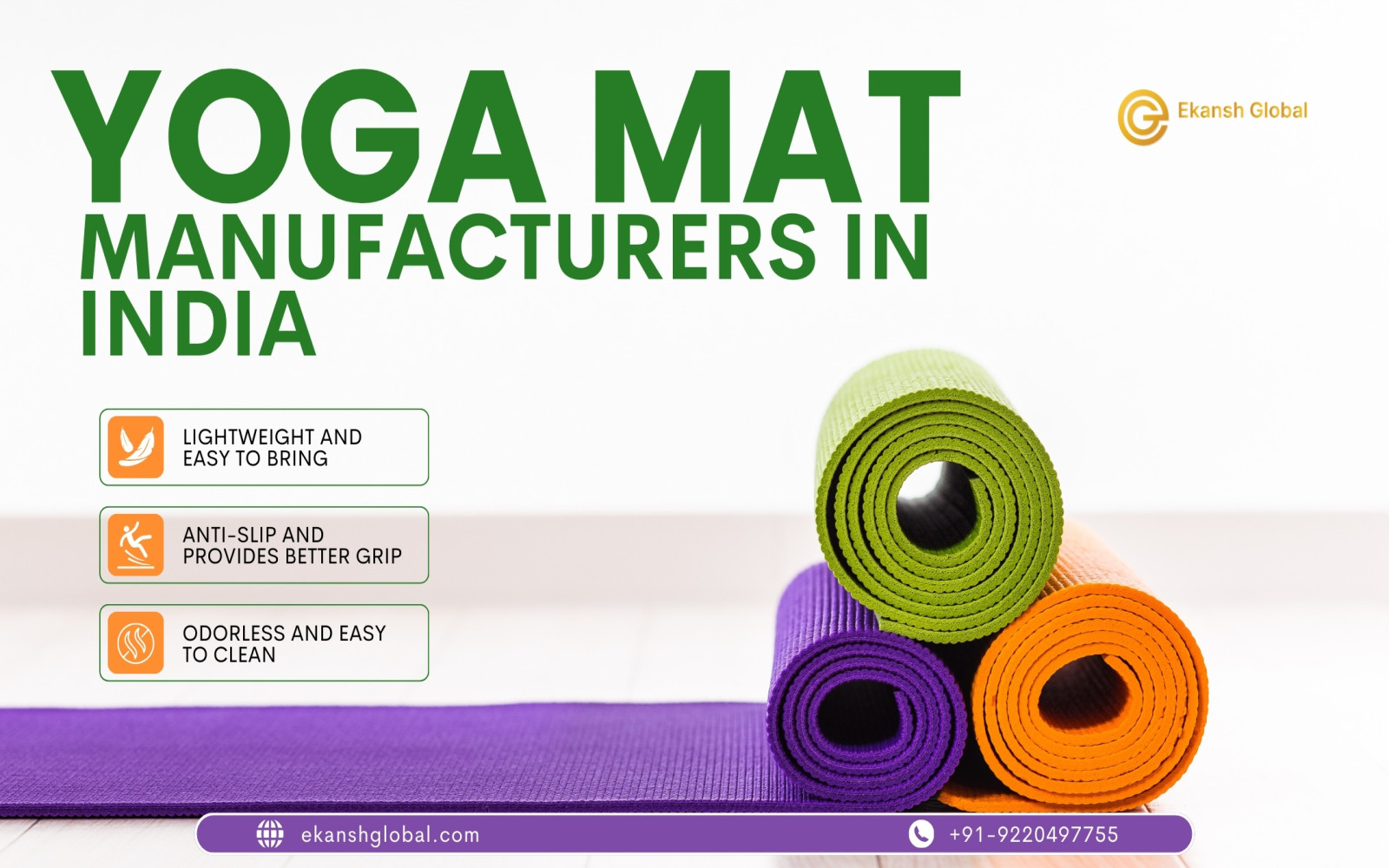
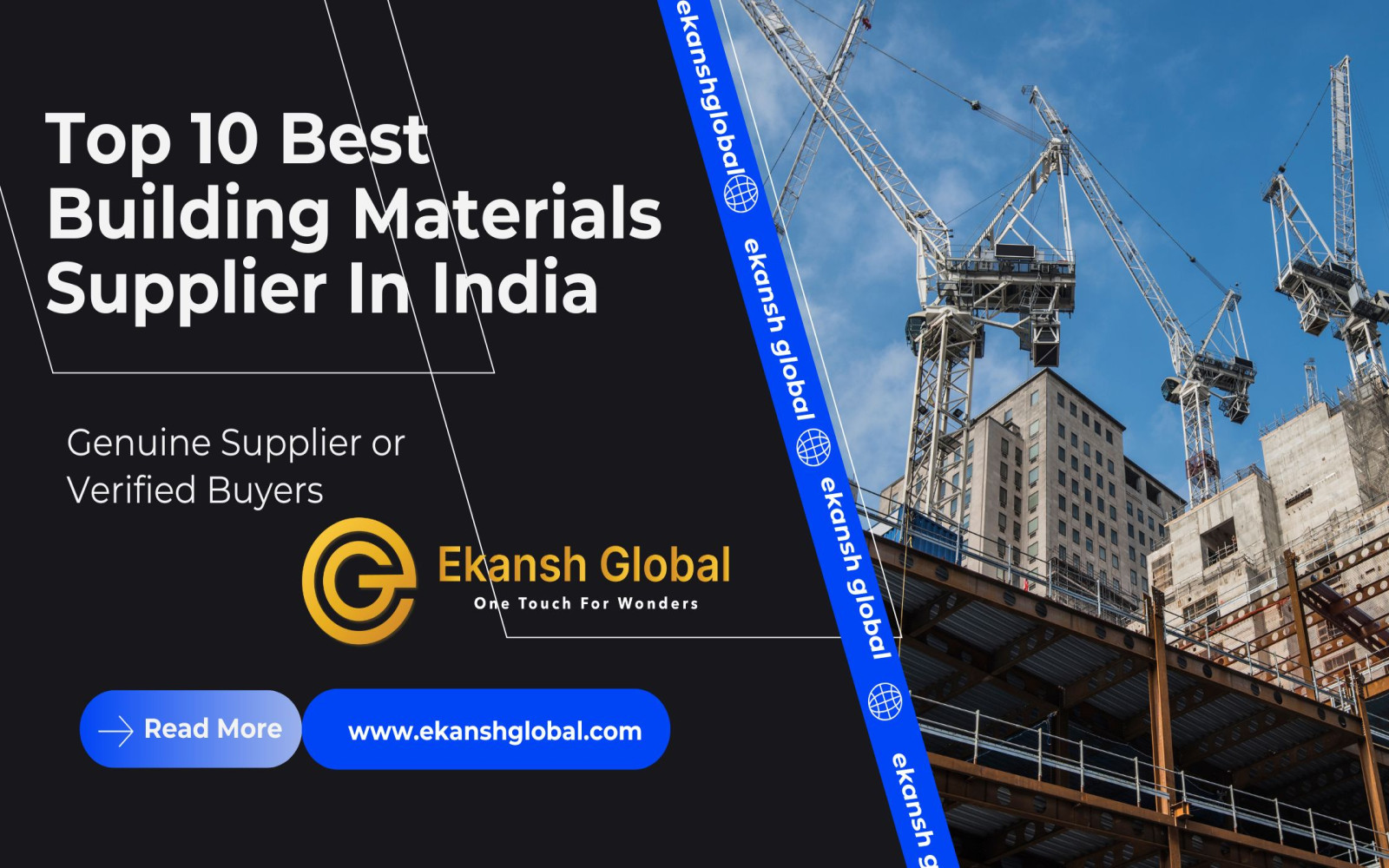
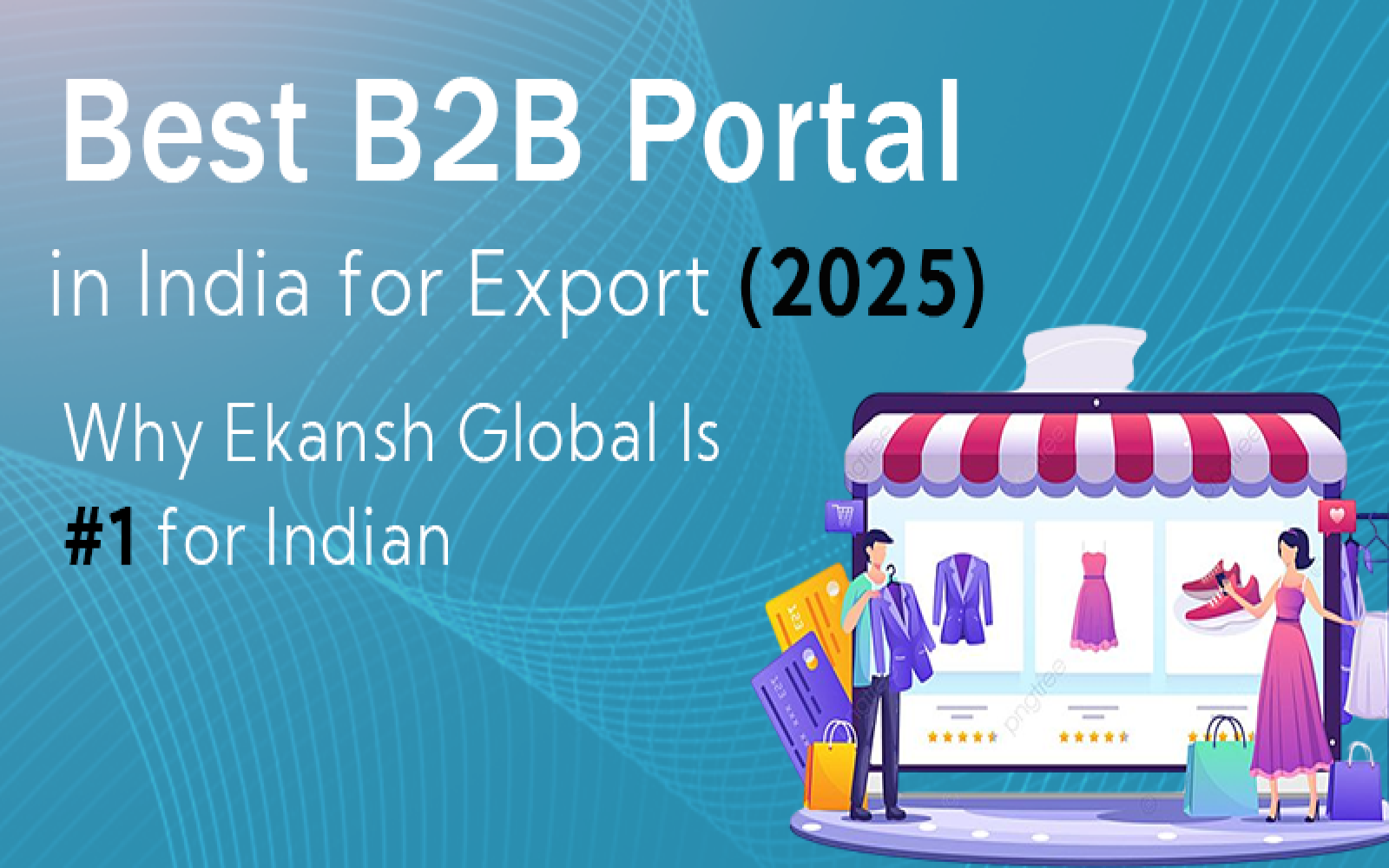

About Me

Ekansh Global Private Limited connects Indian products with global buyers, offering reliable export-import services to simplify and support safe, successful international trade for businesses worldwide.
EKANSH GLOBAL
Categories
- Agriculture
- Apparel & Fashion
- Auto & Automobile Accessories
- Construction & Building Material
- Gifts & Crafts
- Health & Beauty
- Home Supply
- Industrial Machinery
- Industrial Supplies
- Kitchen Utensils & Appliances
- Lab Instruments & Suppliers
- Leather
- Natural Stone
- Office Supplies
- Packaging & Paper
- Plastic
- Textiles & Fabrics
- Tools & Equipment
- F.M.C.G
- Ayurvedic and Herbal product
- Sports Goods / Equipment
- Stationery Products





